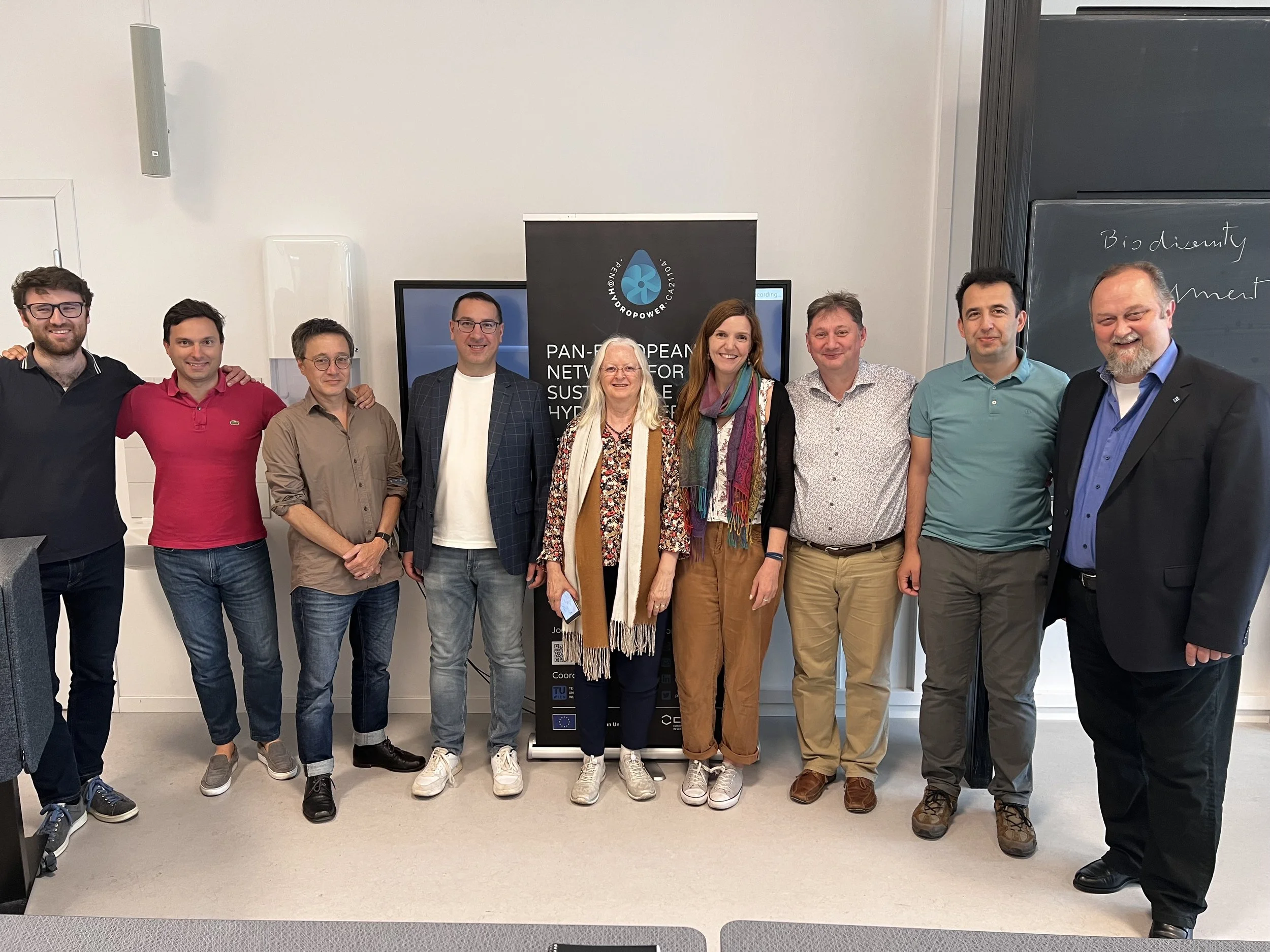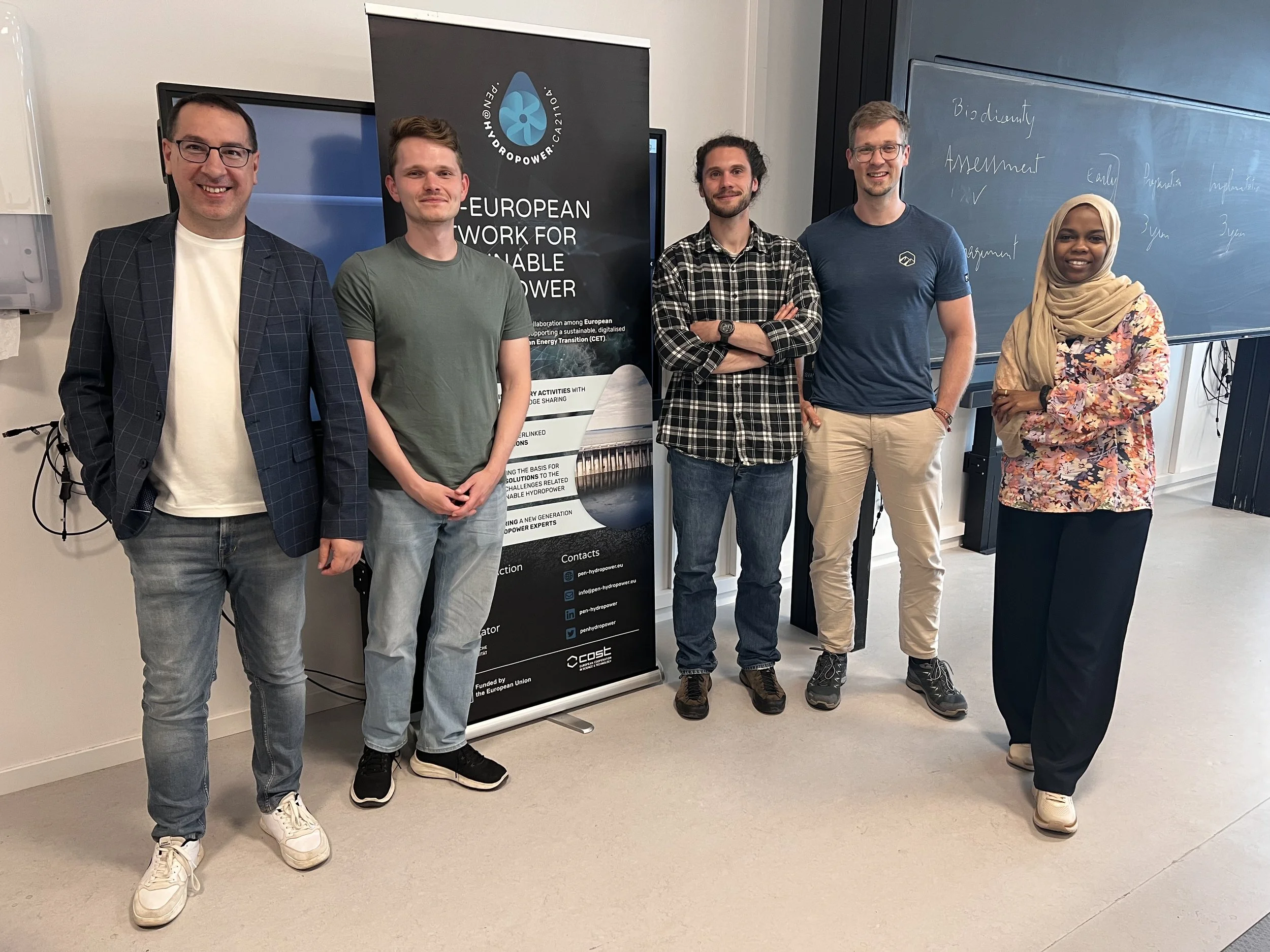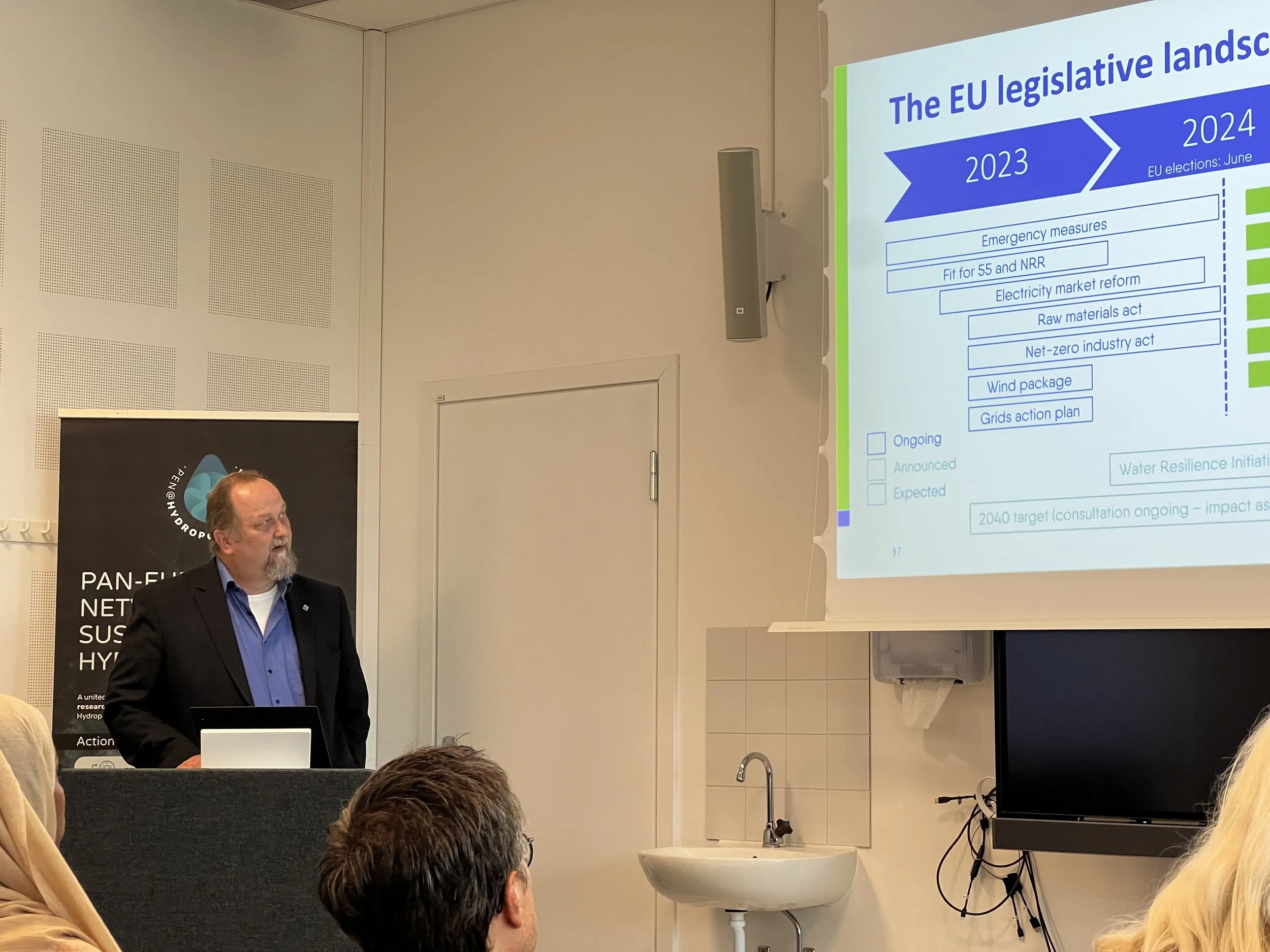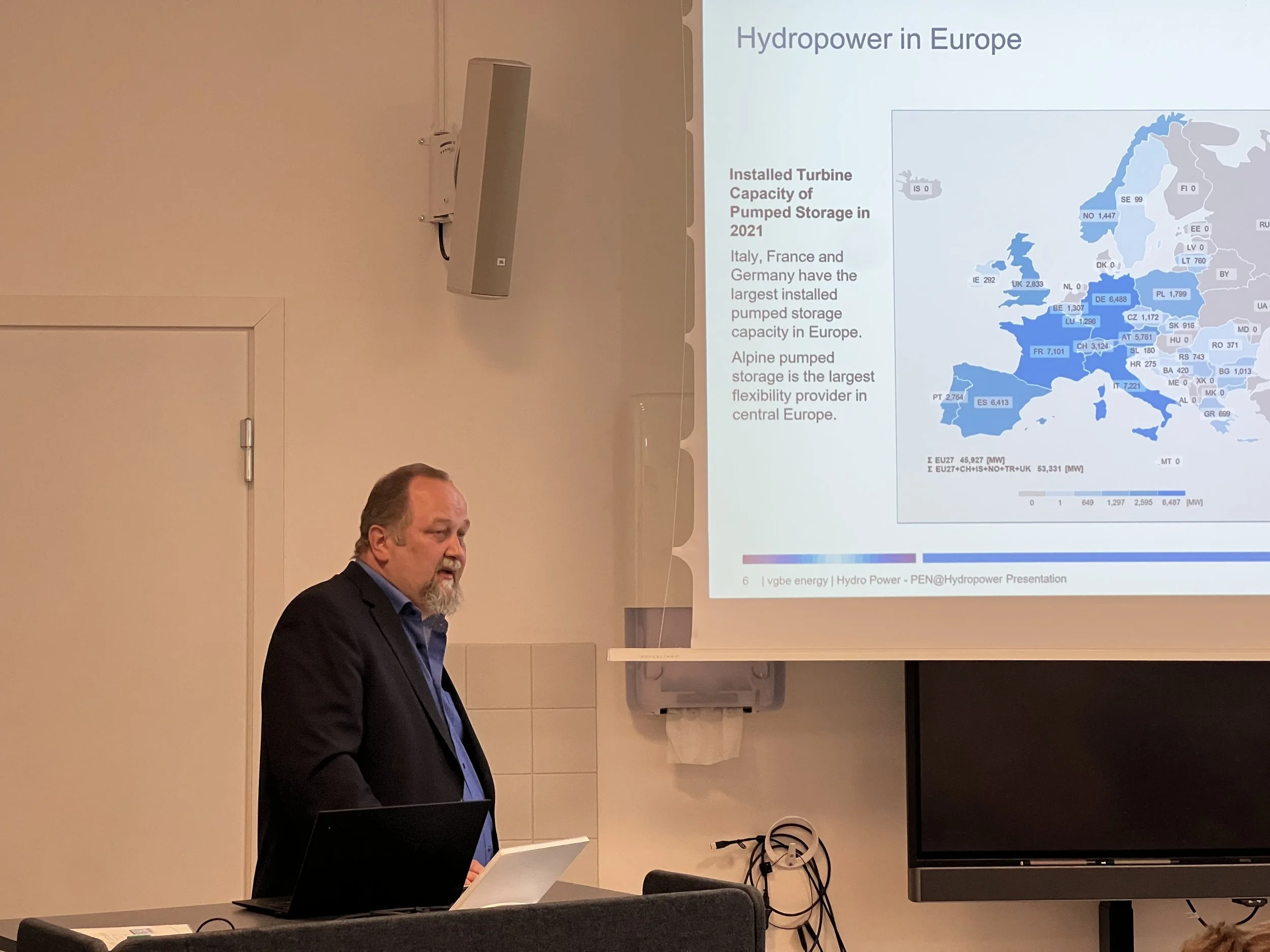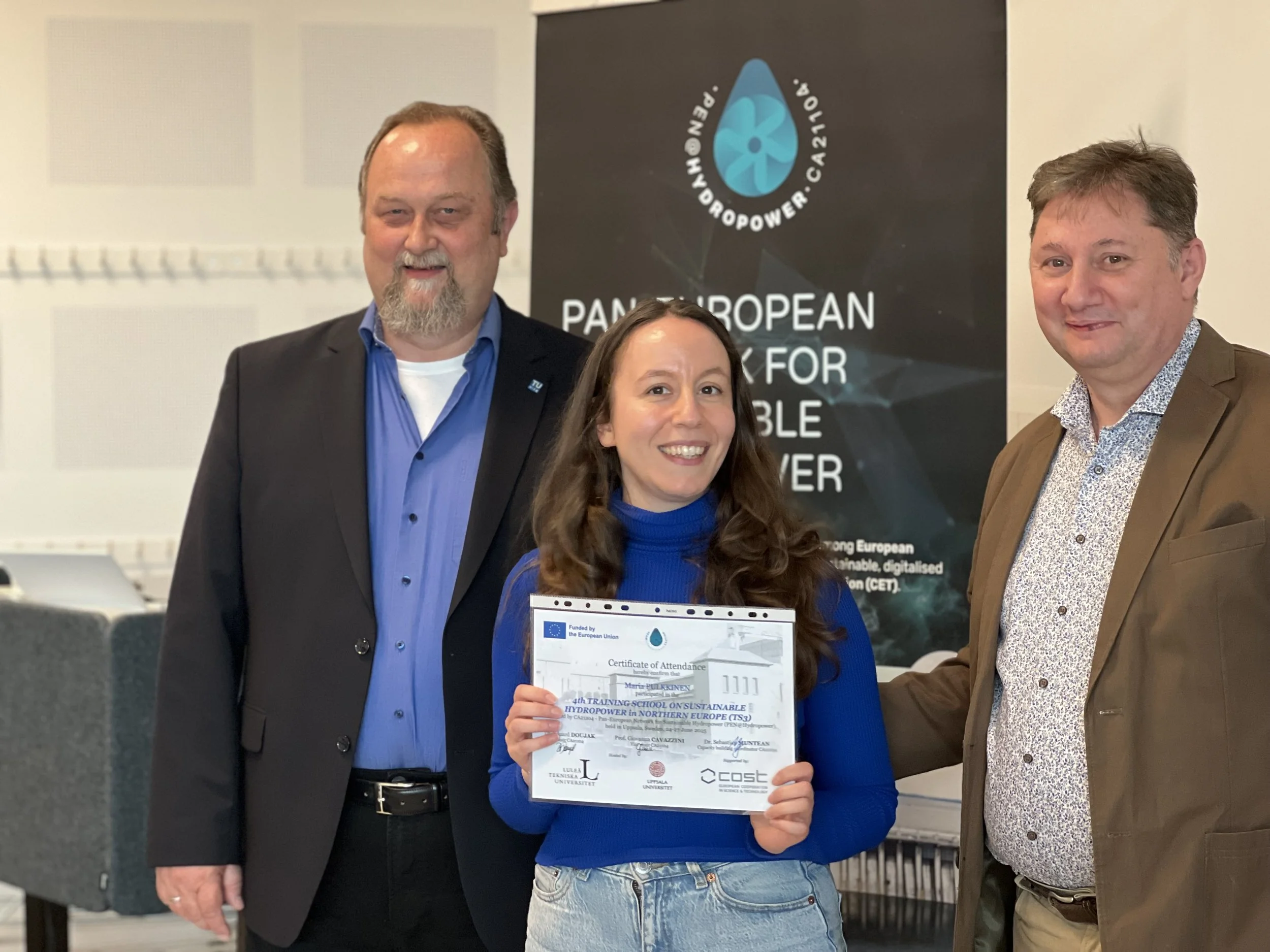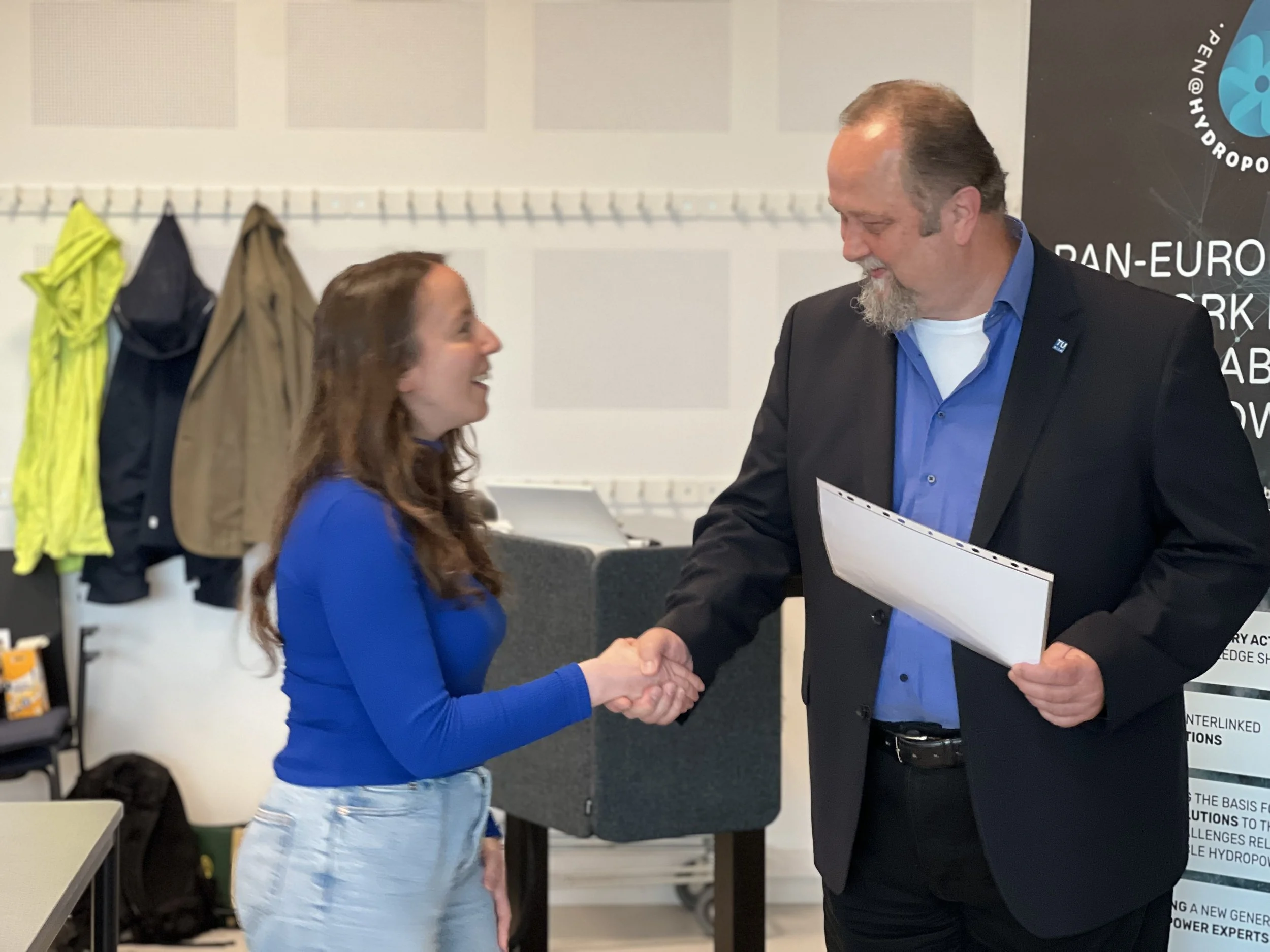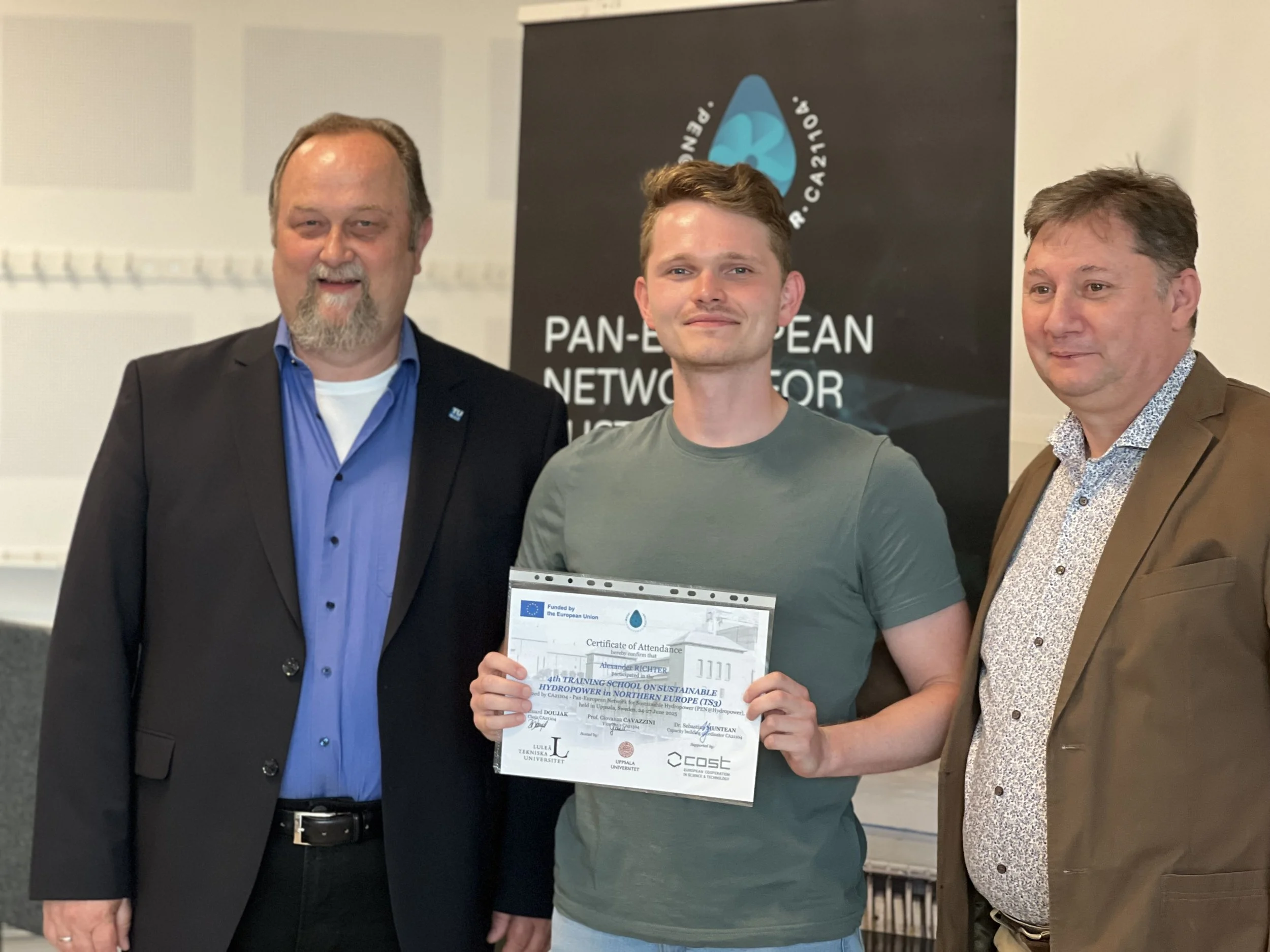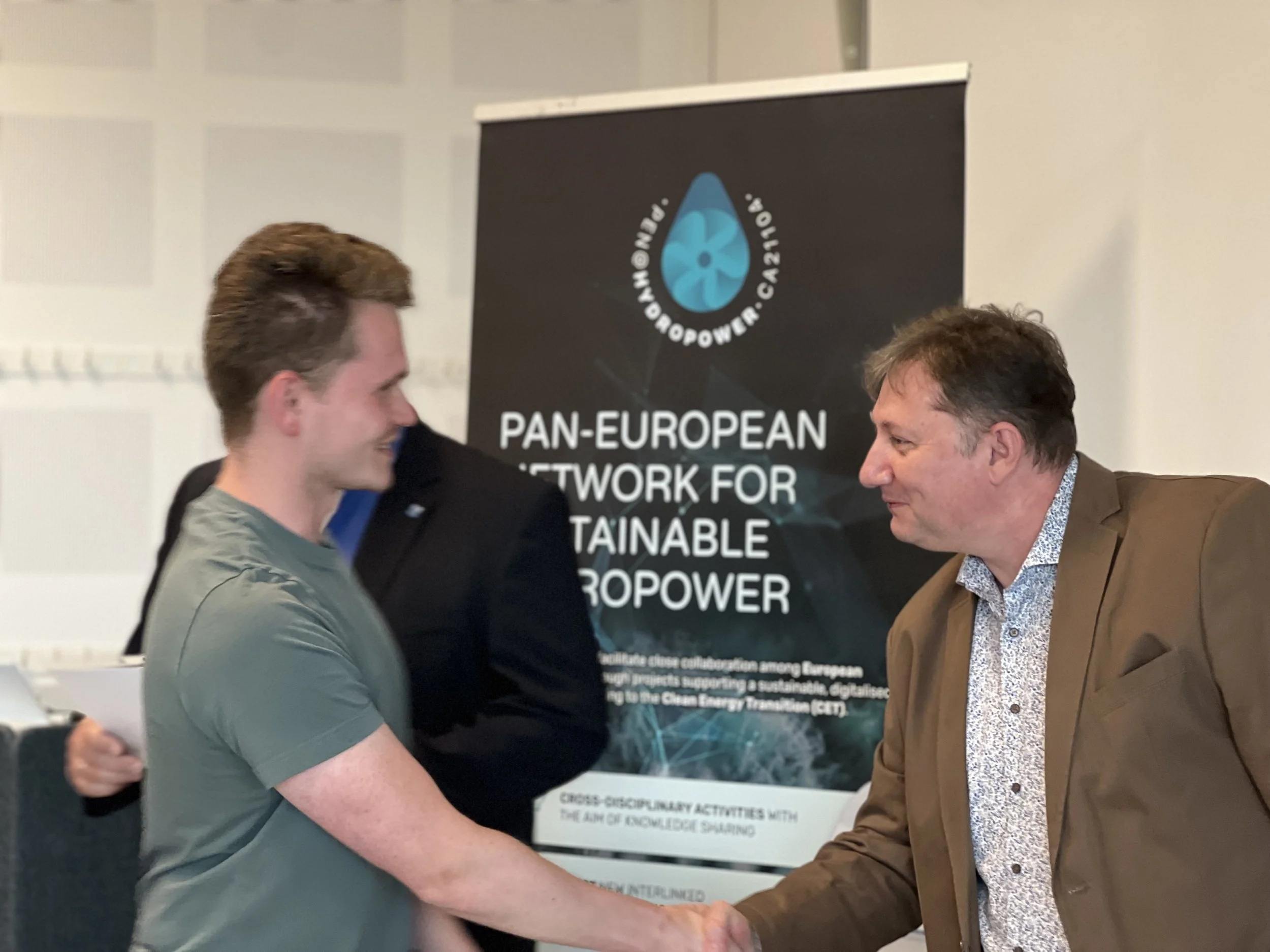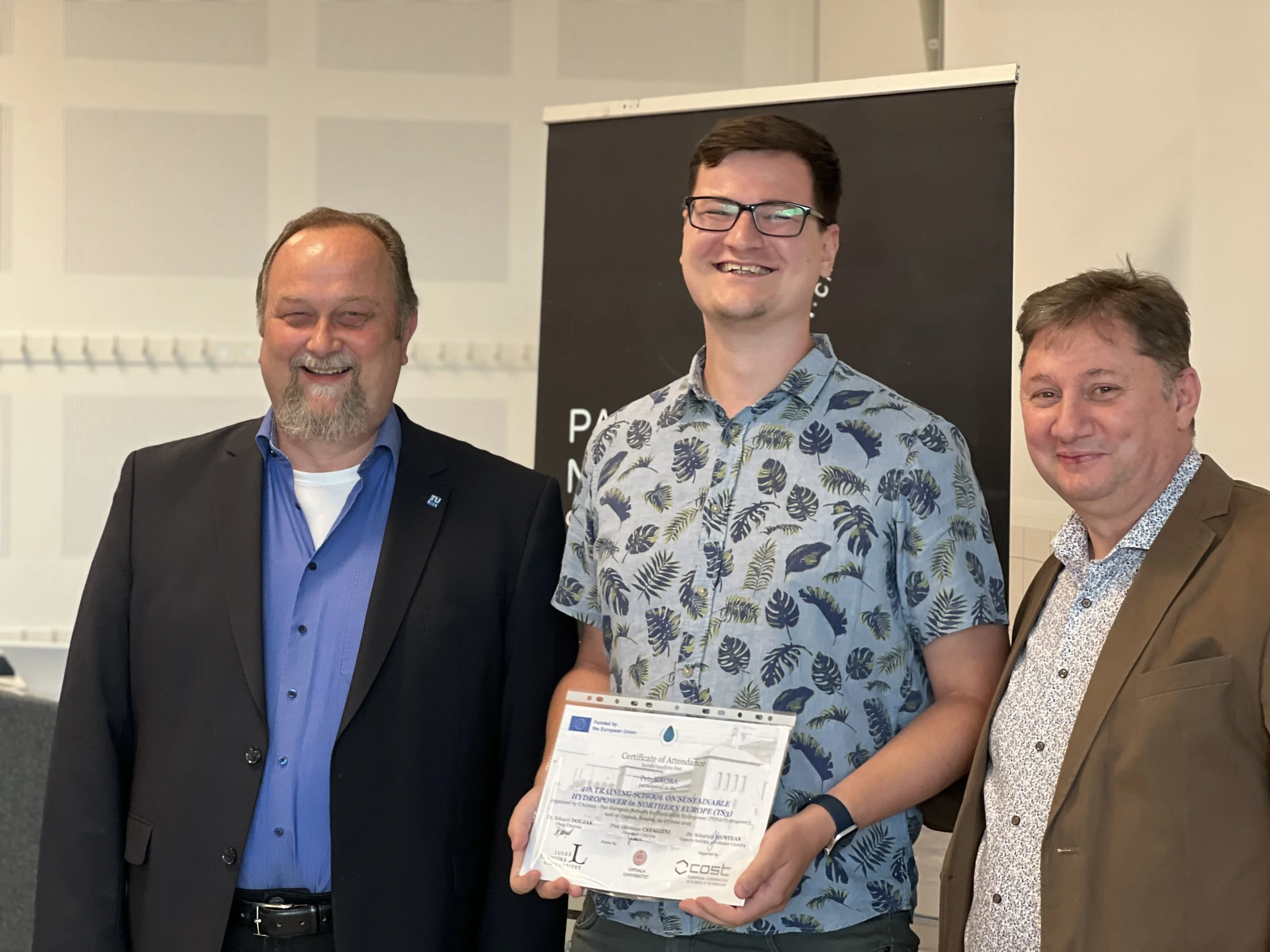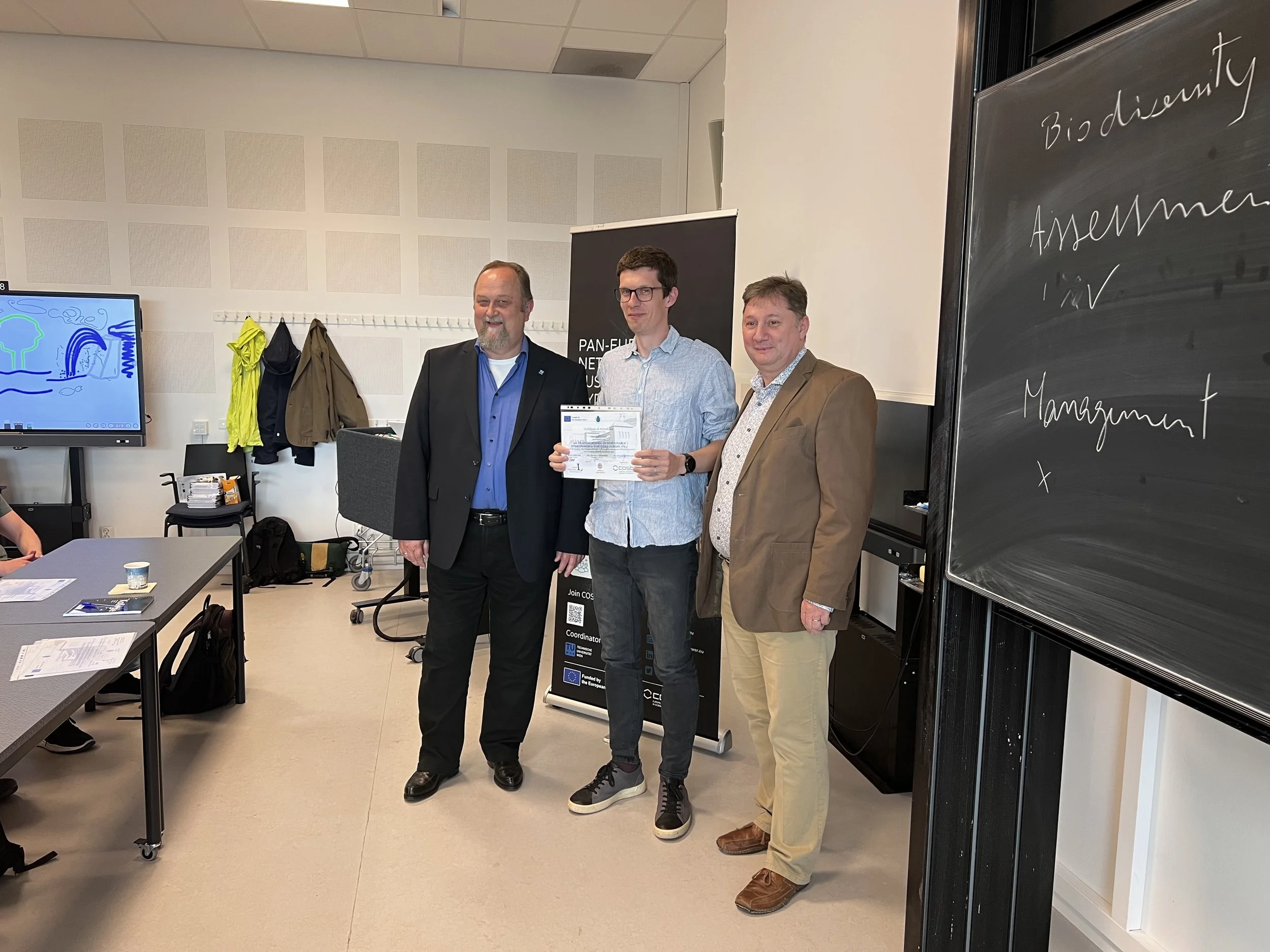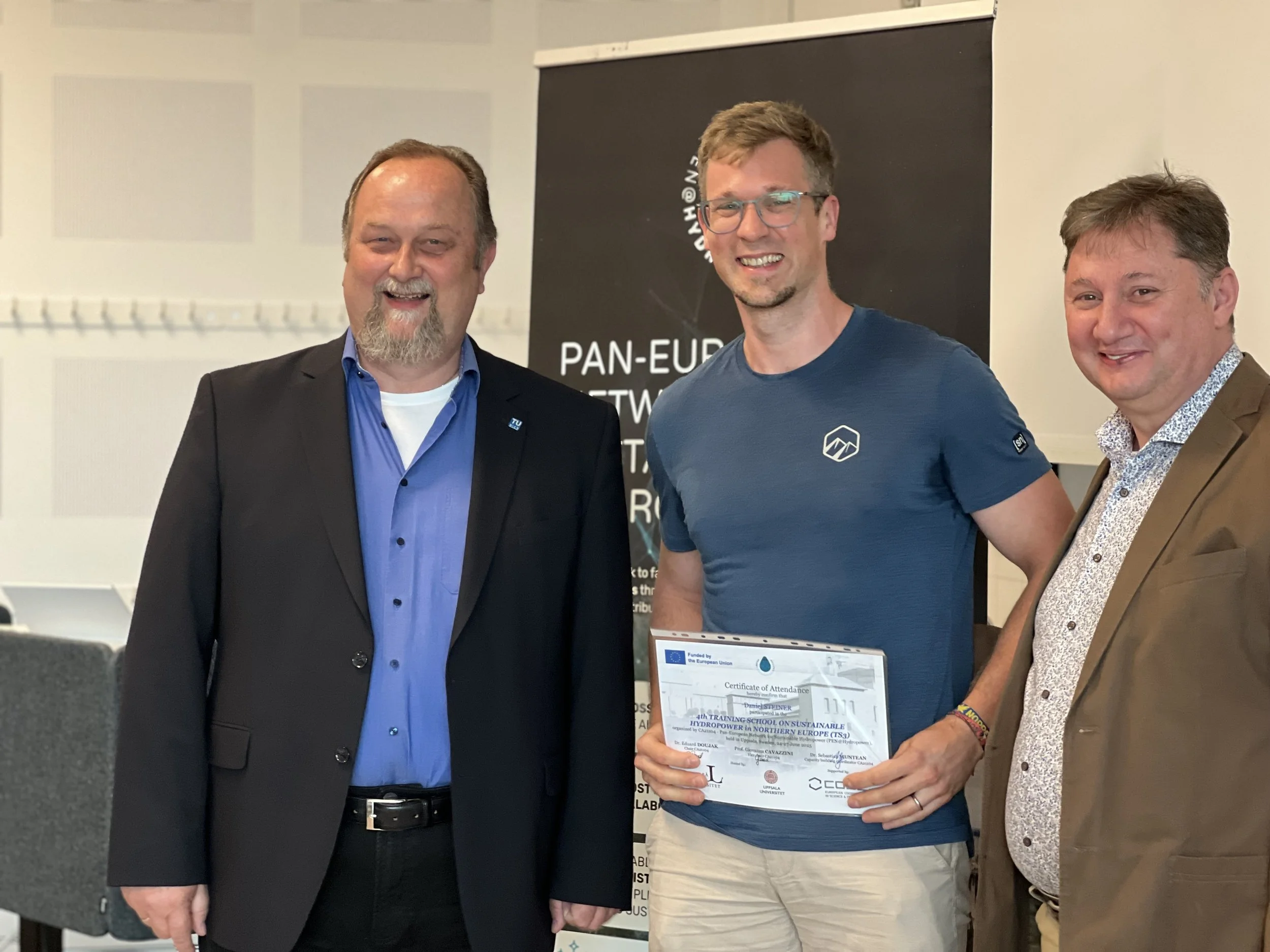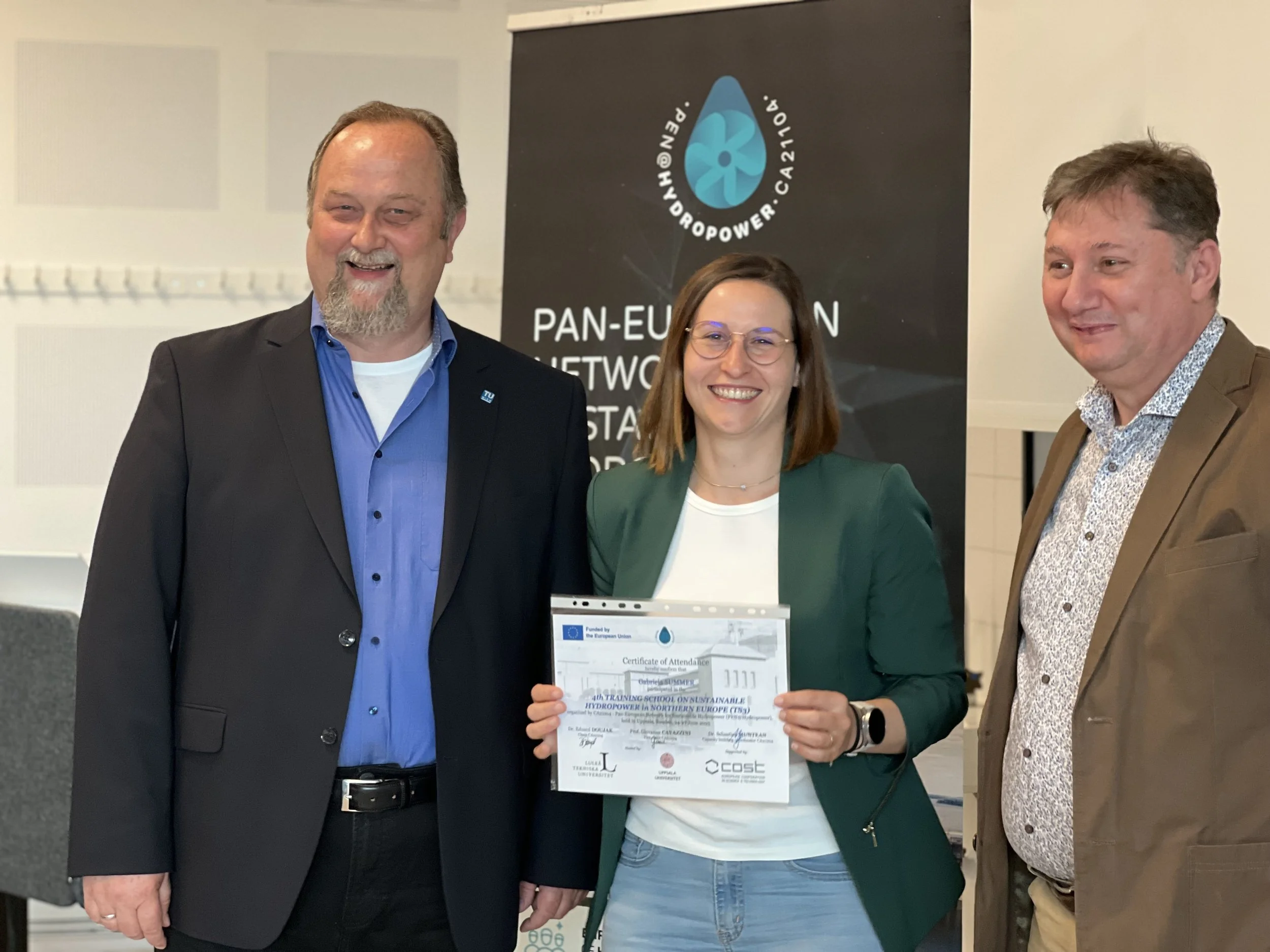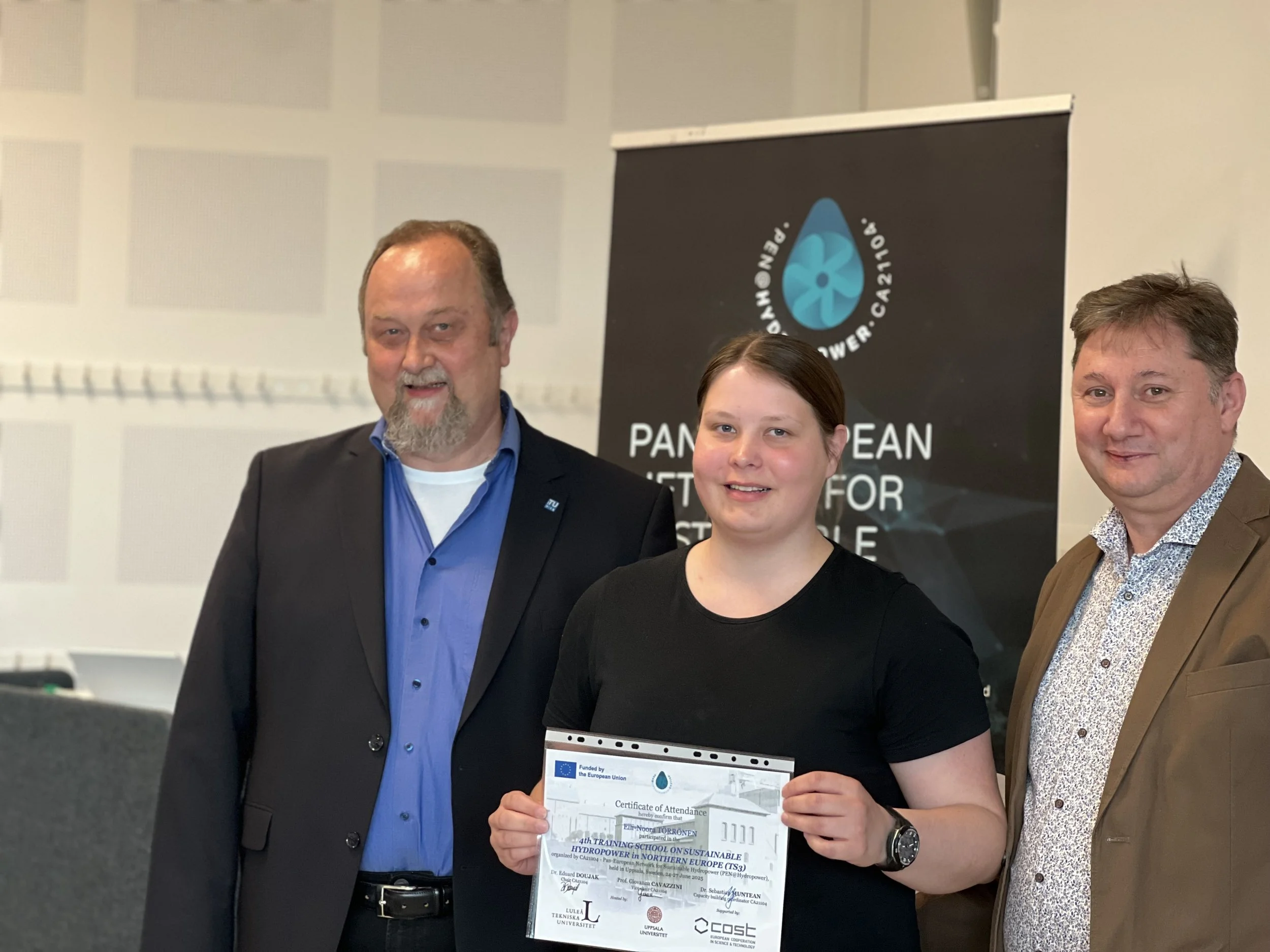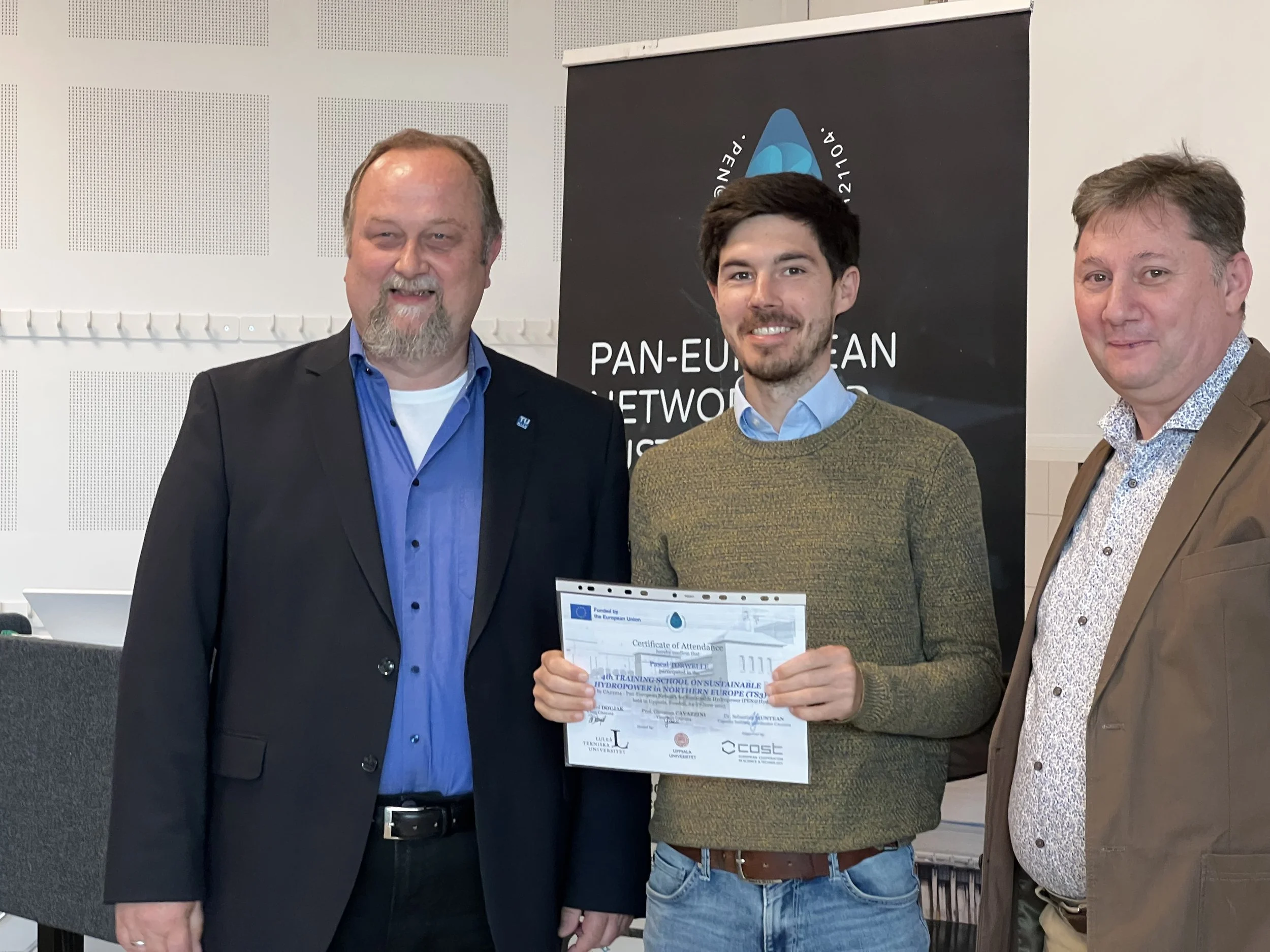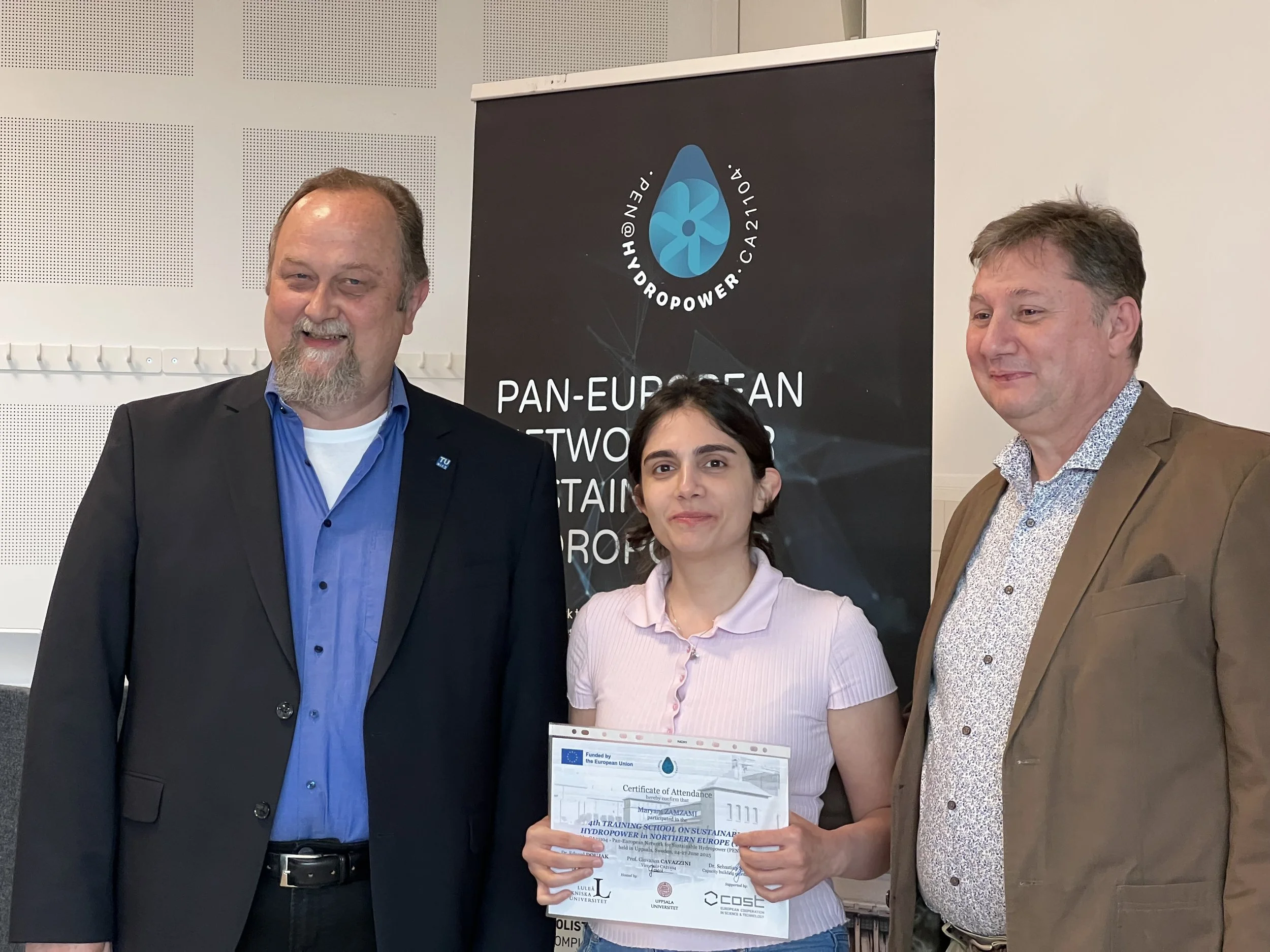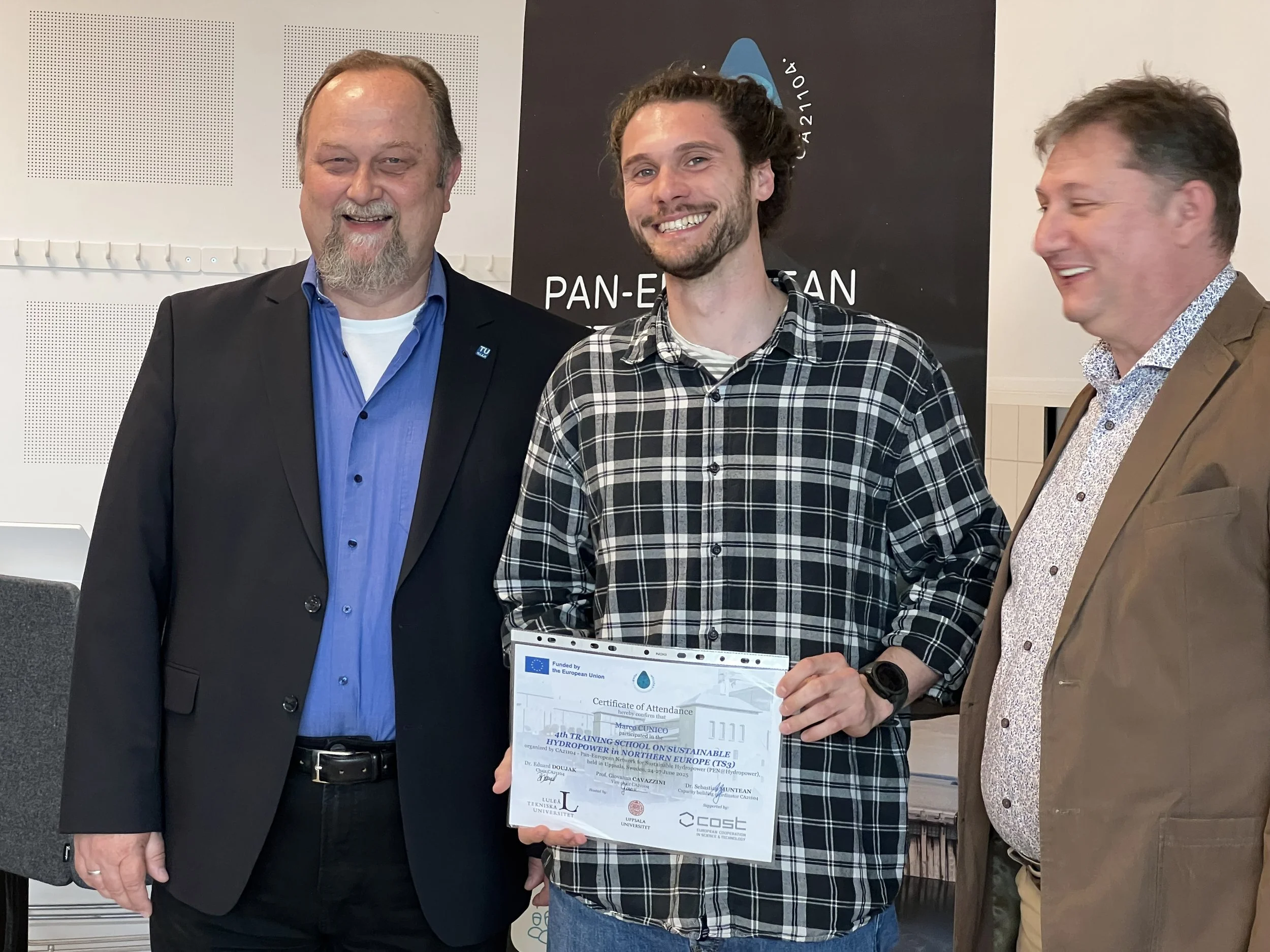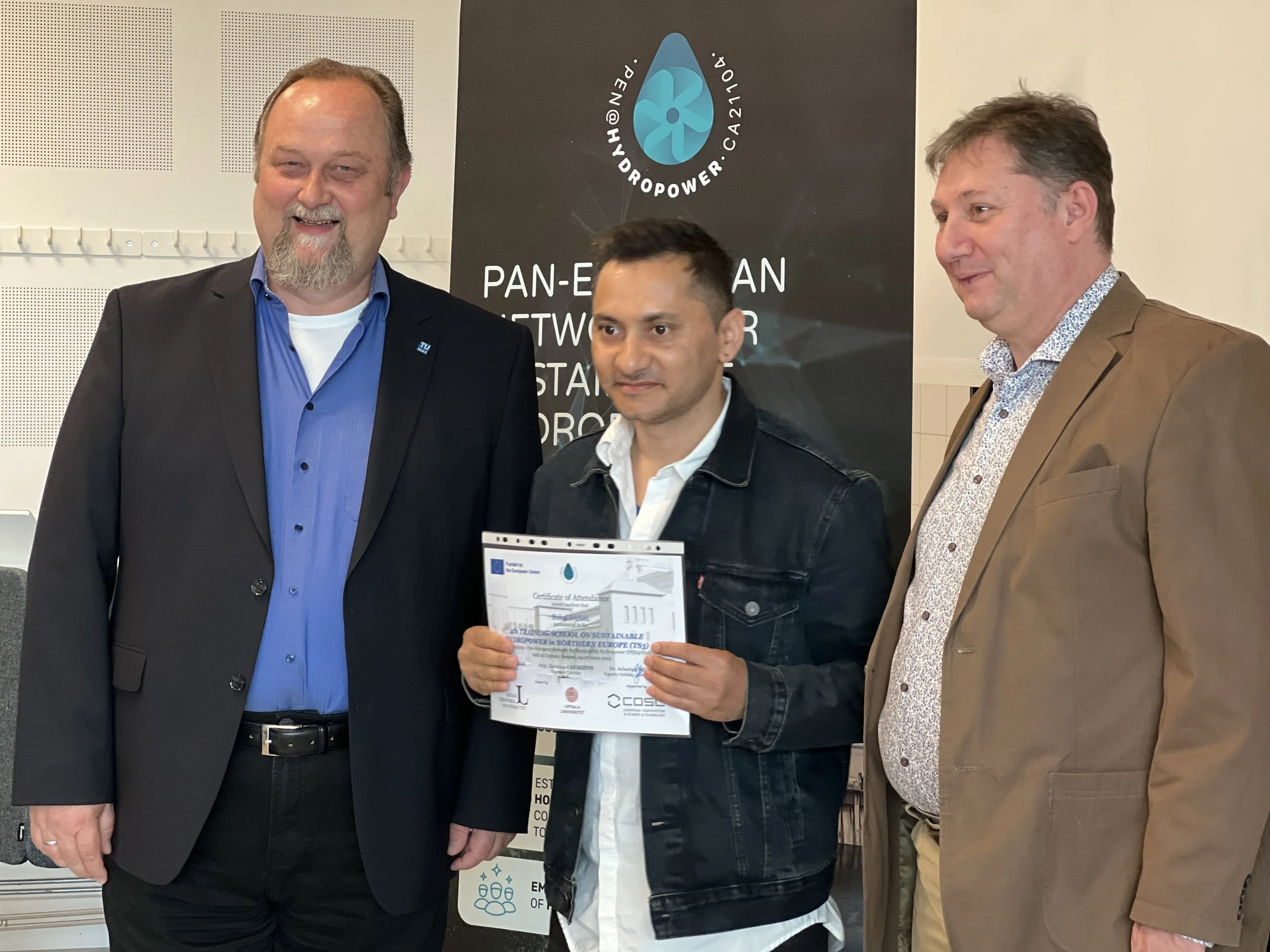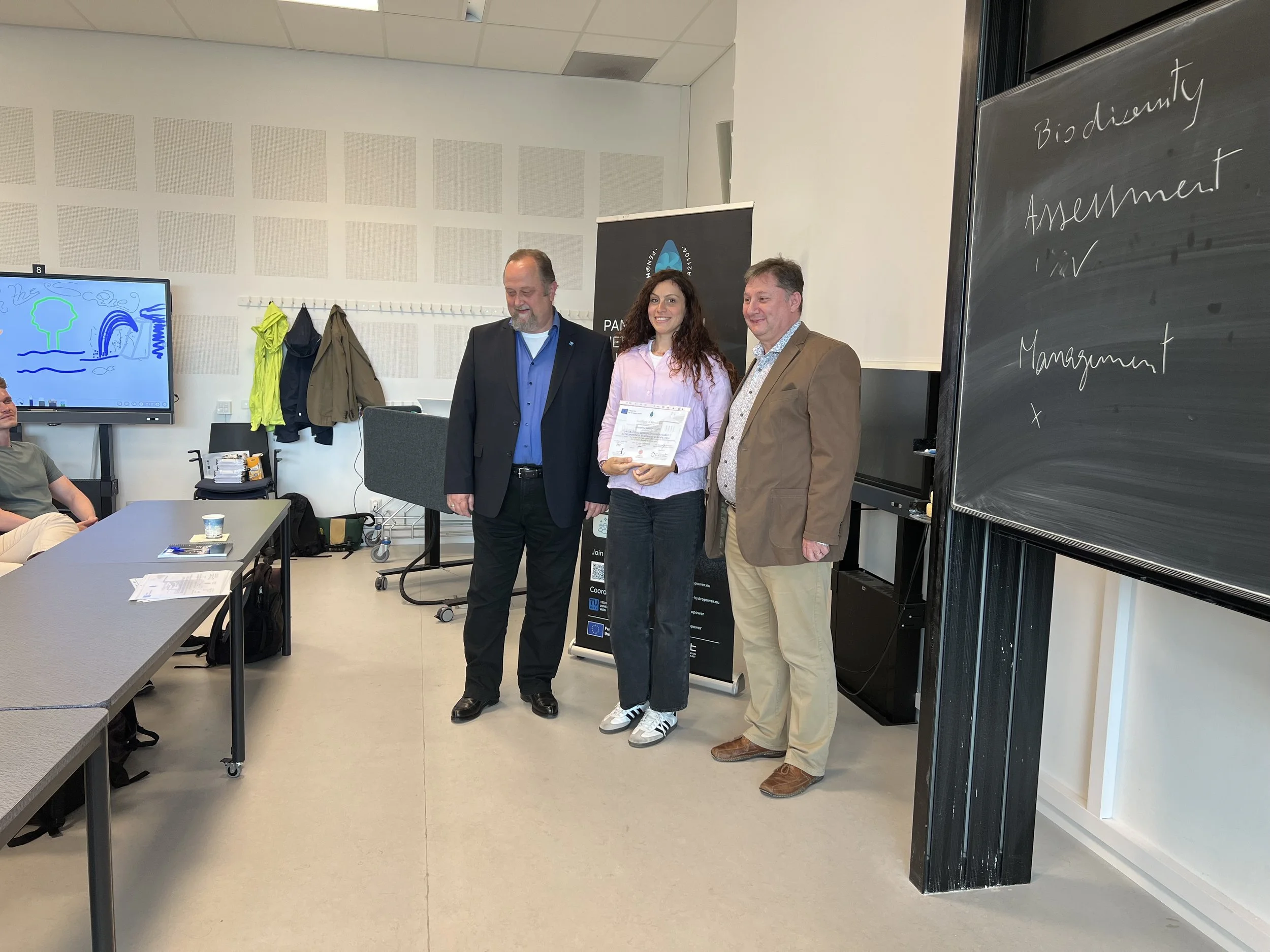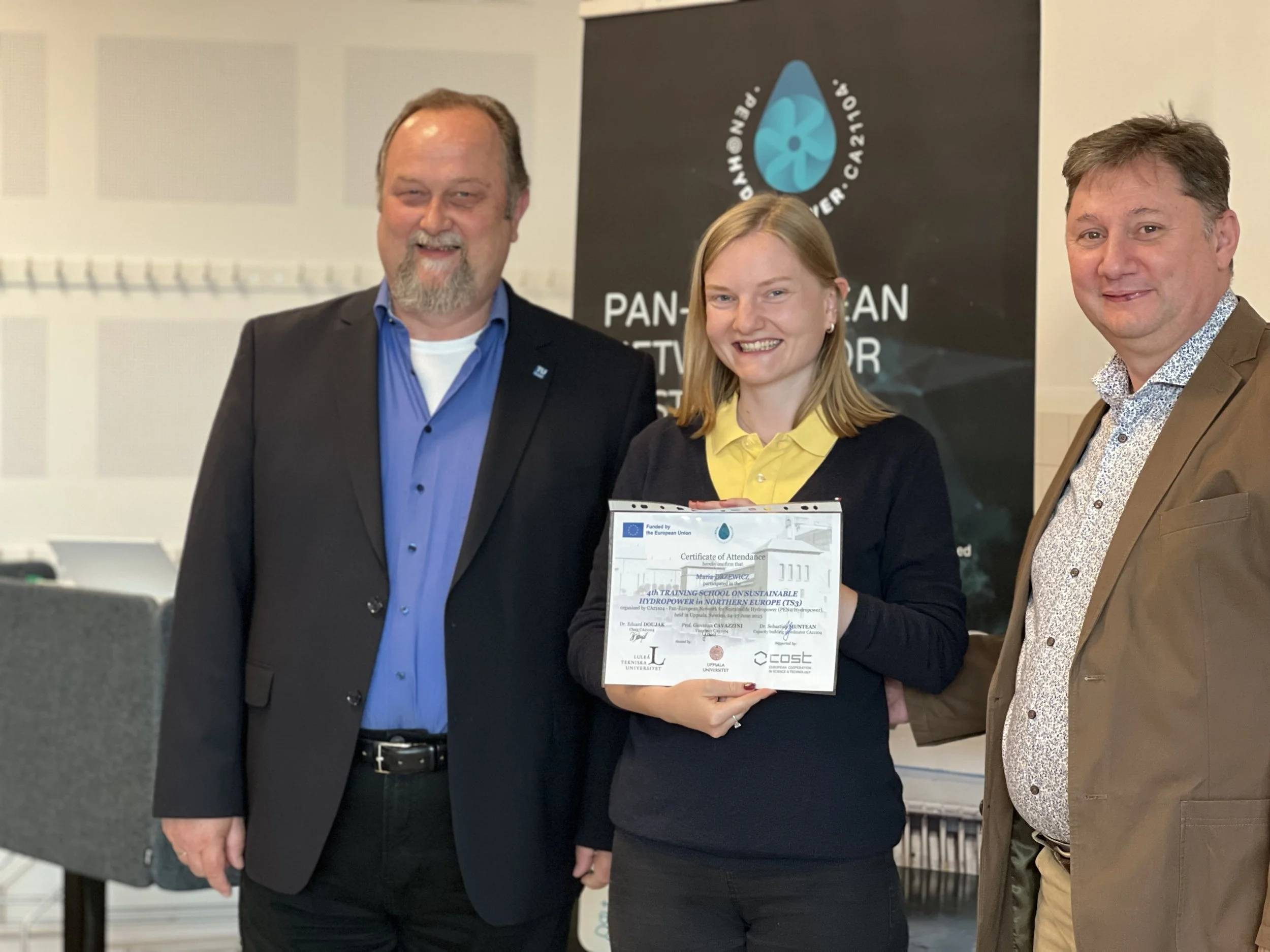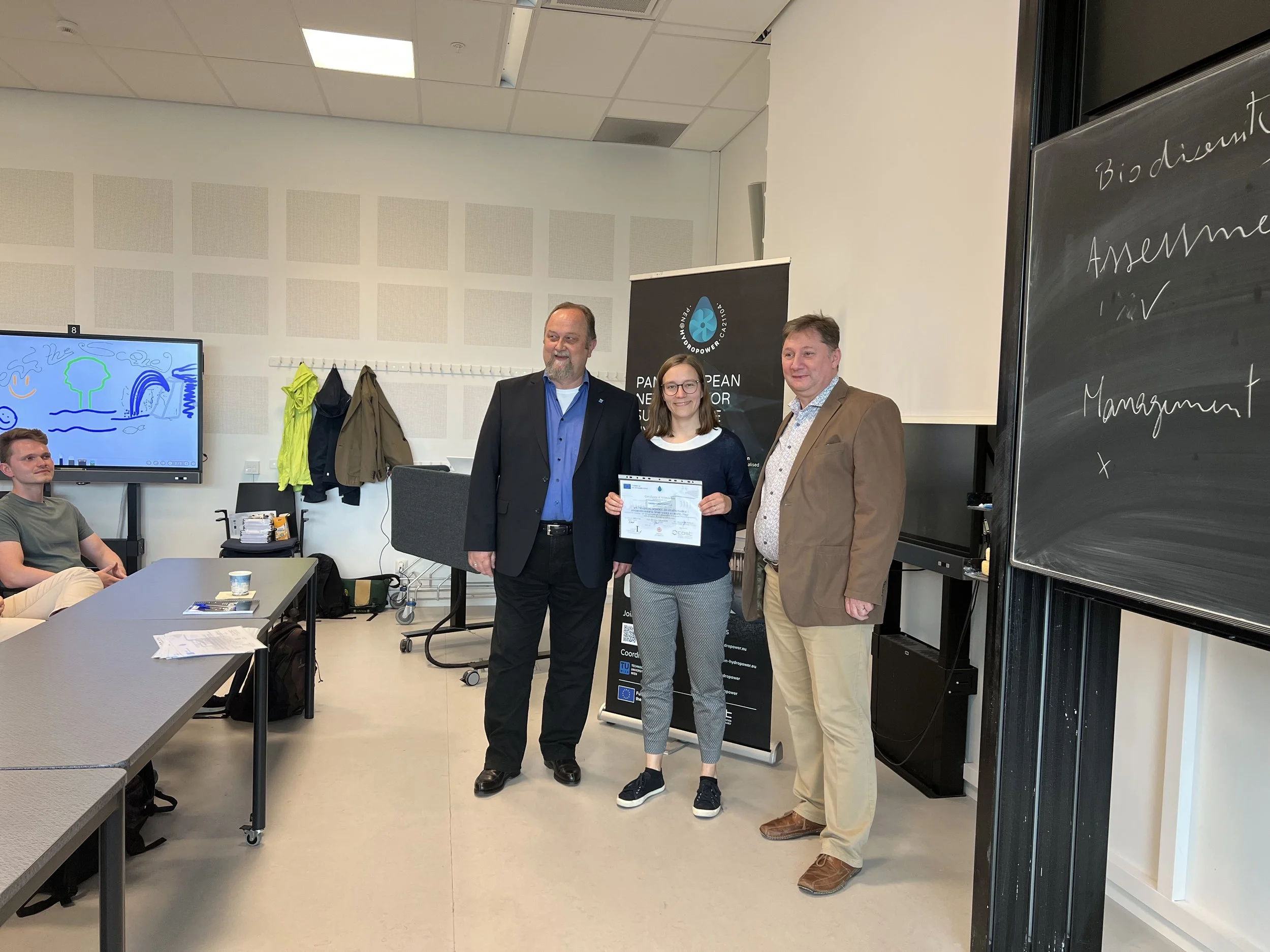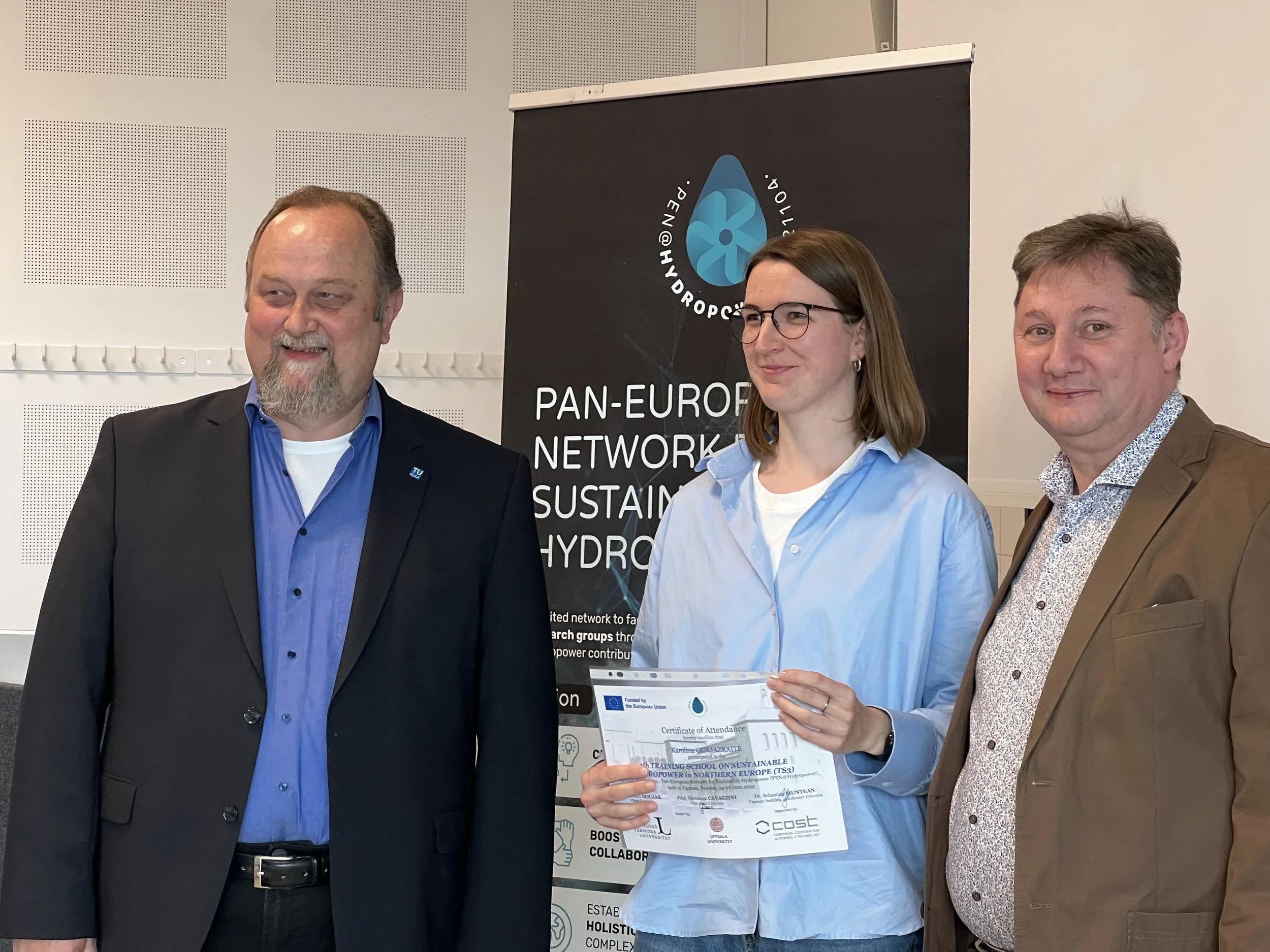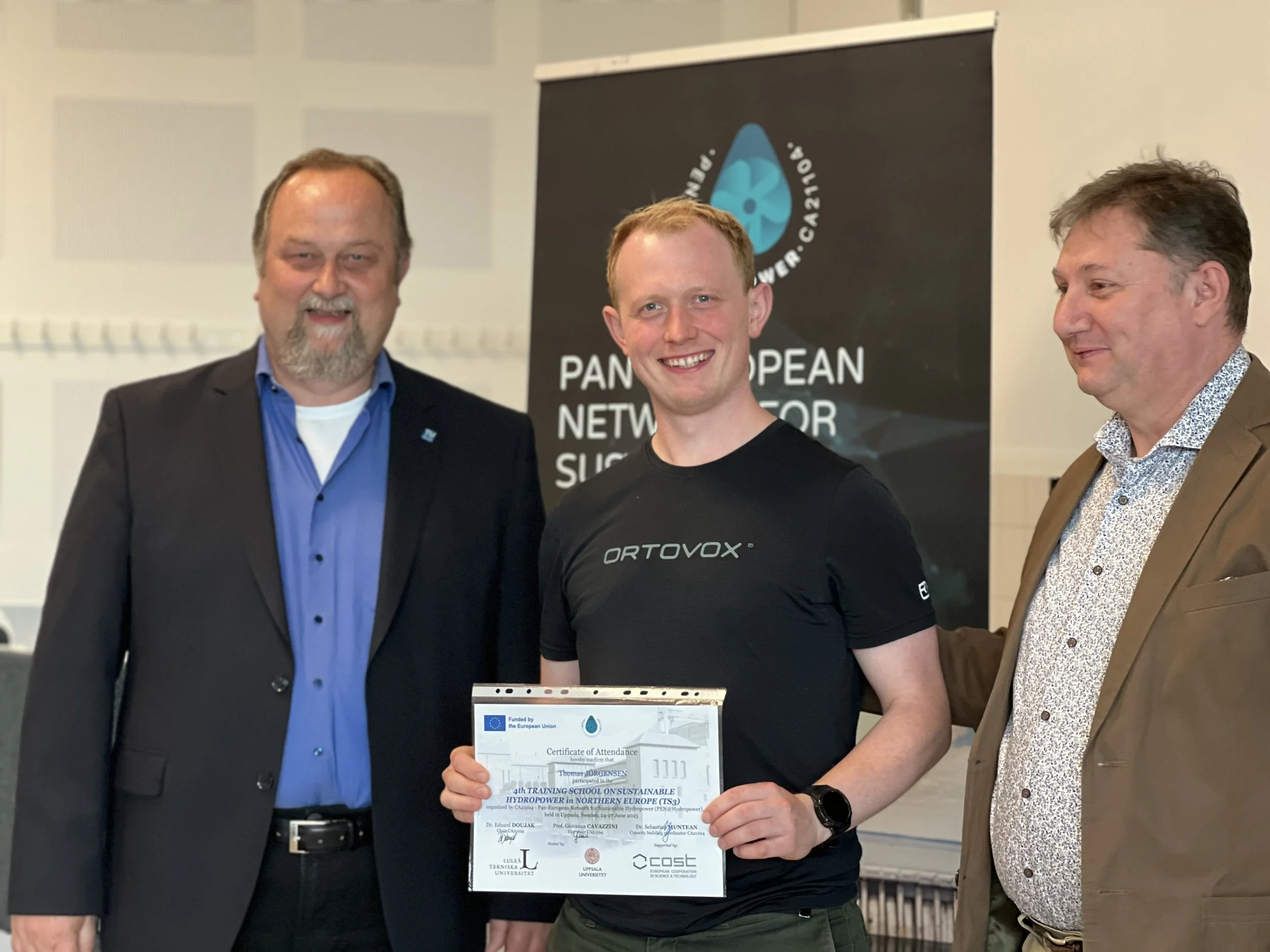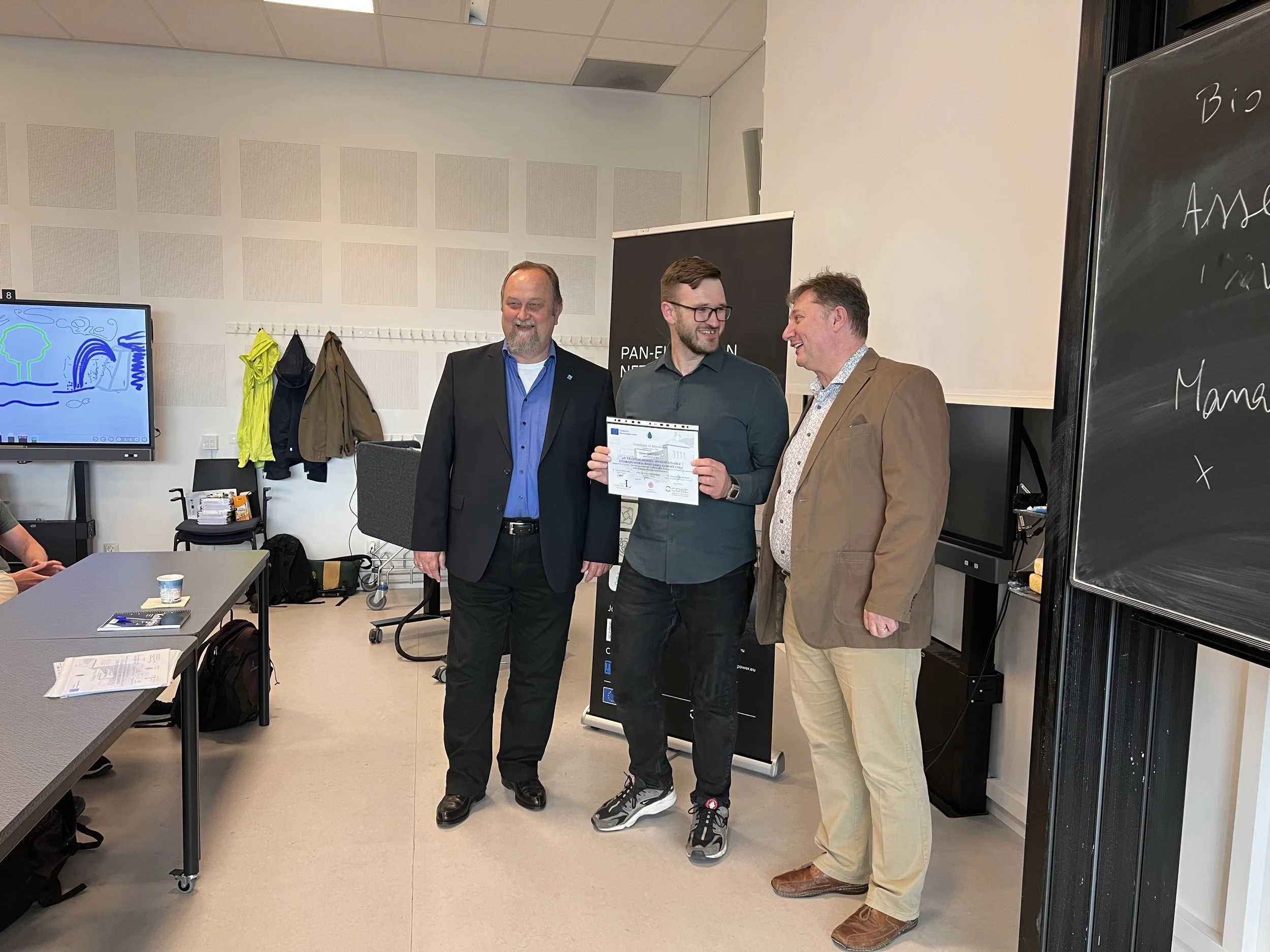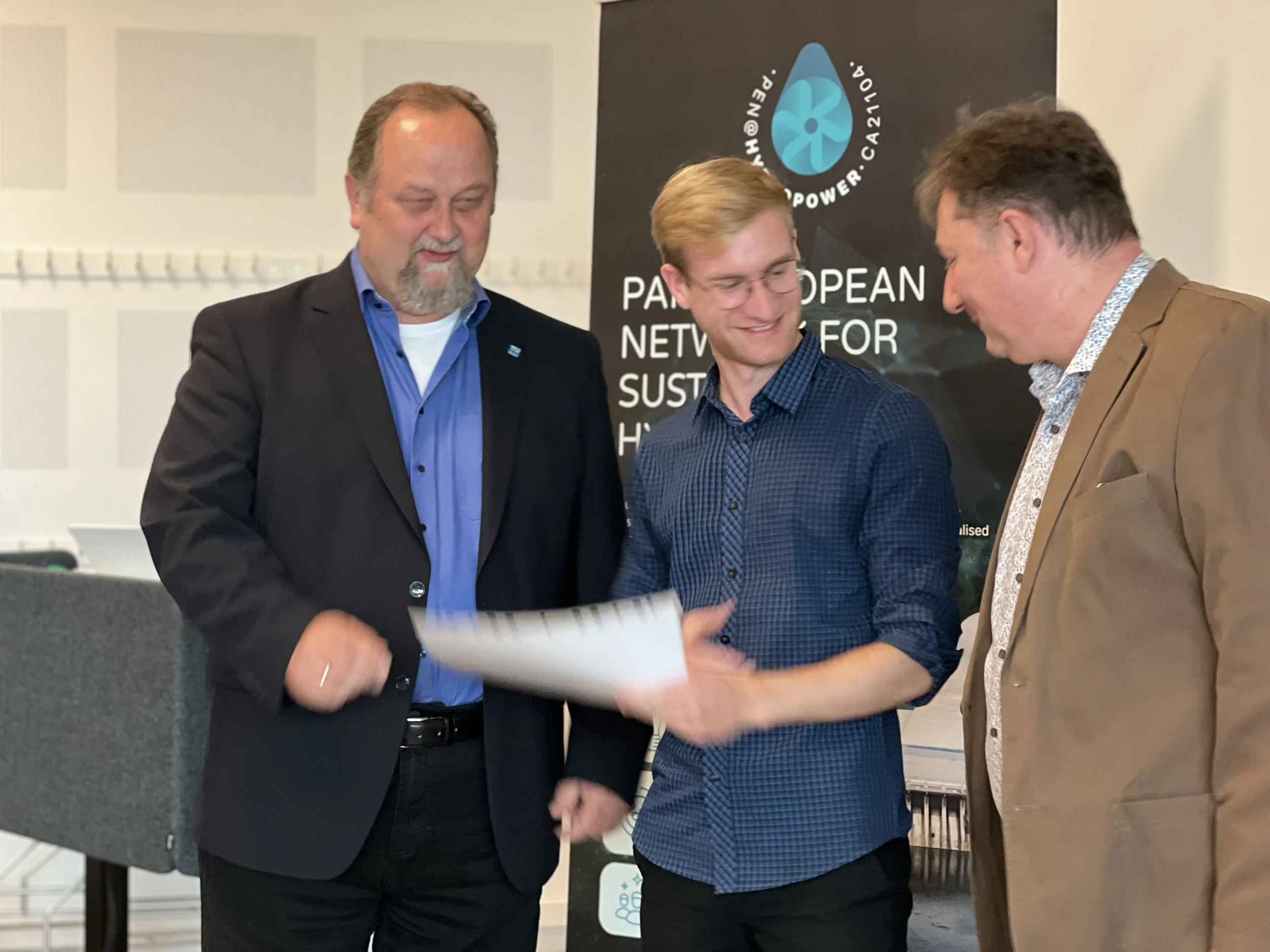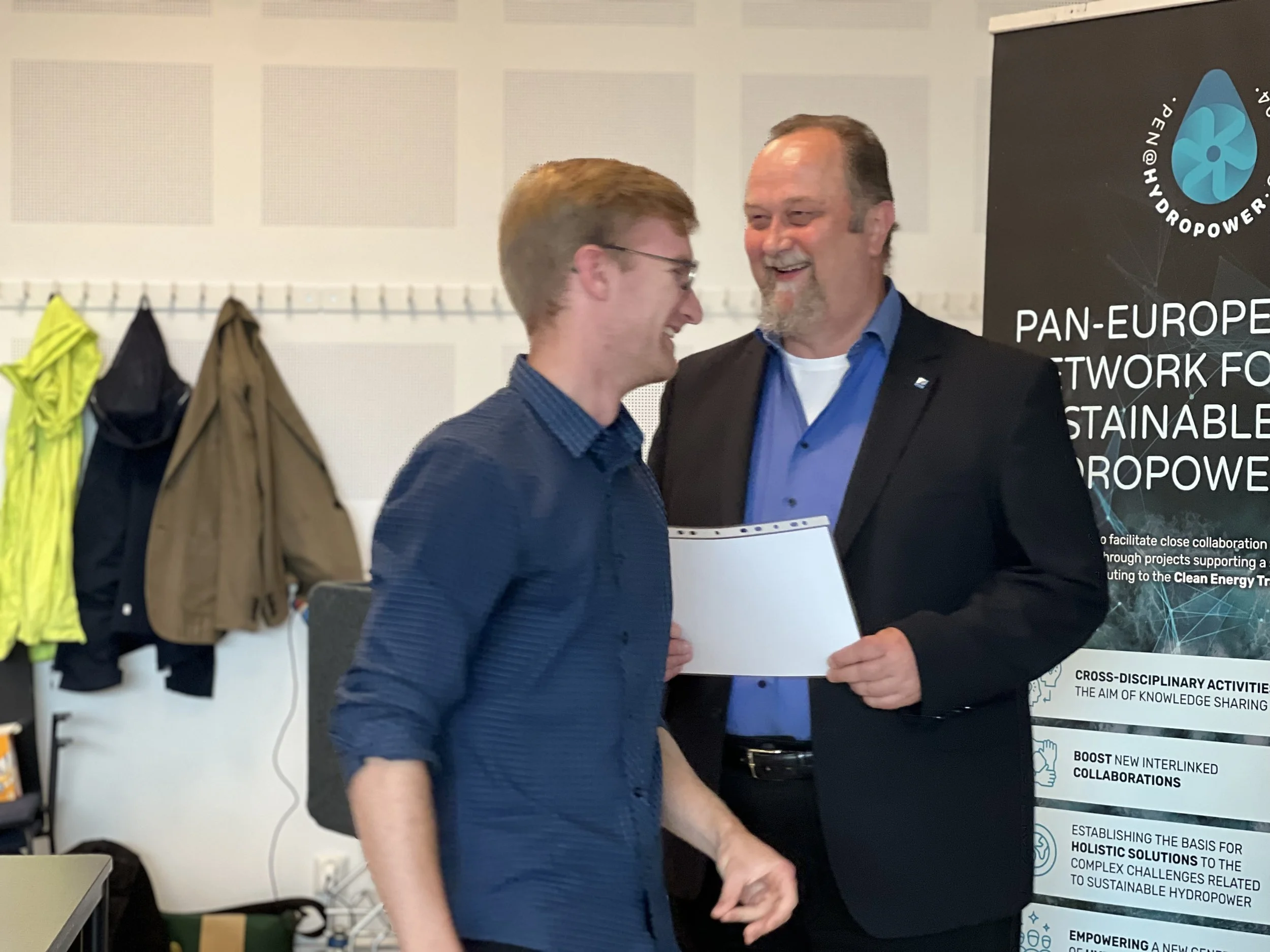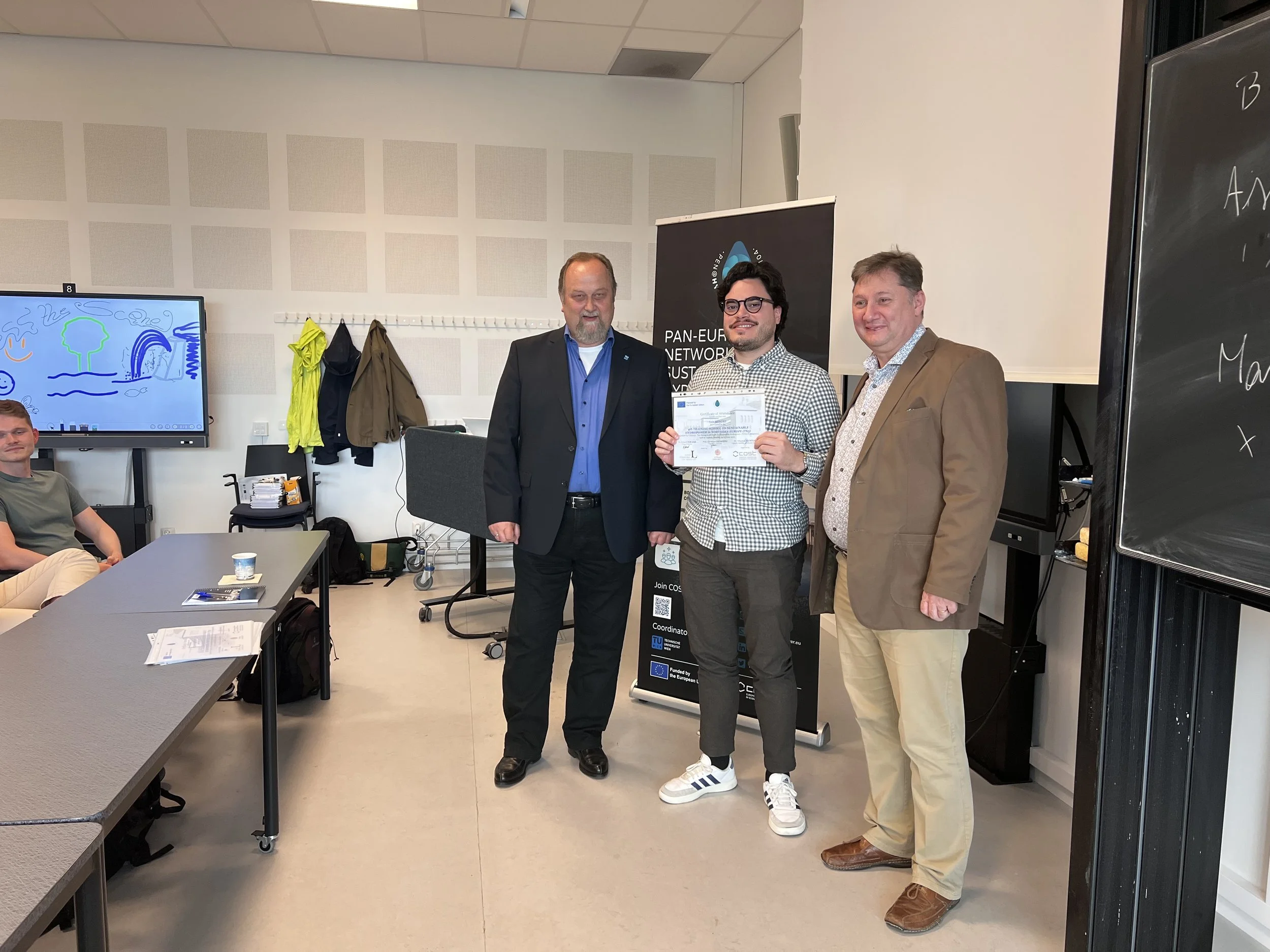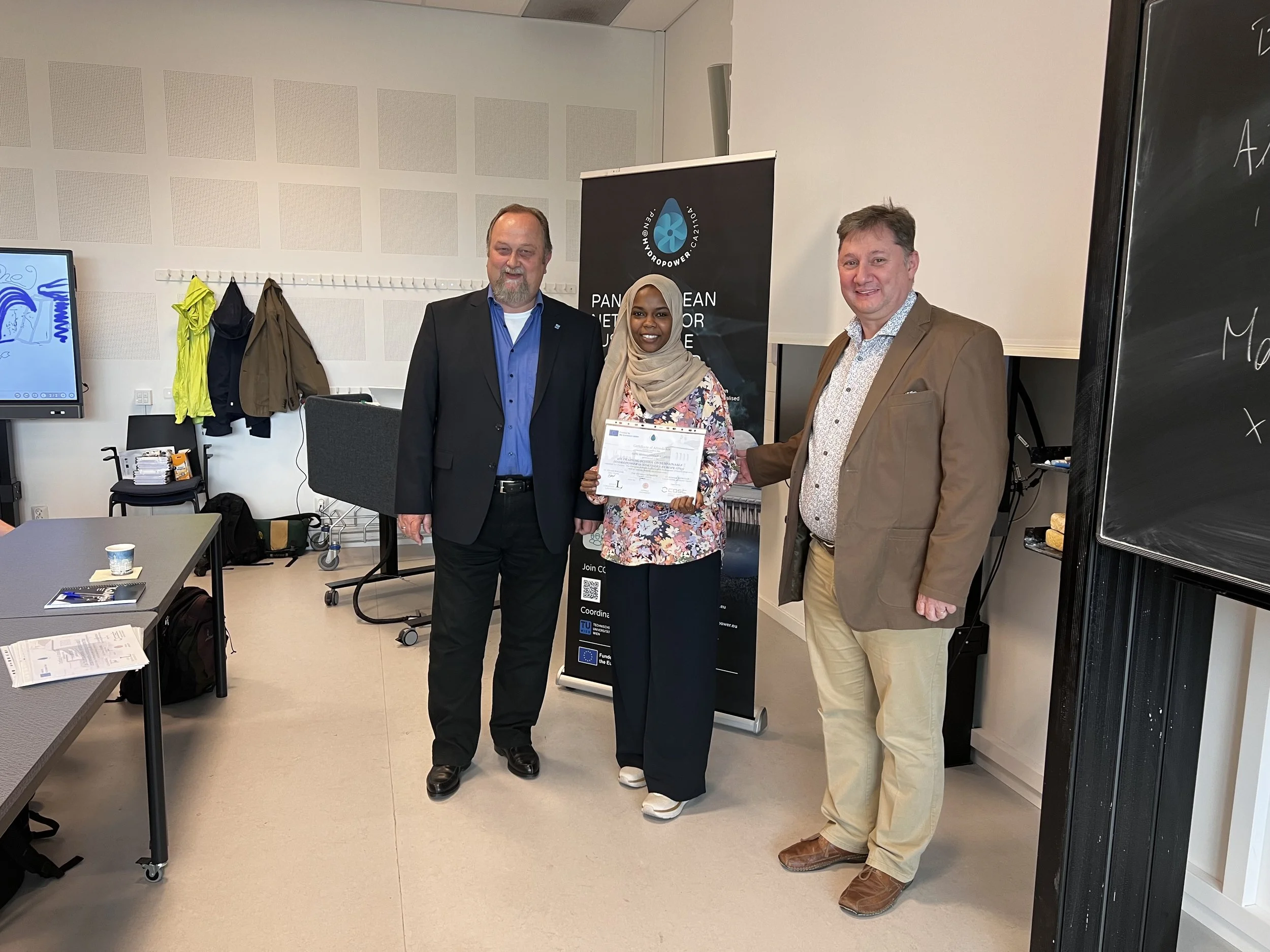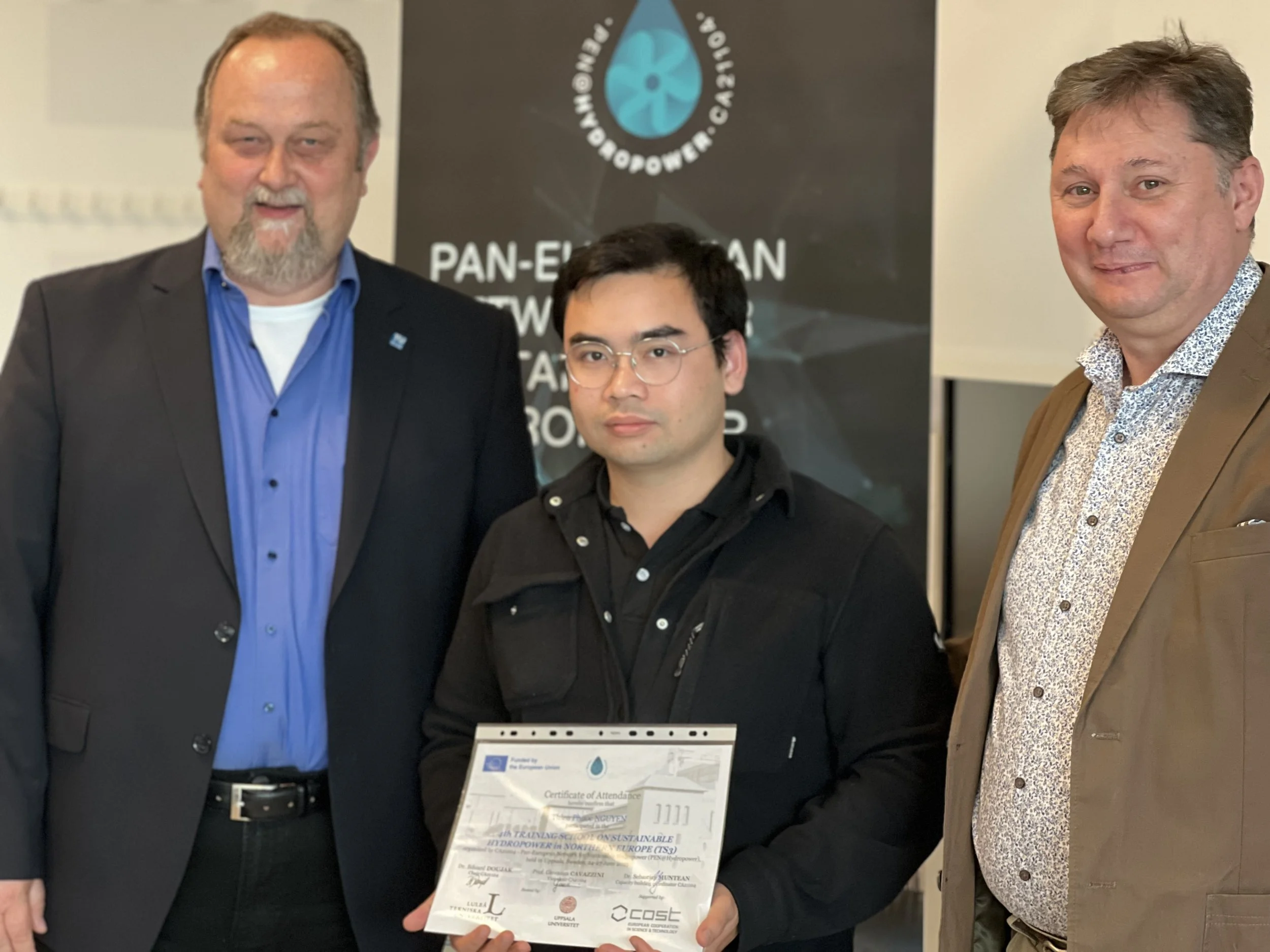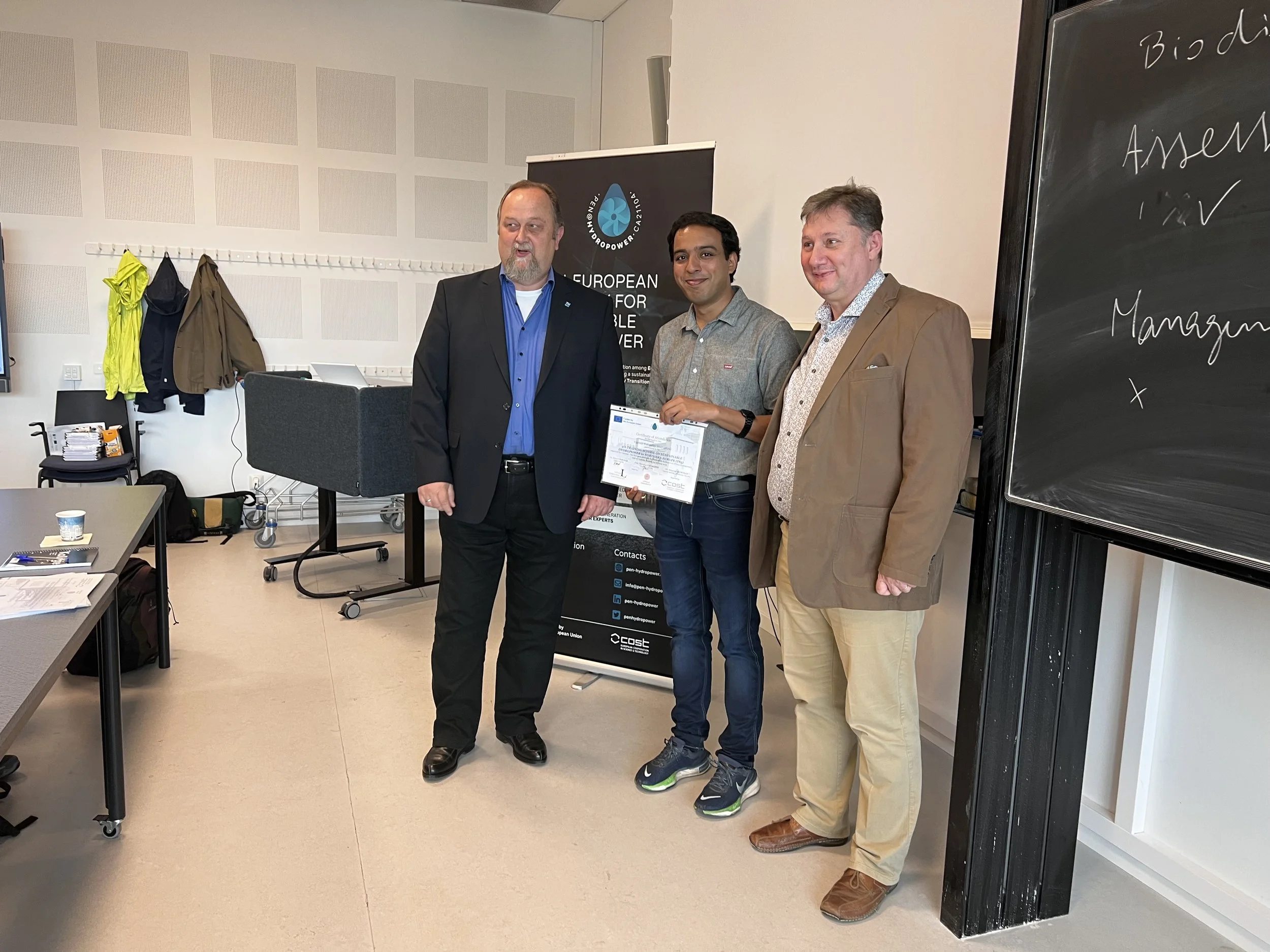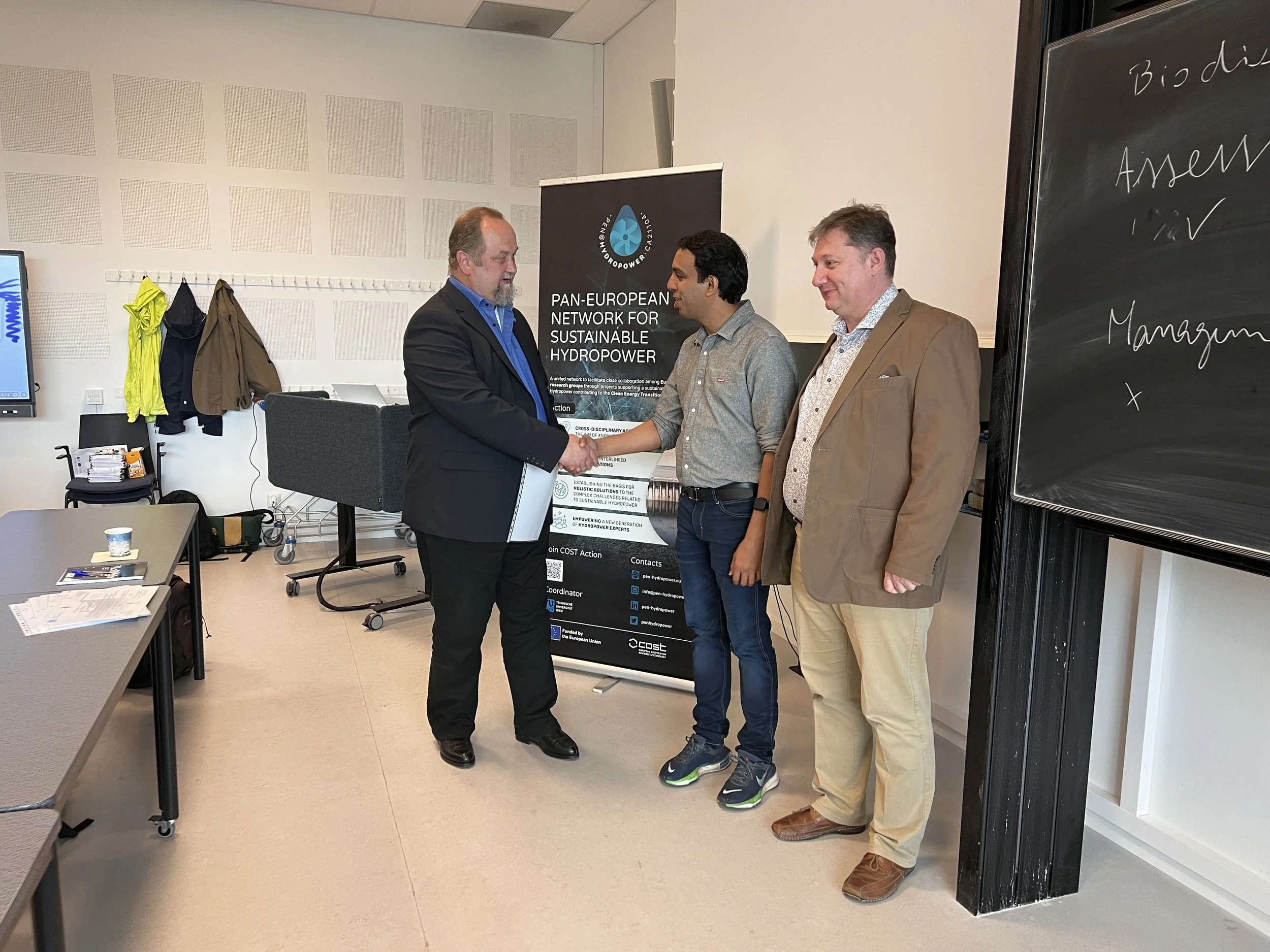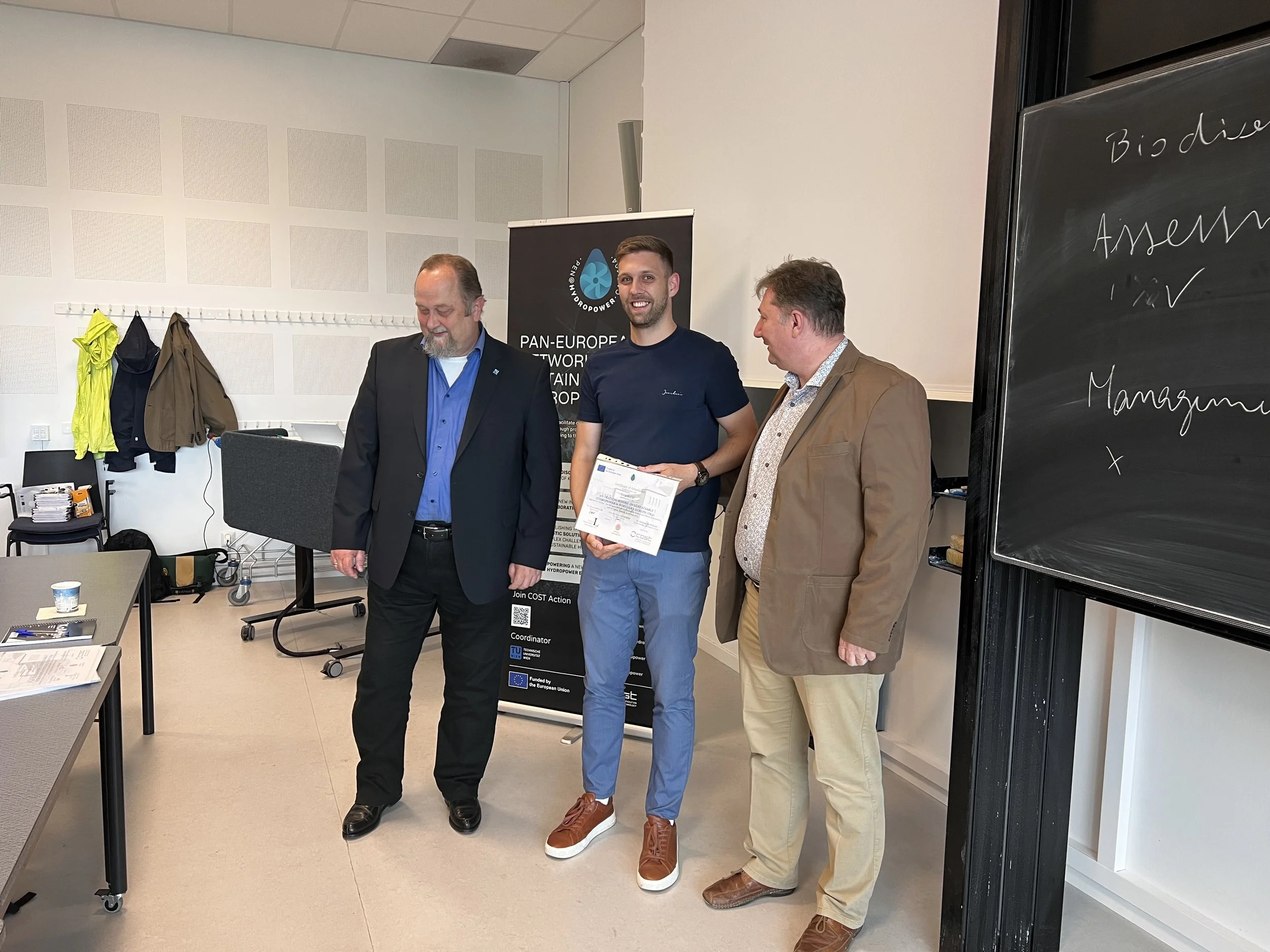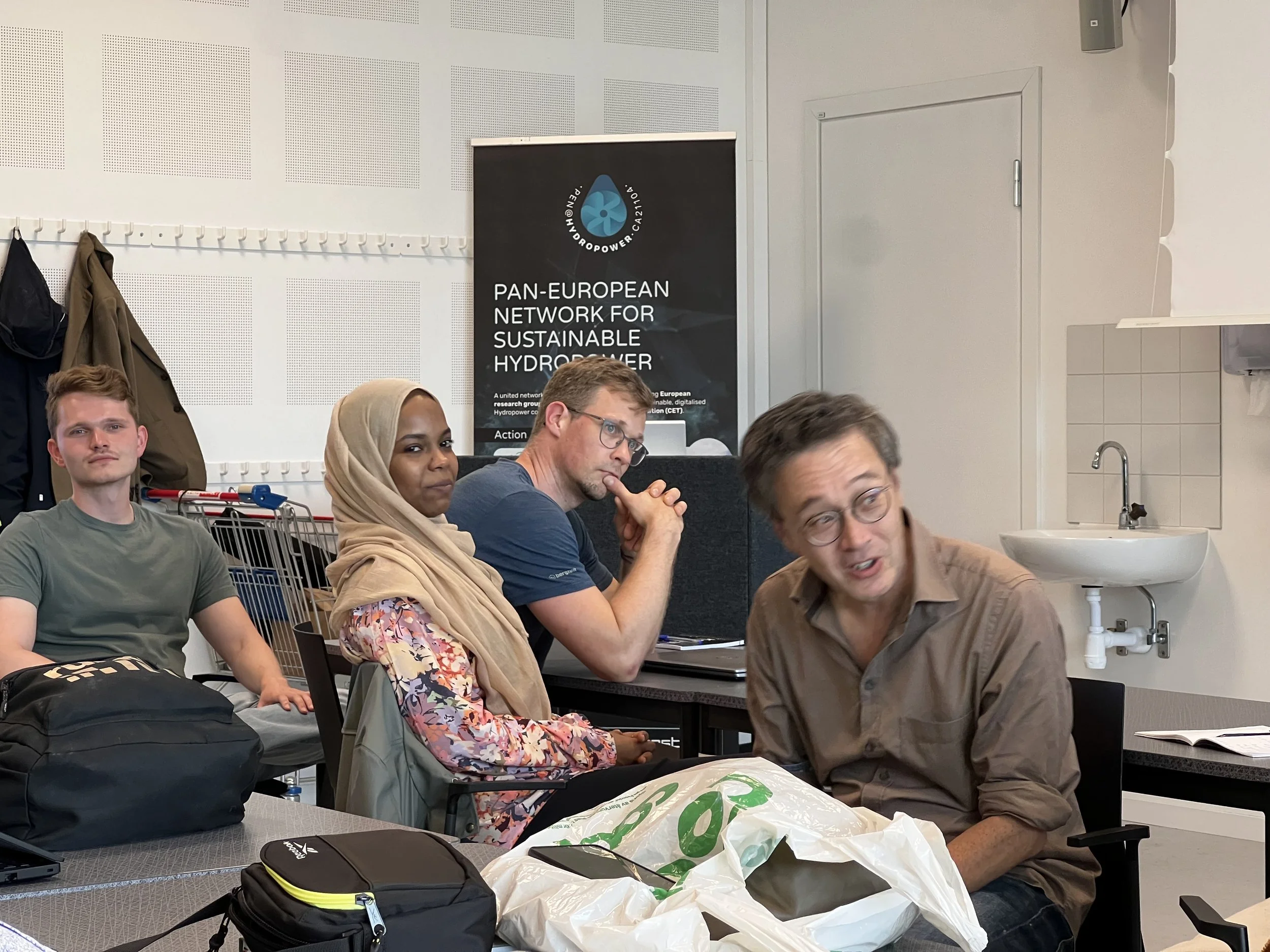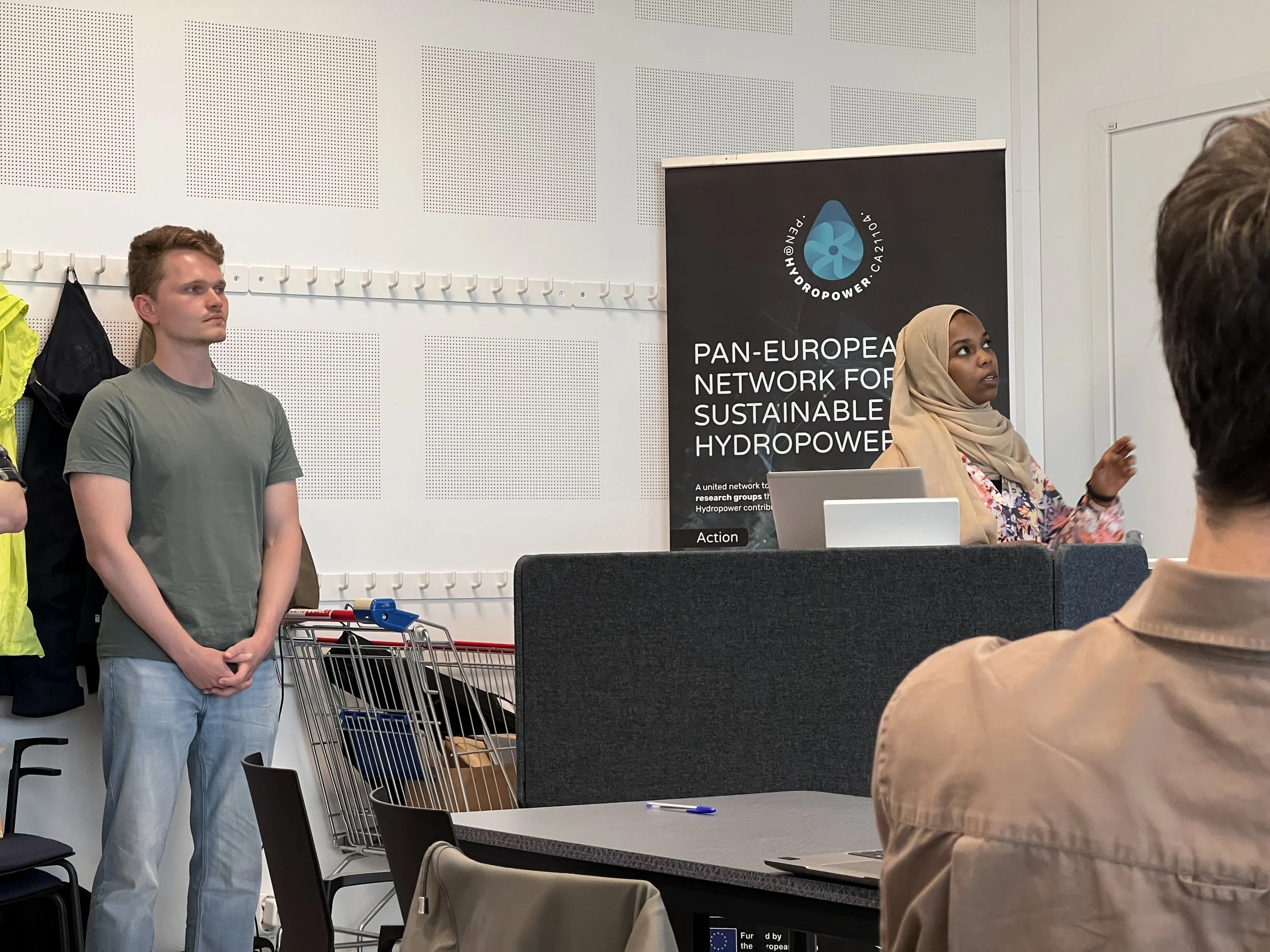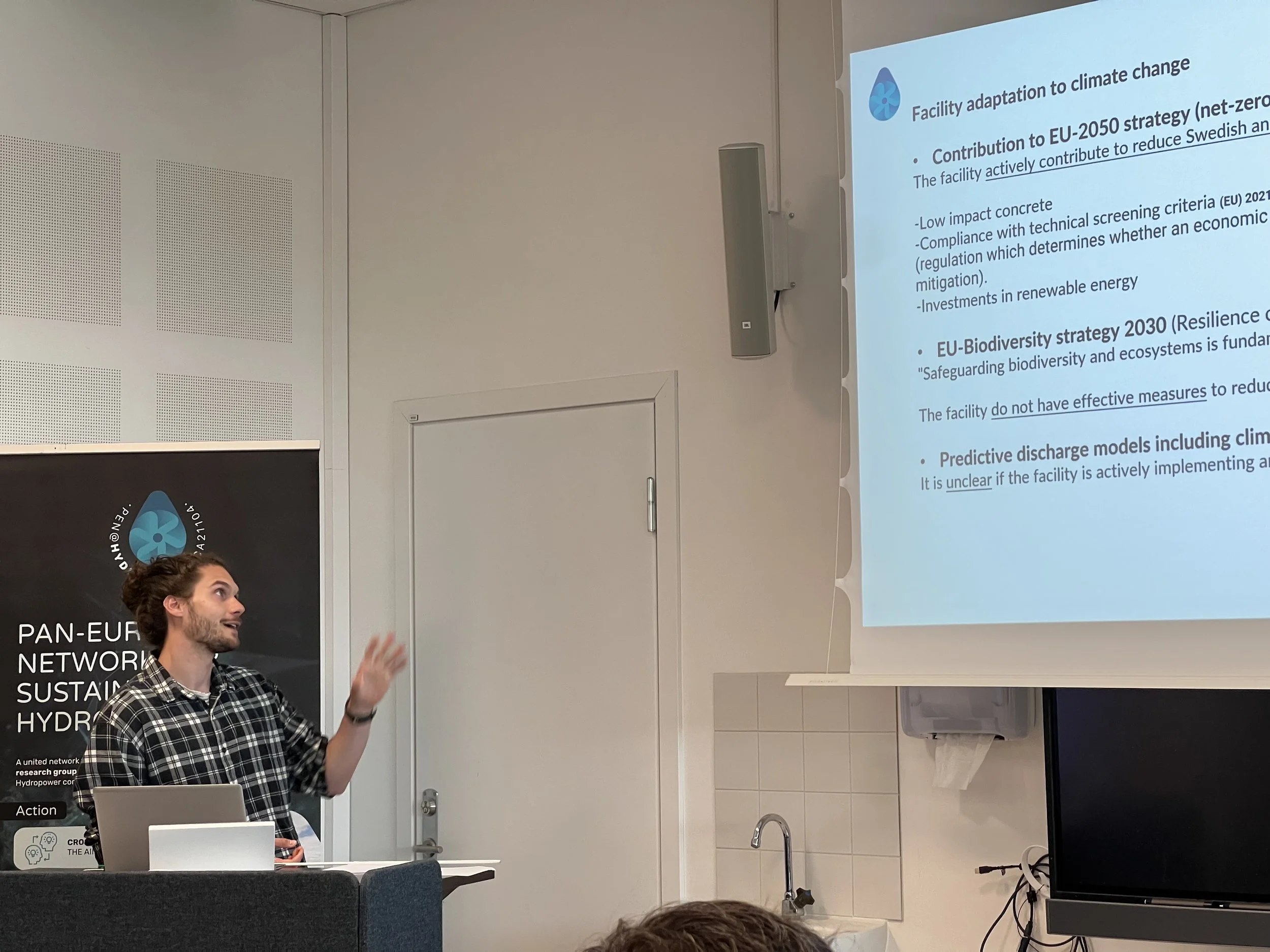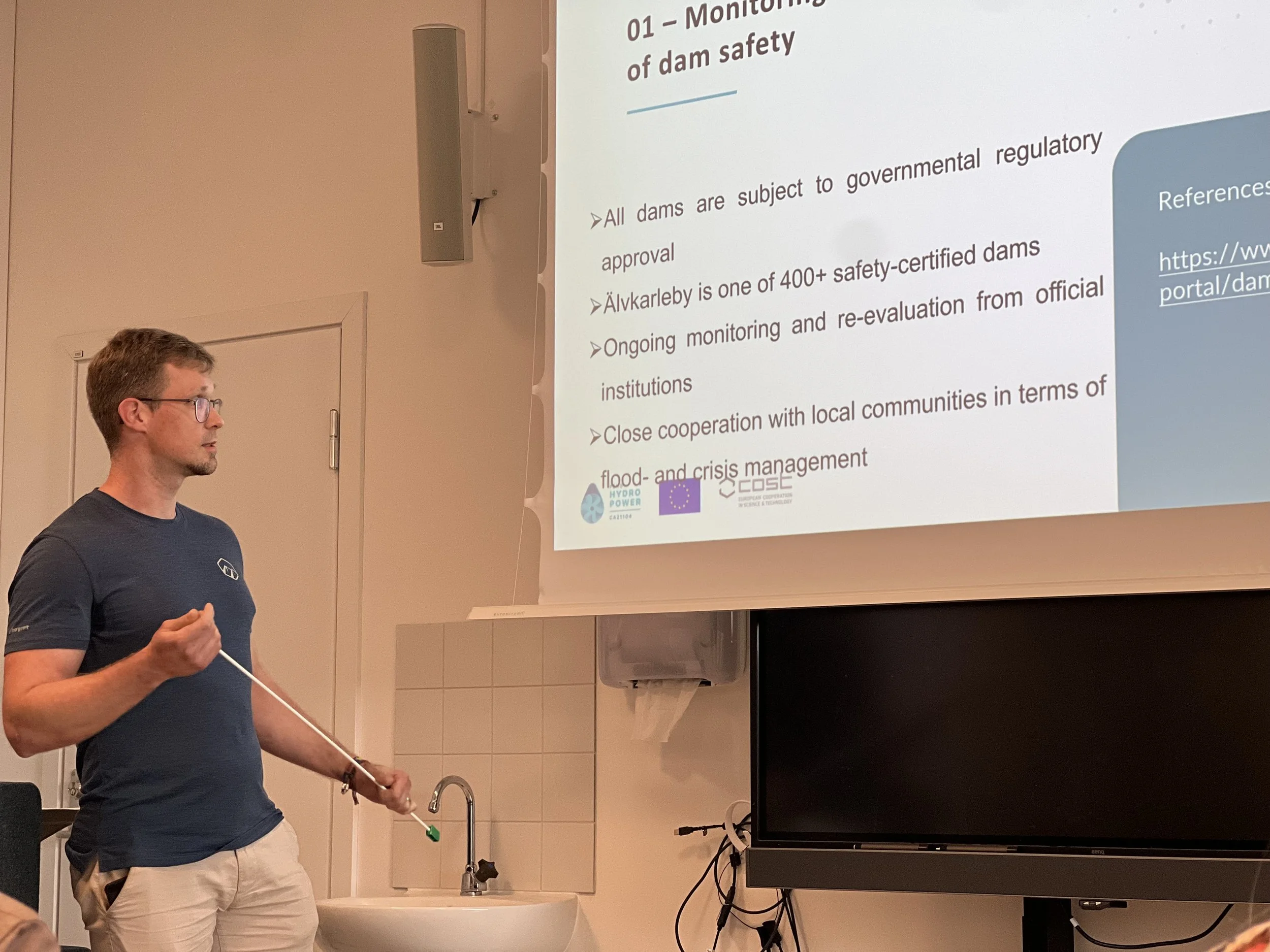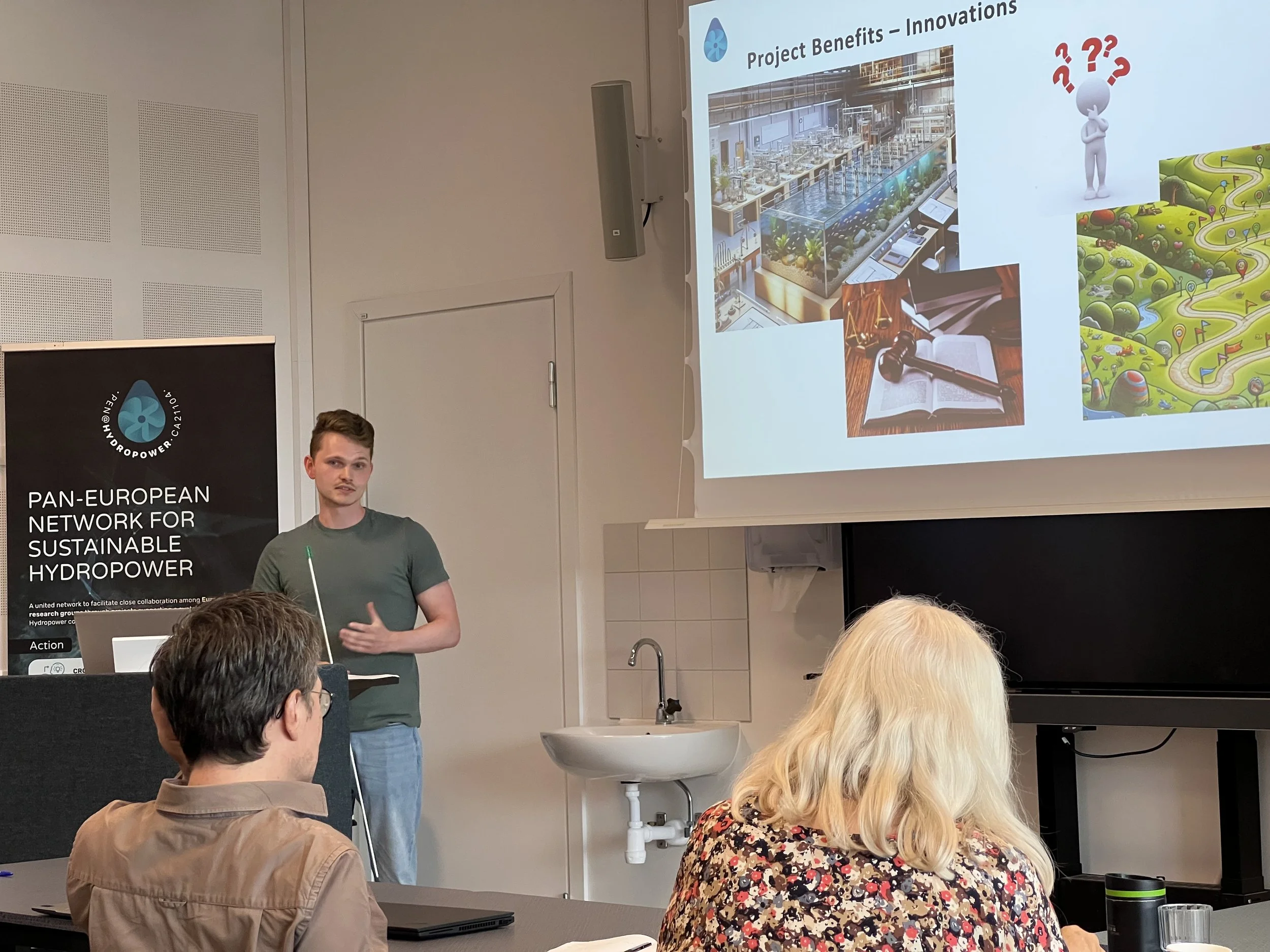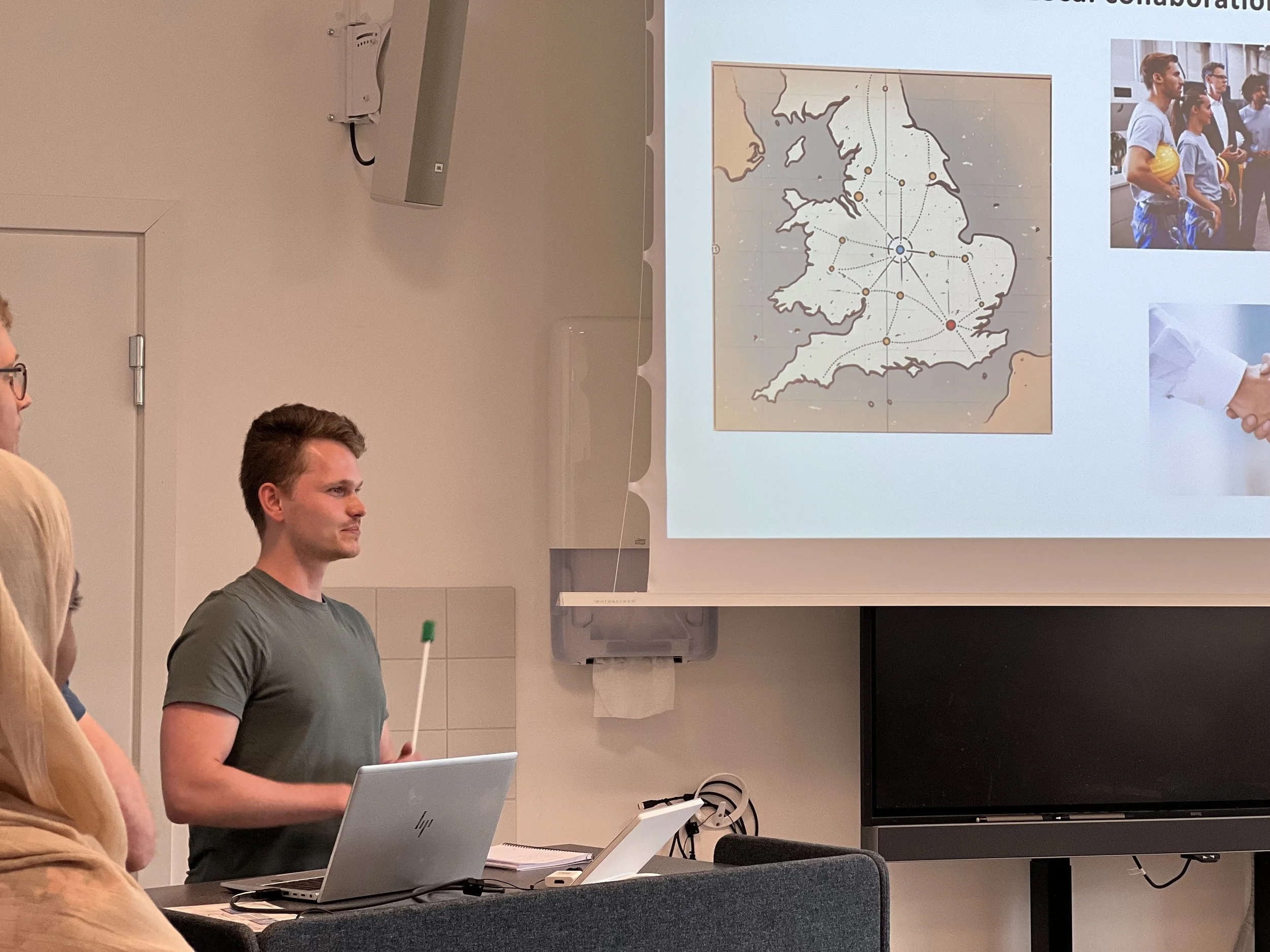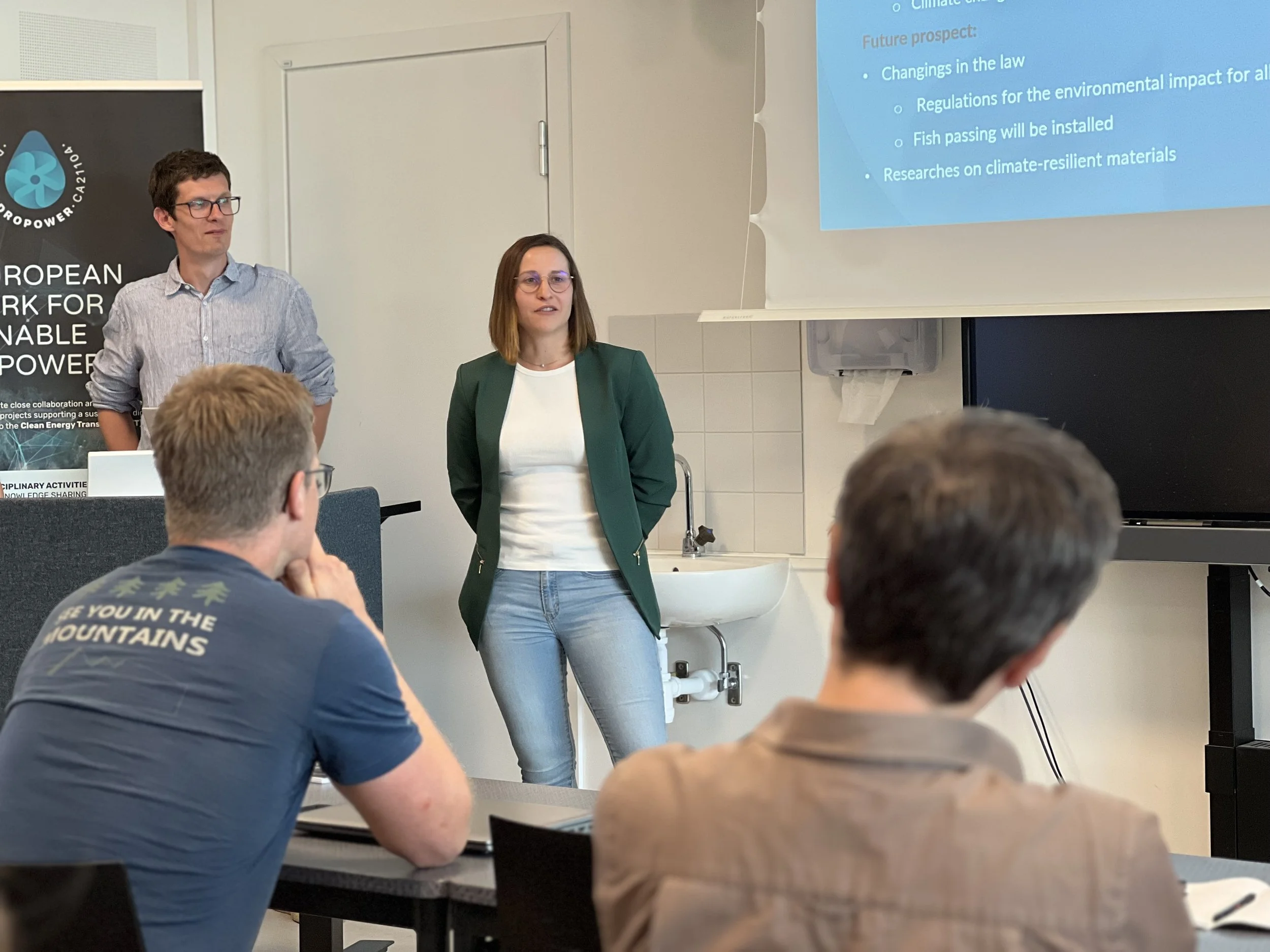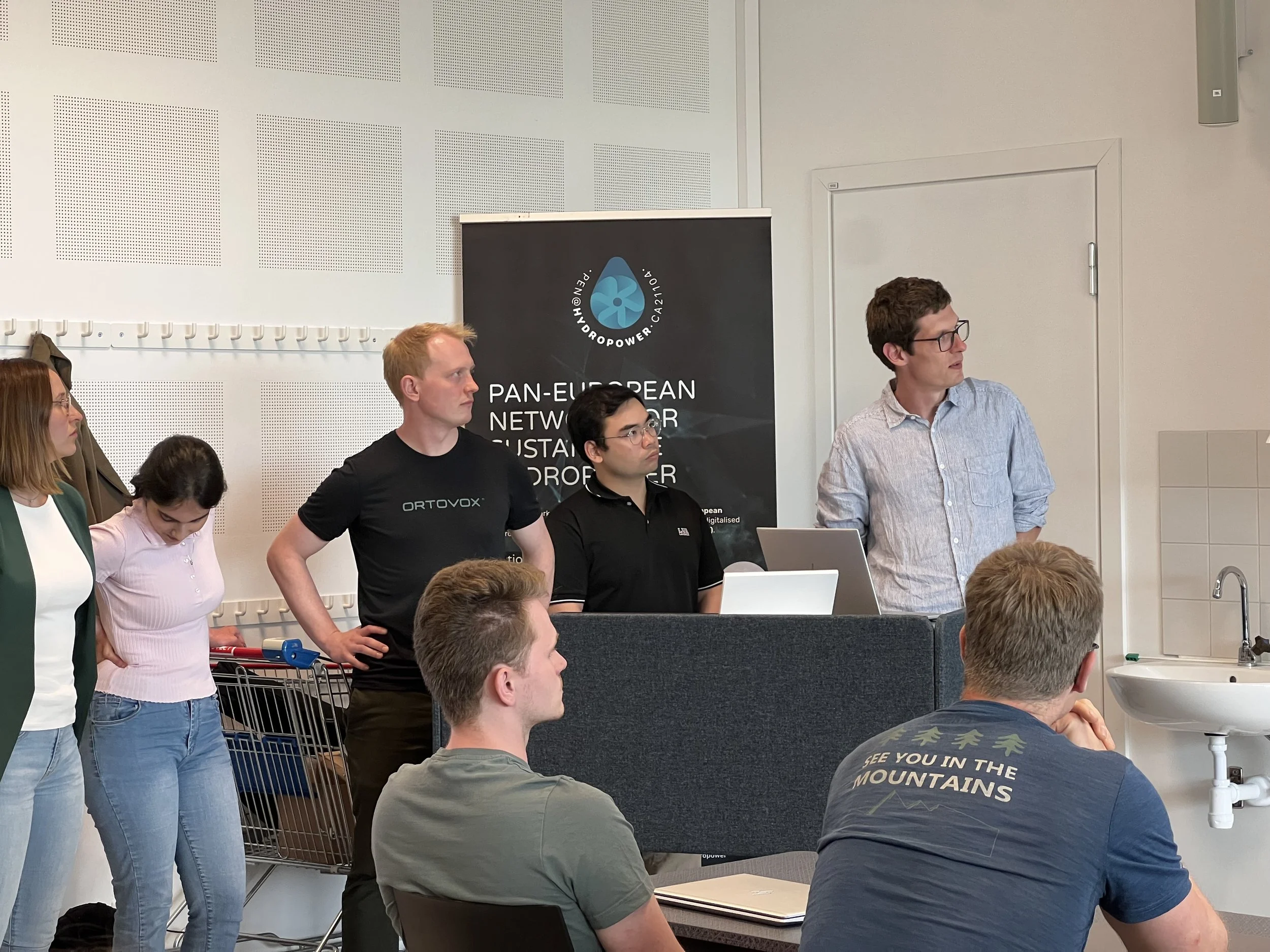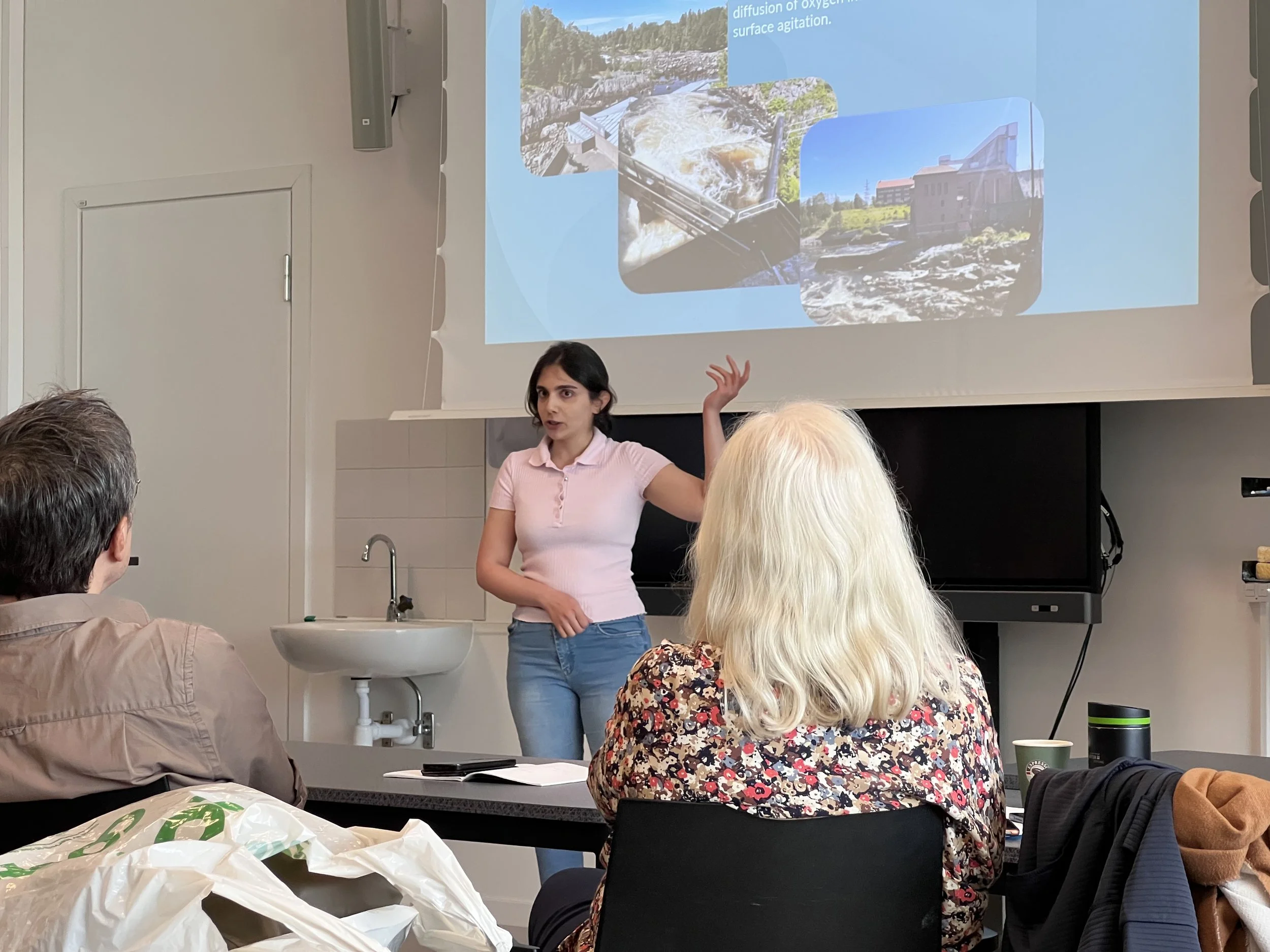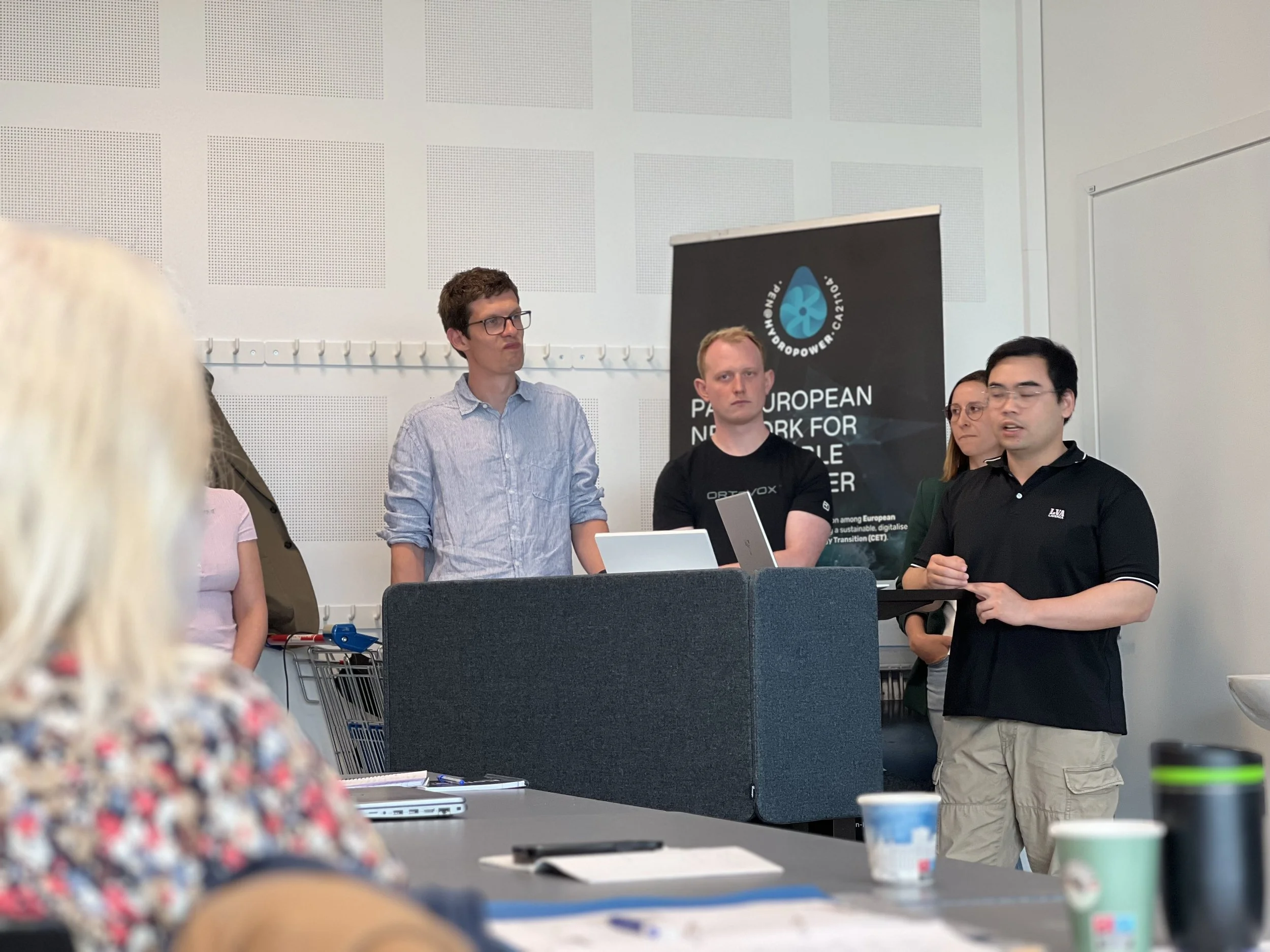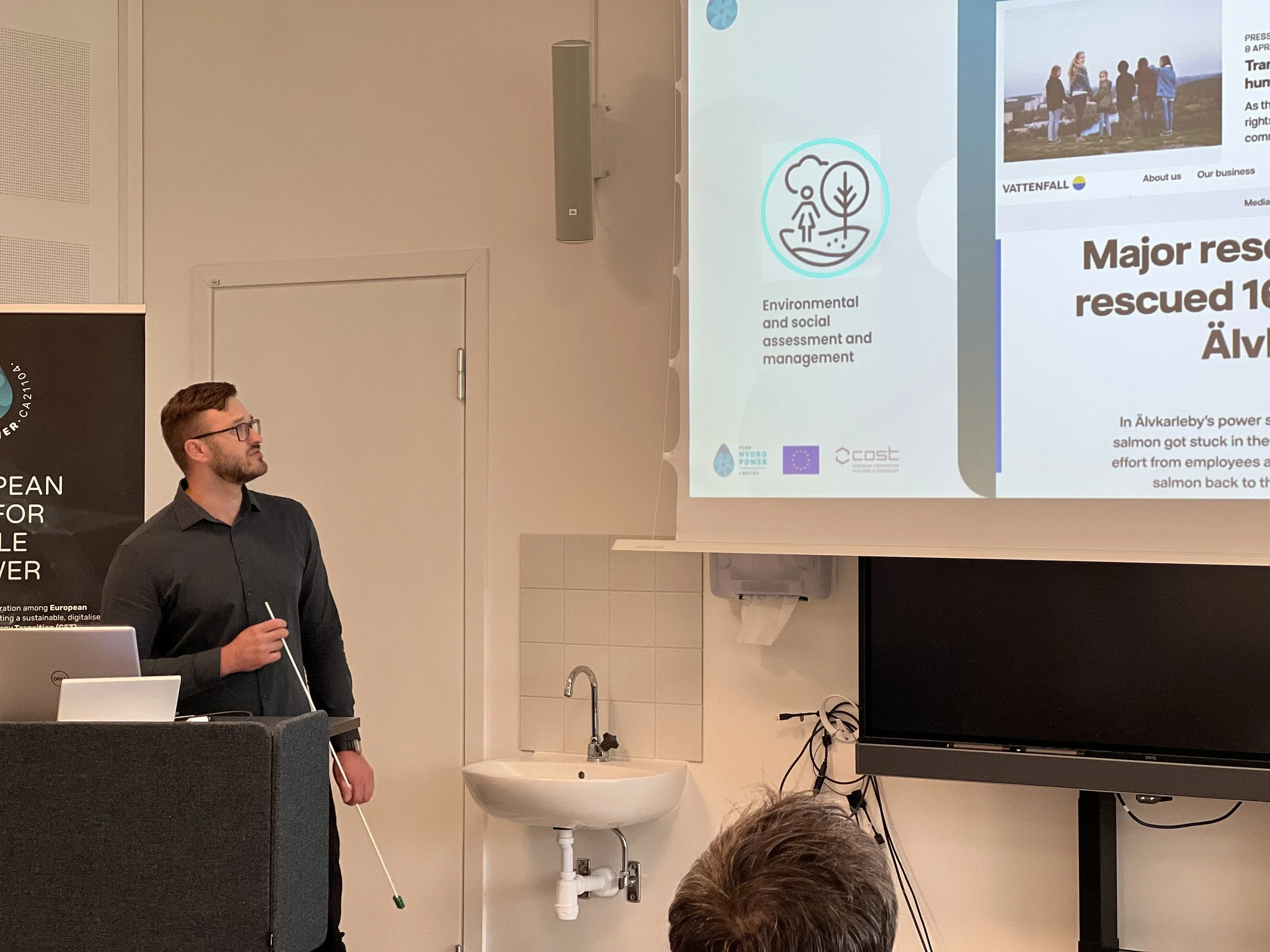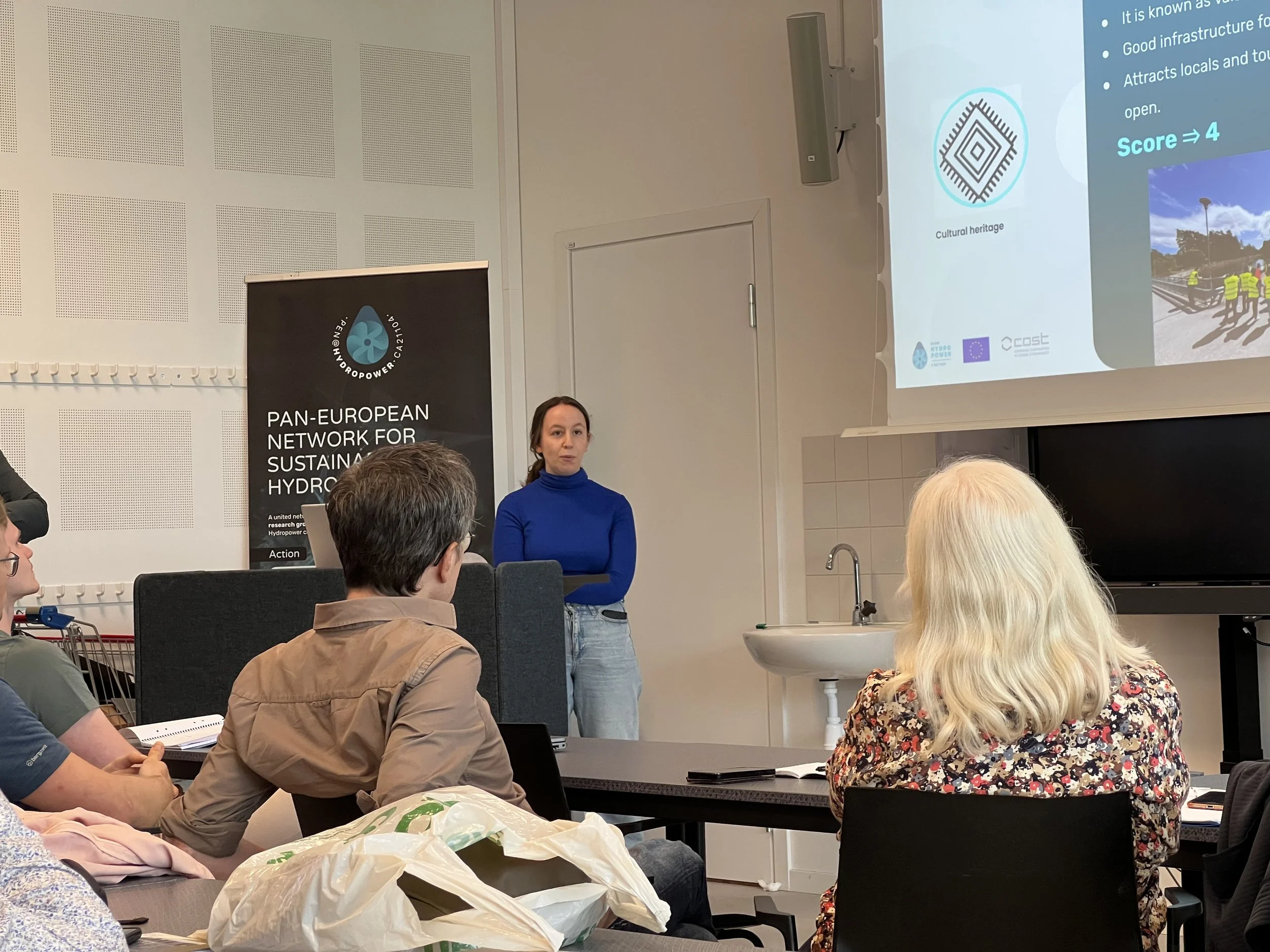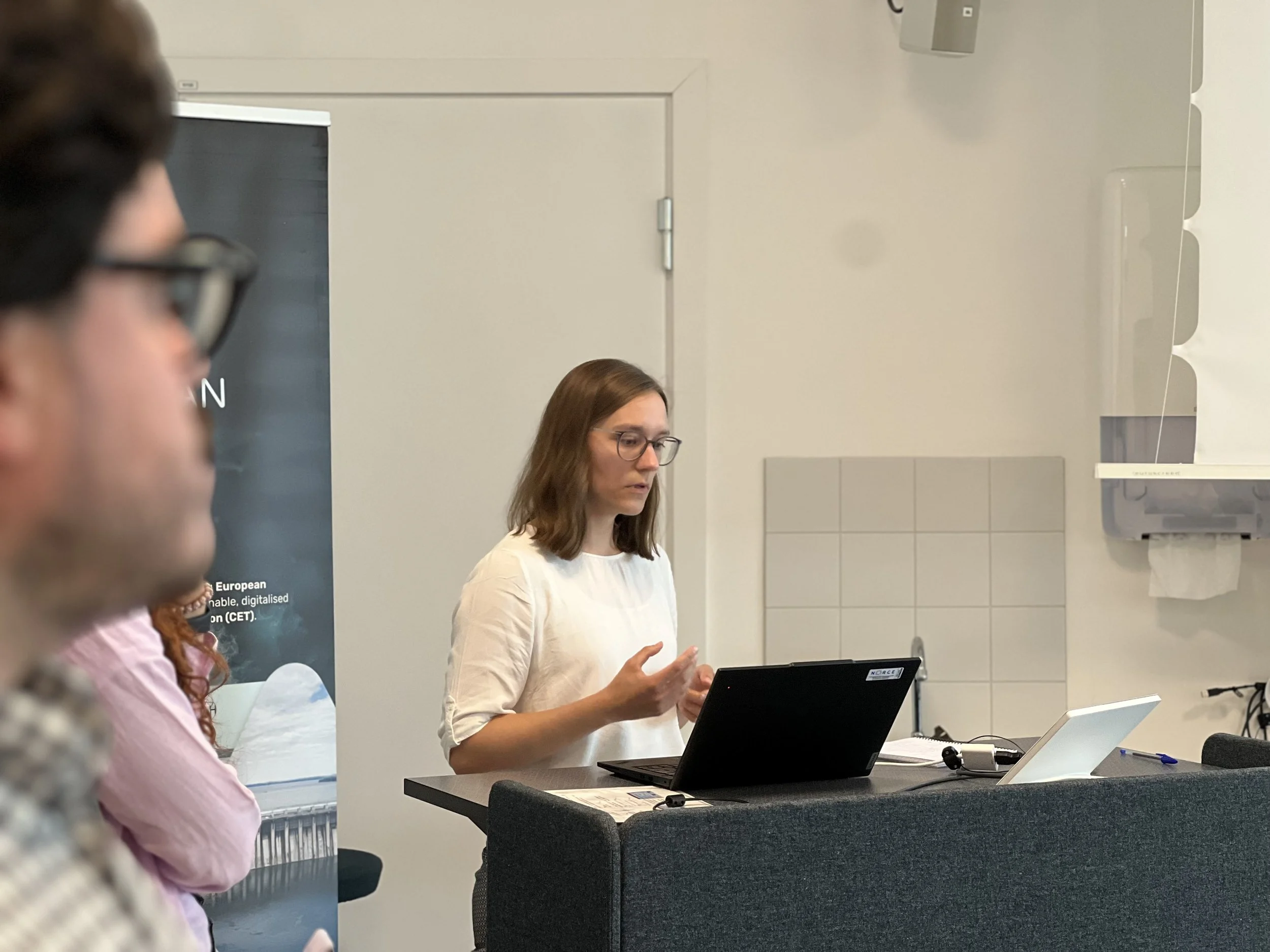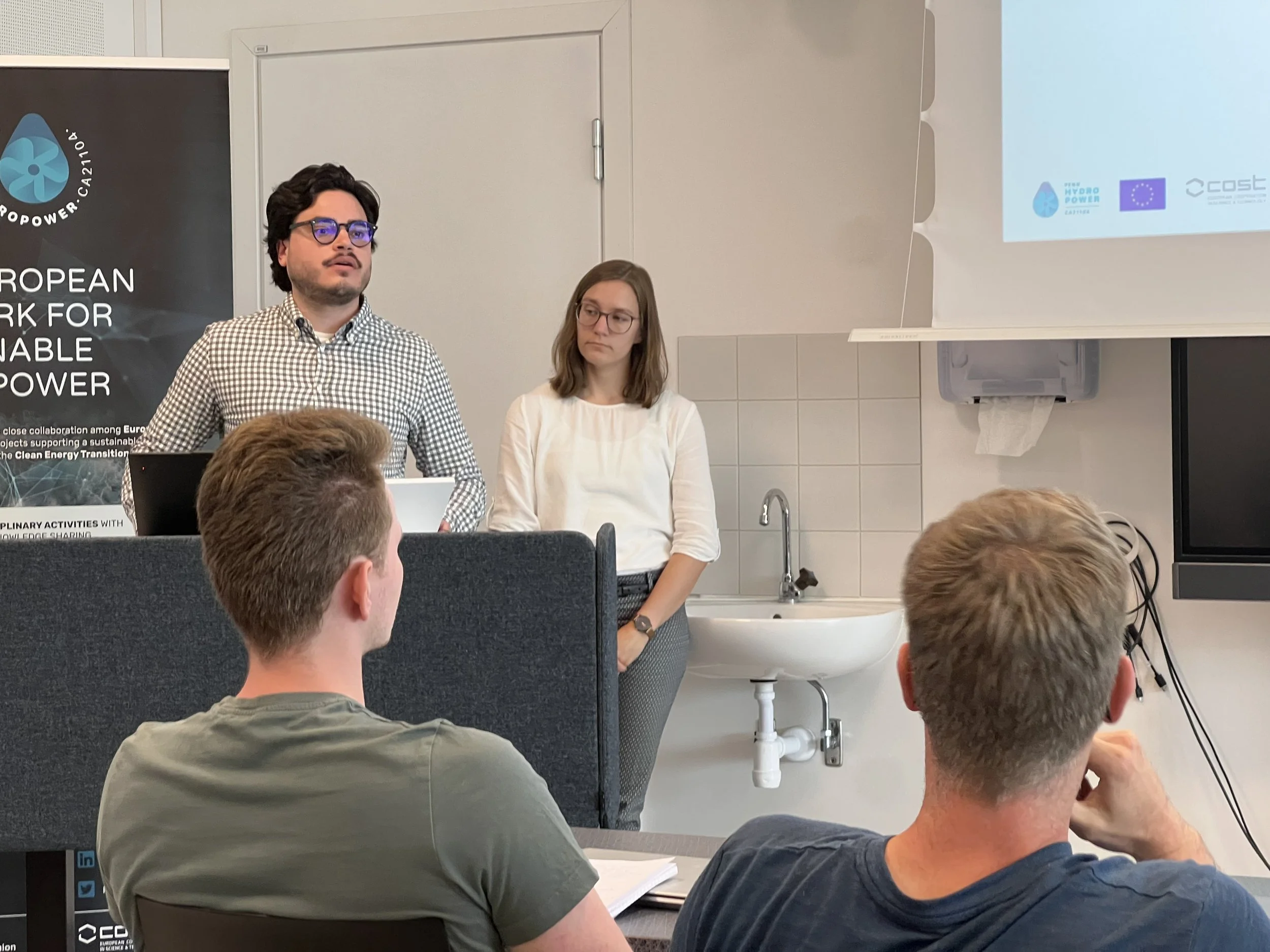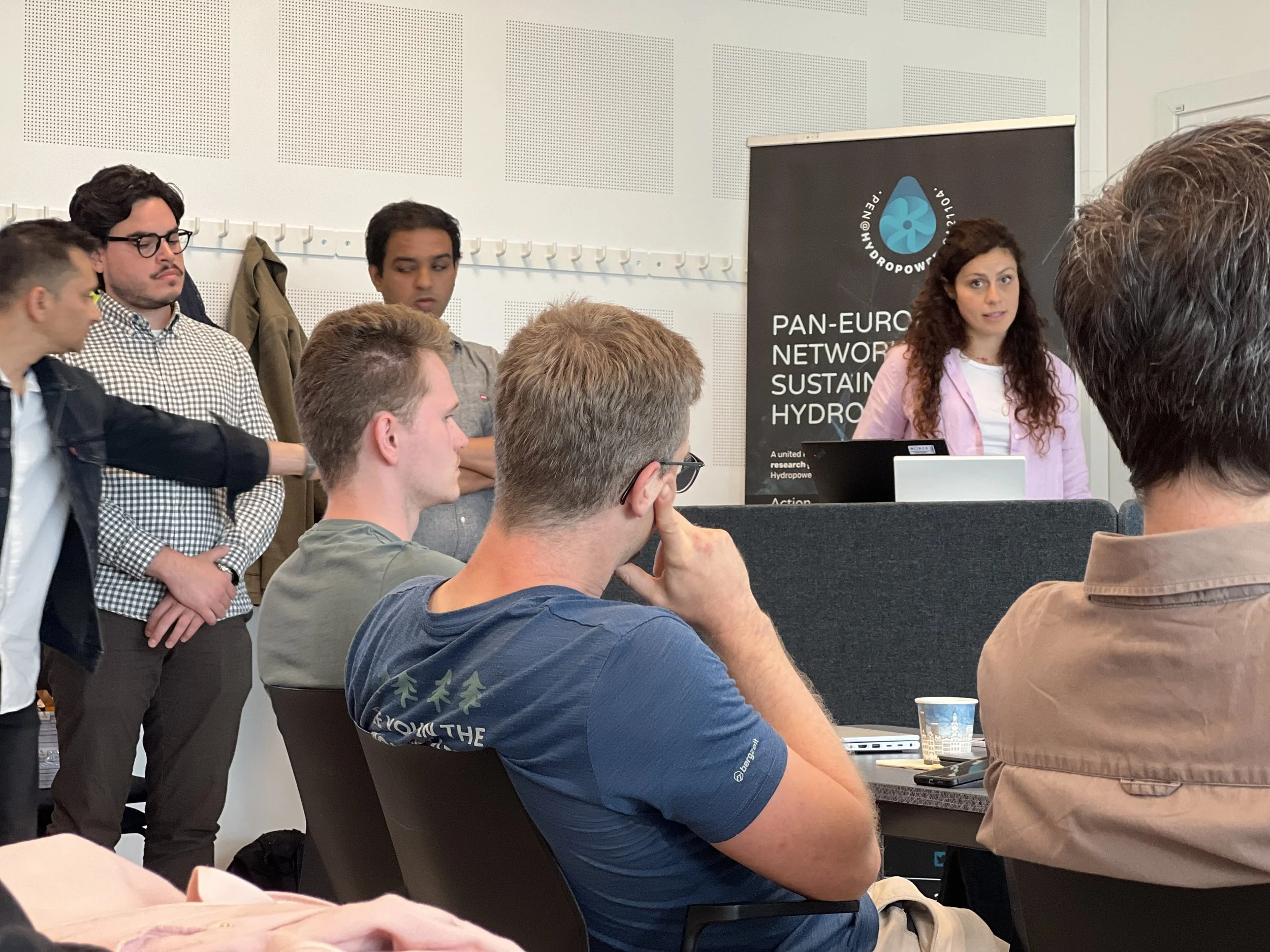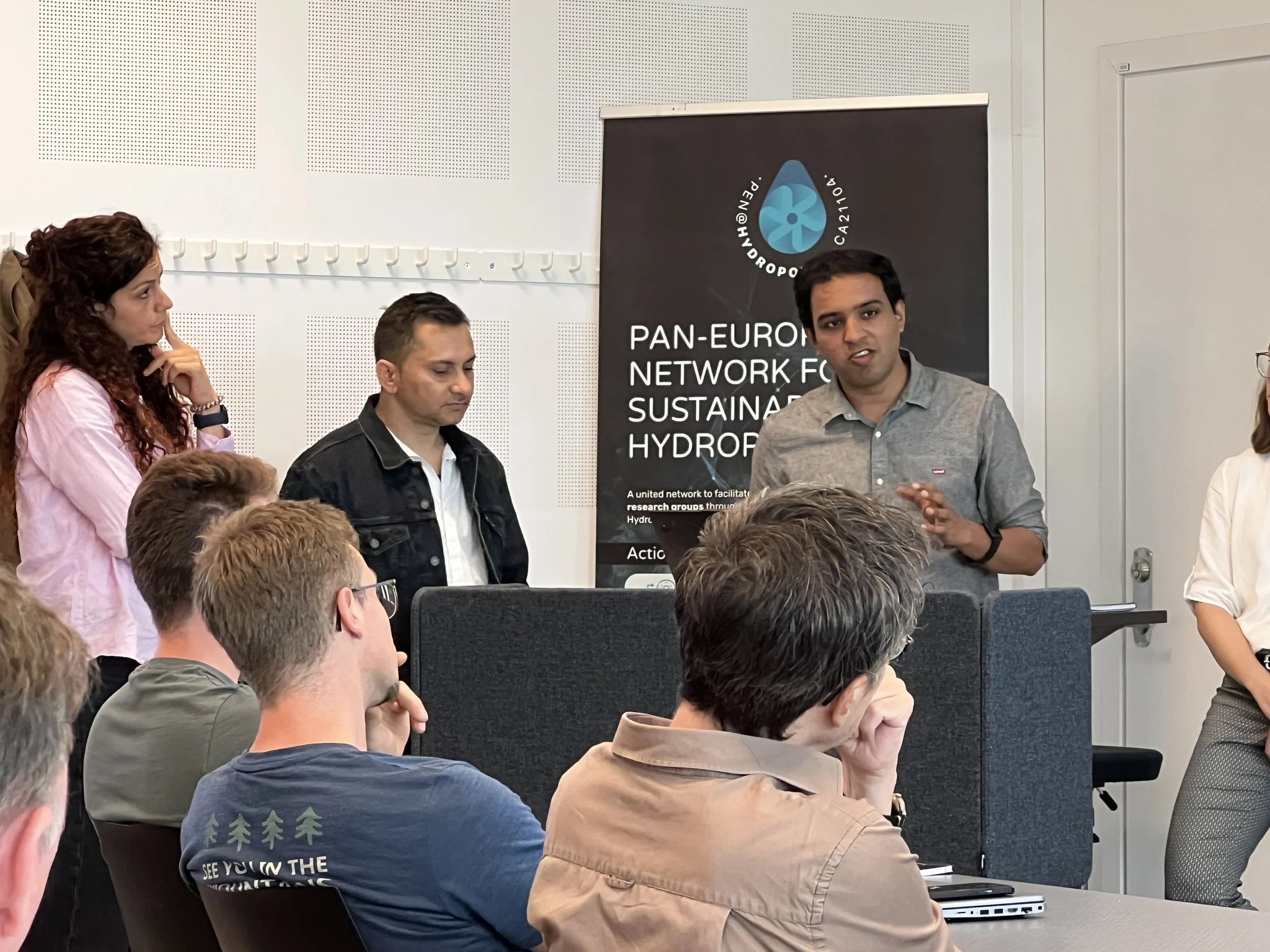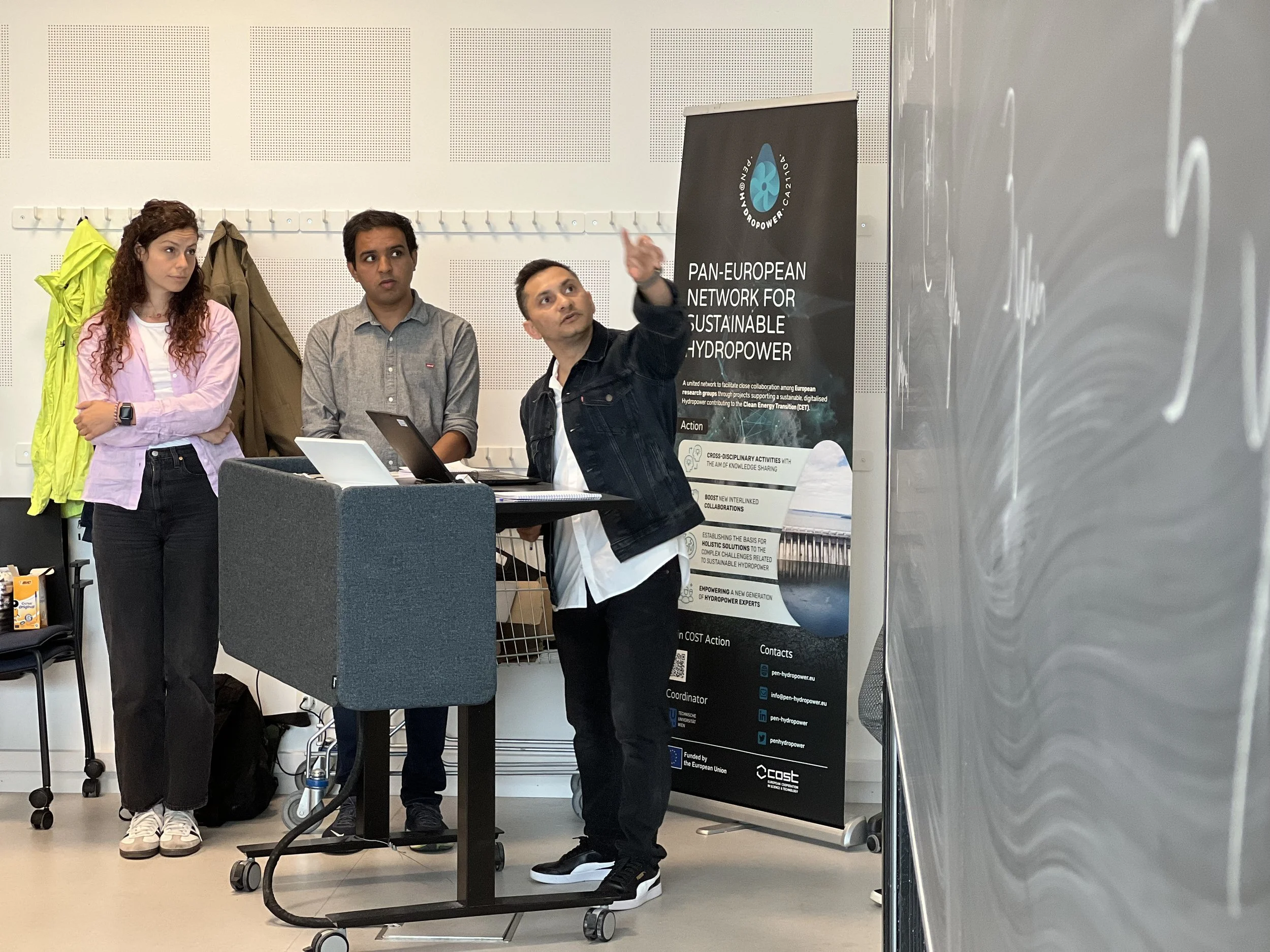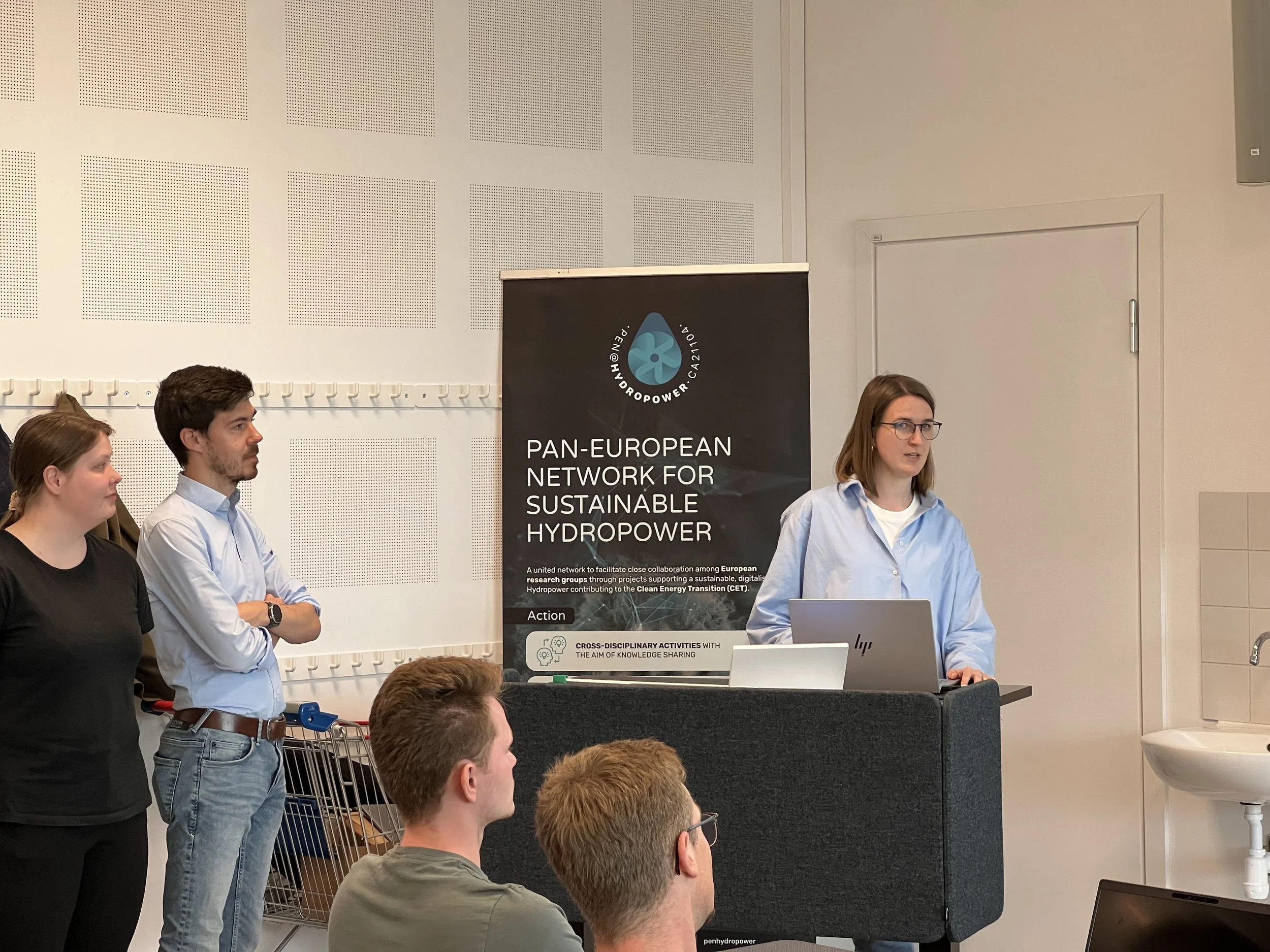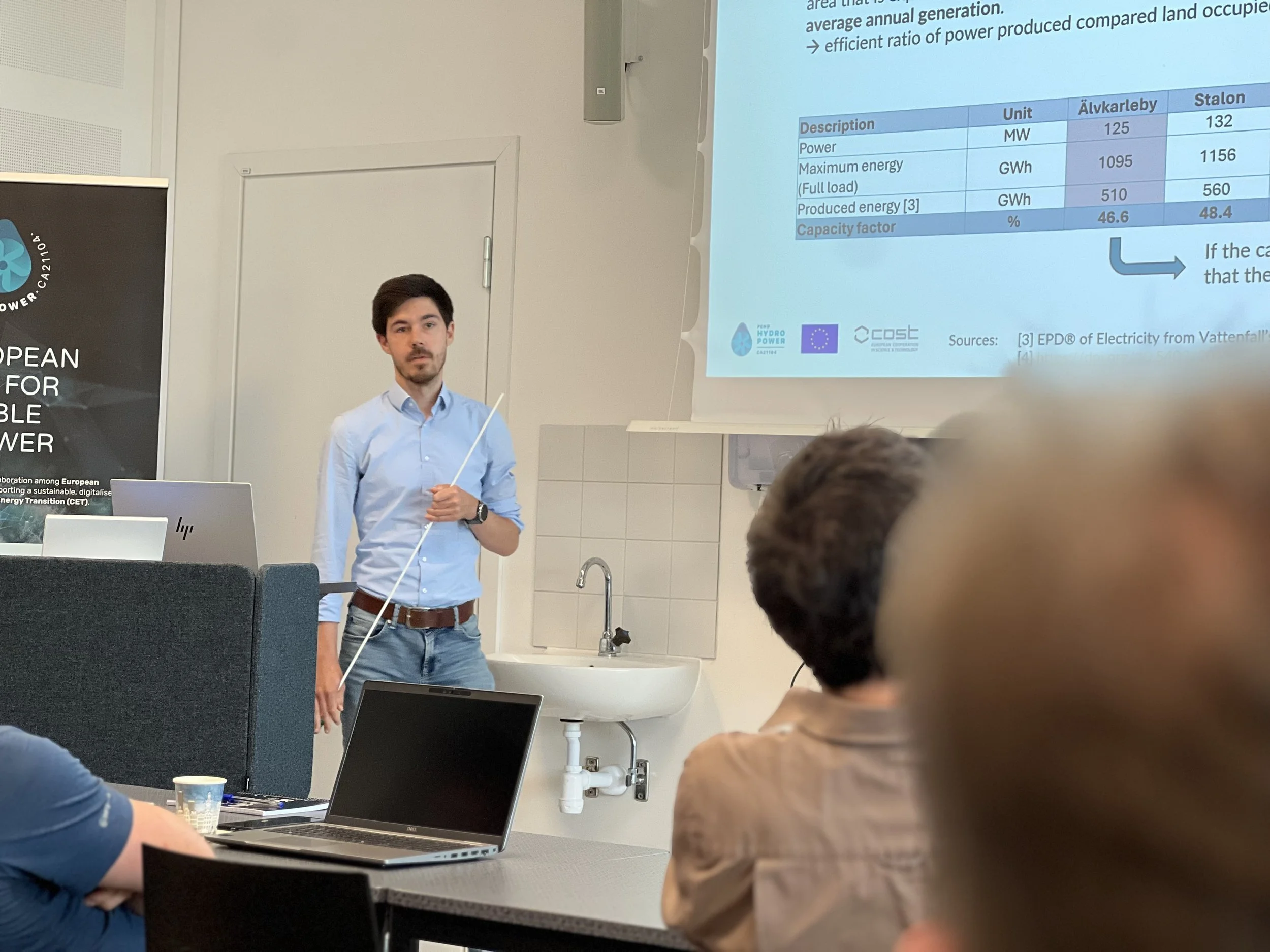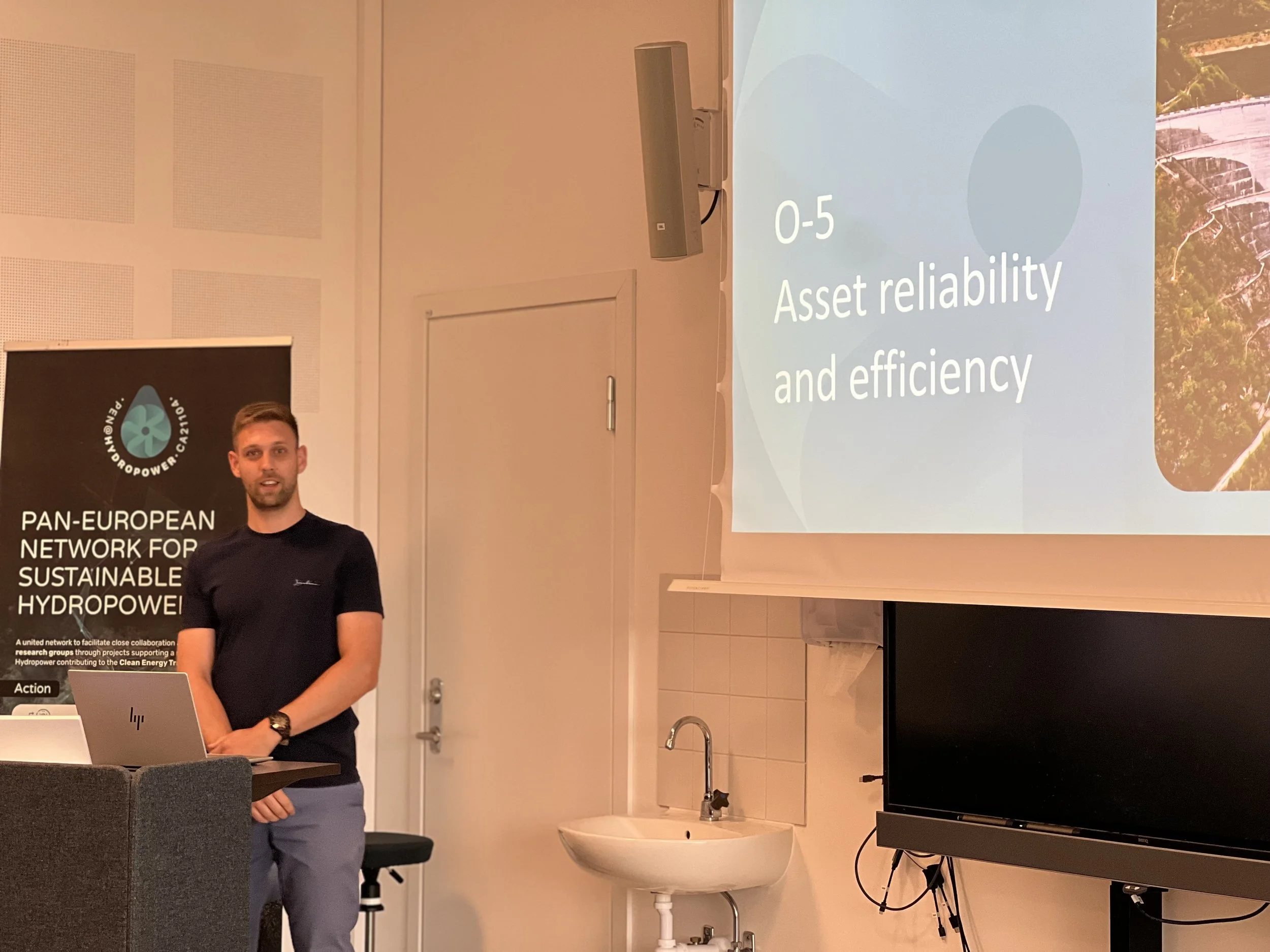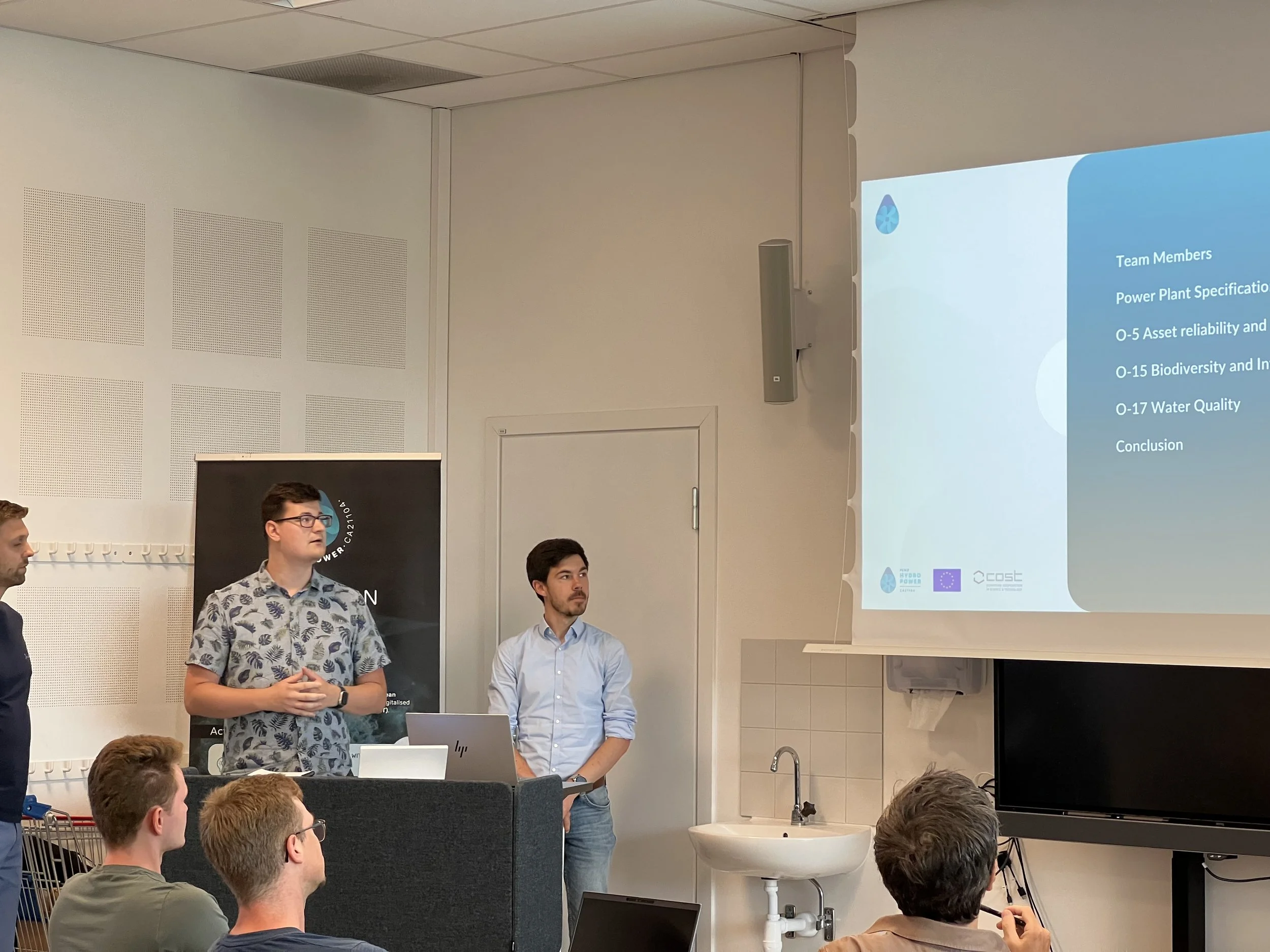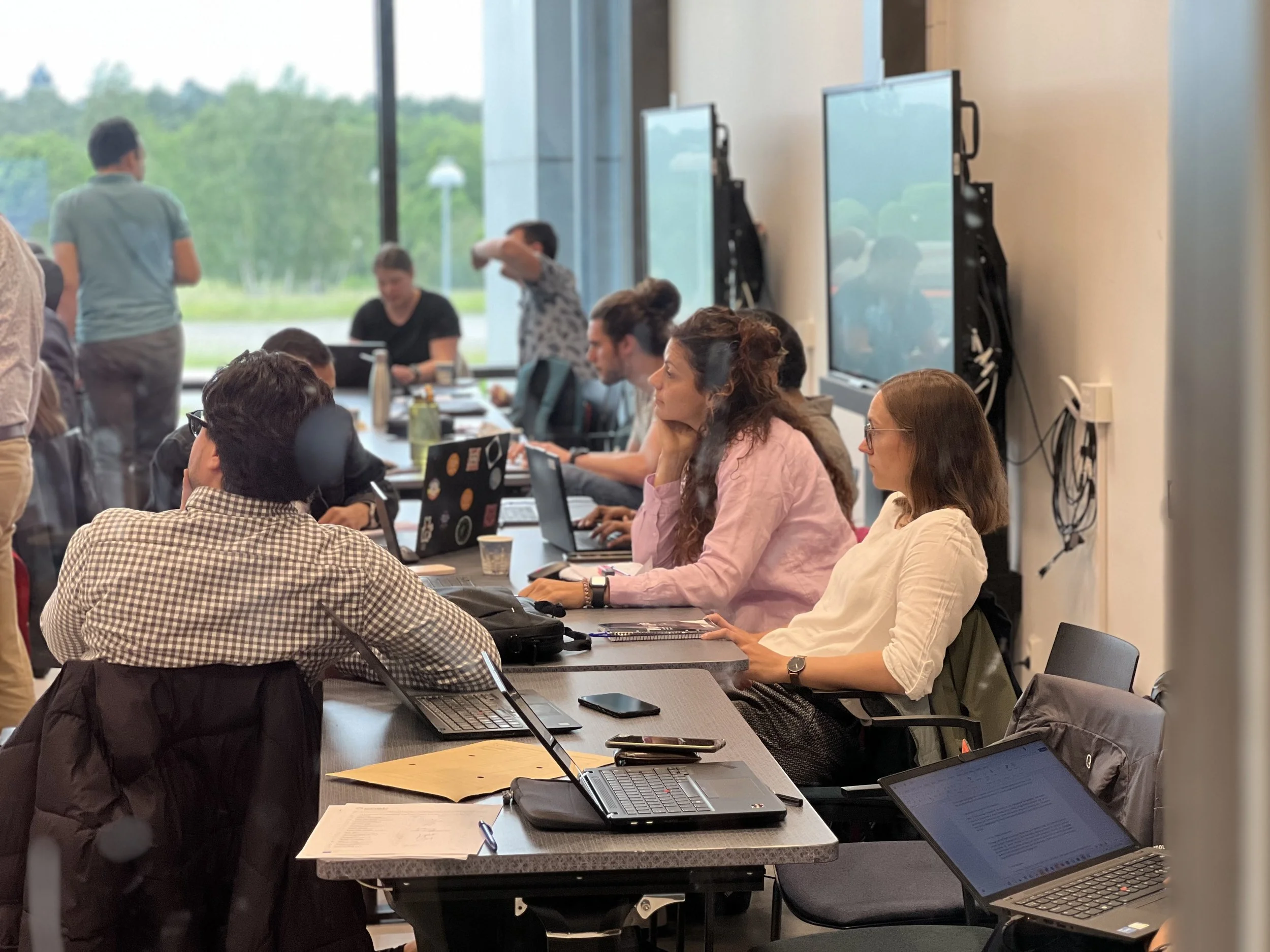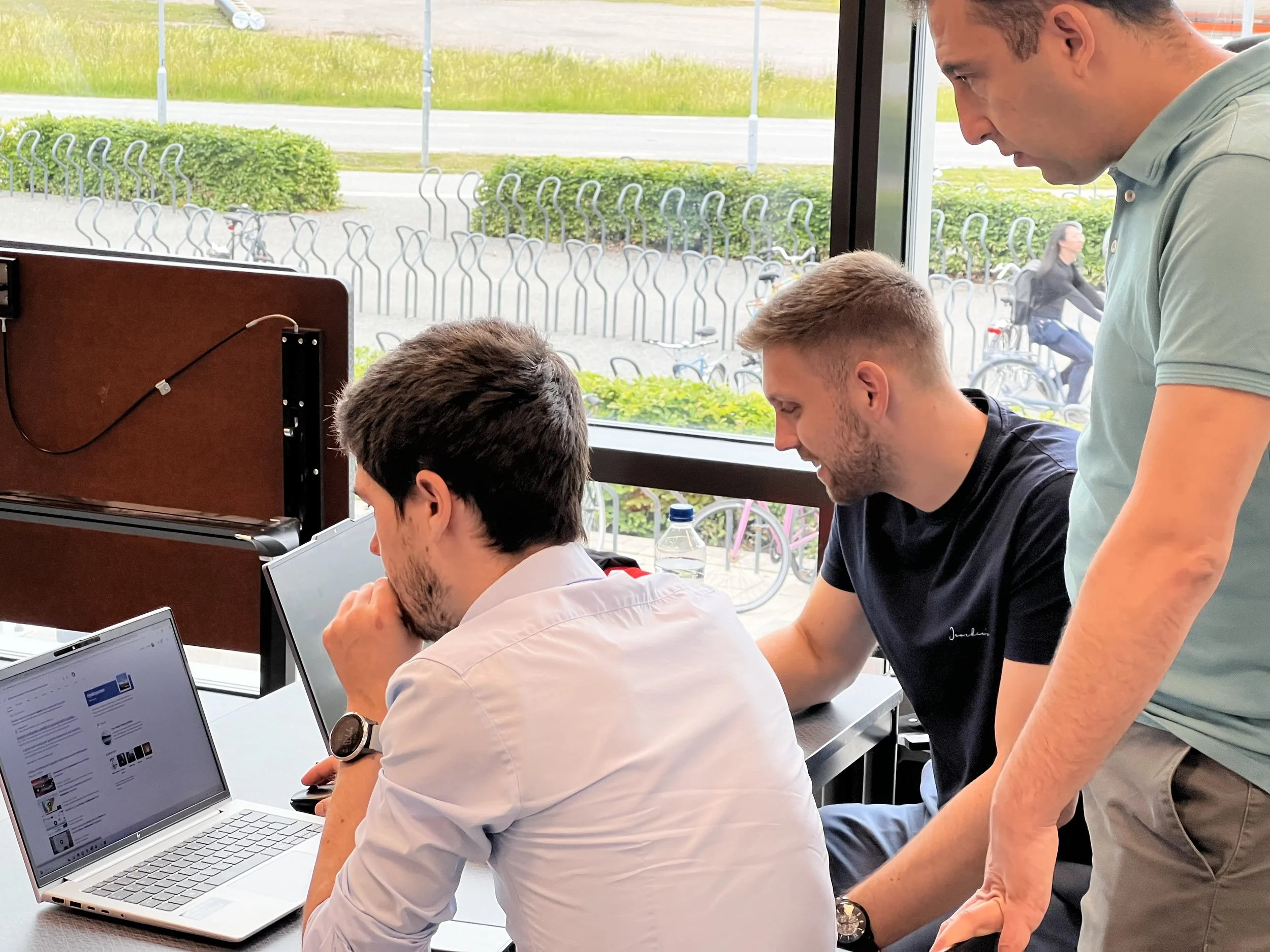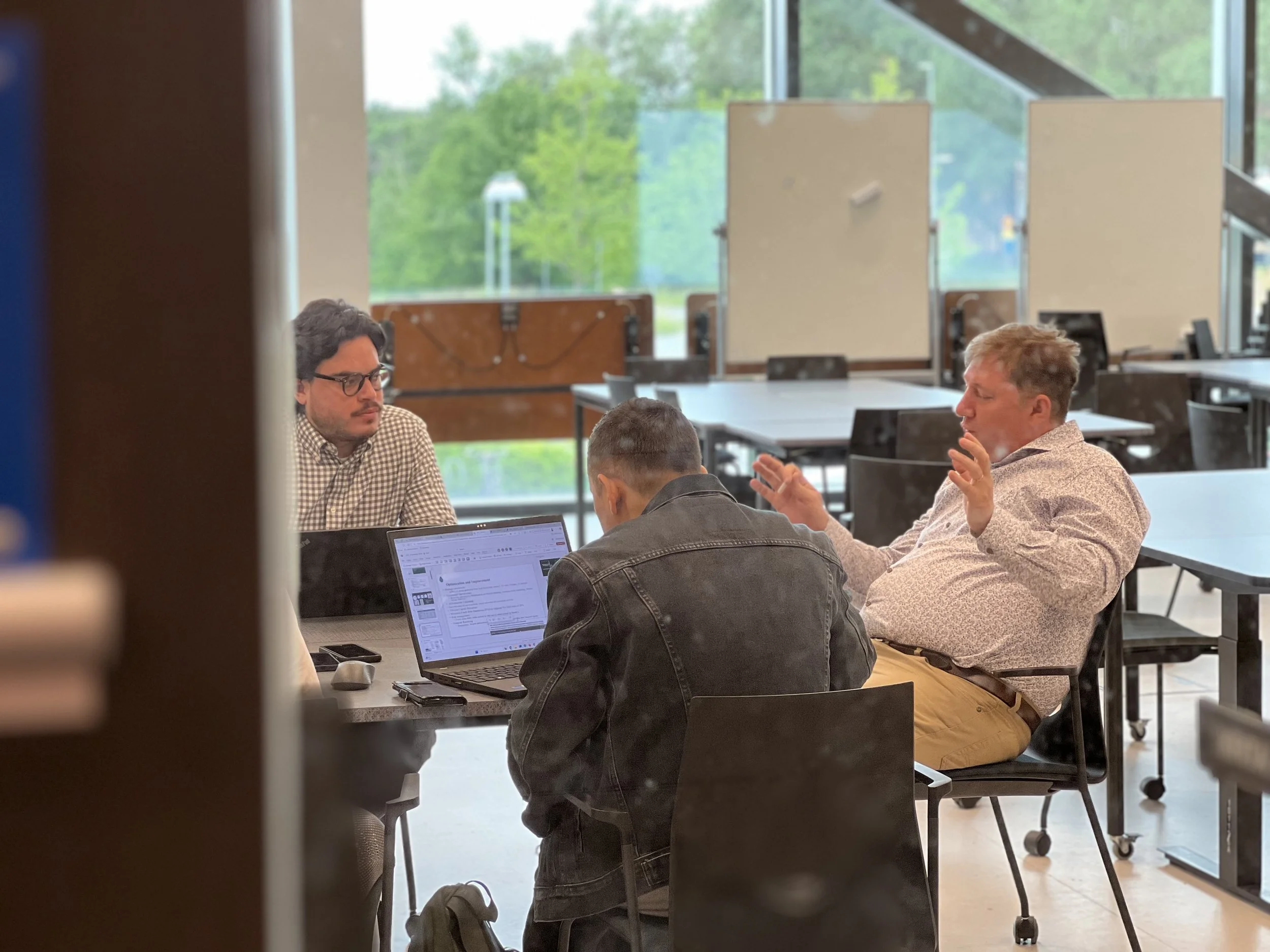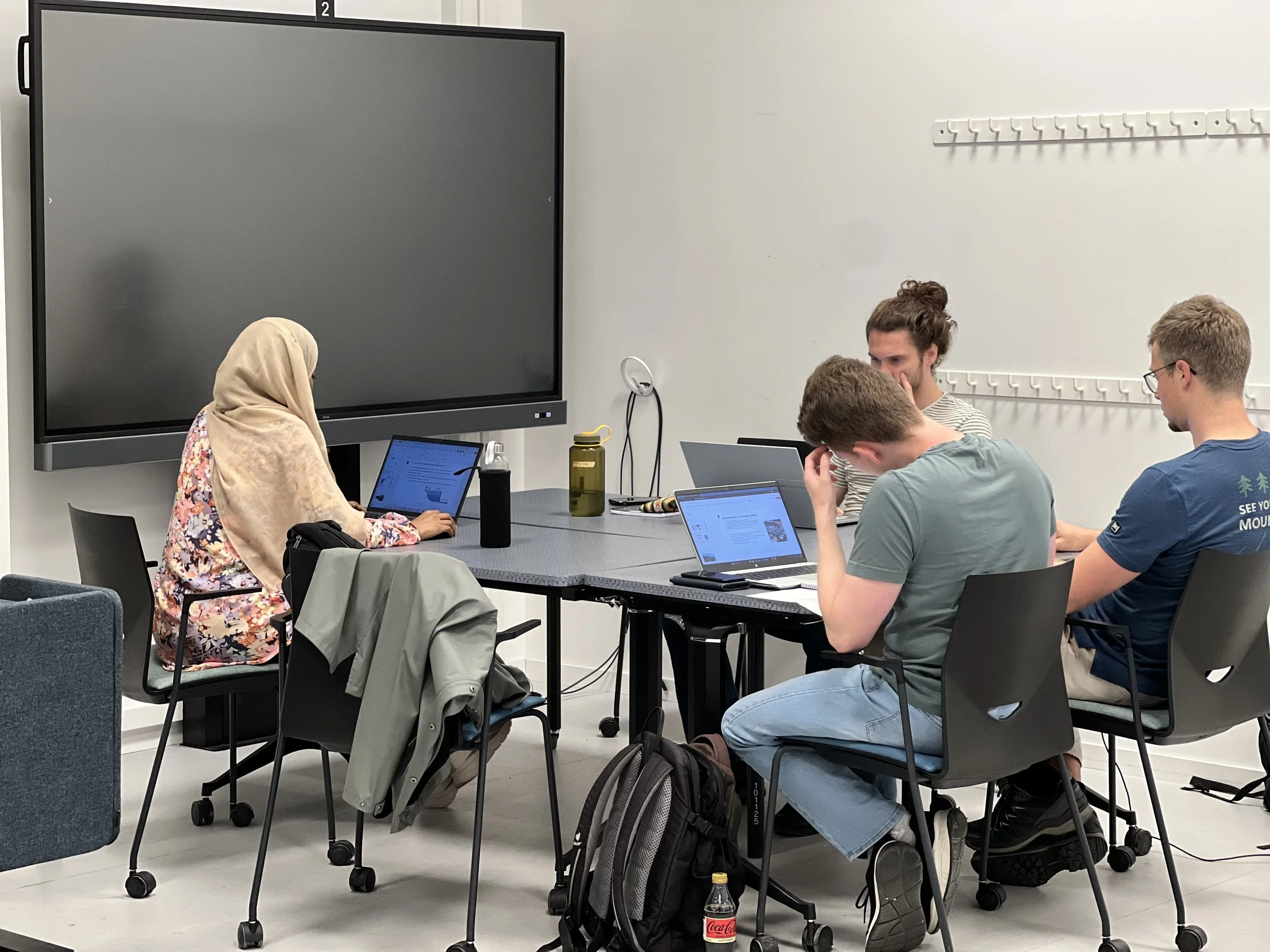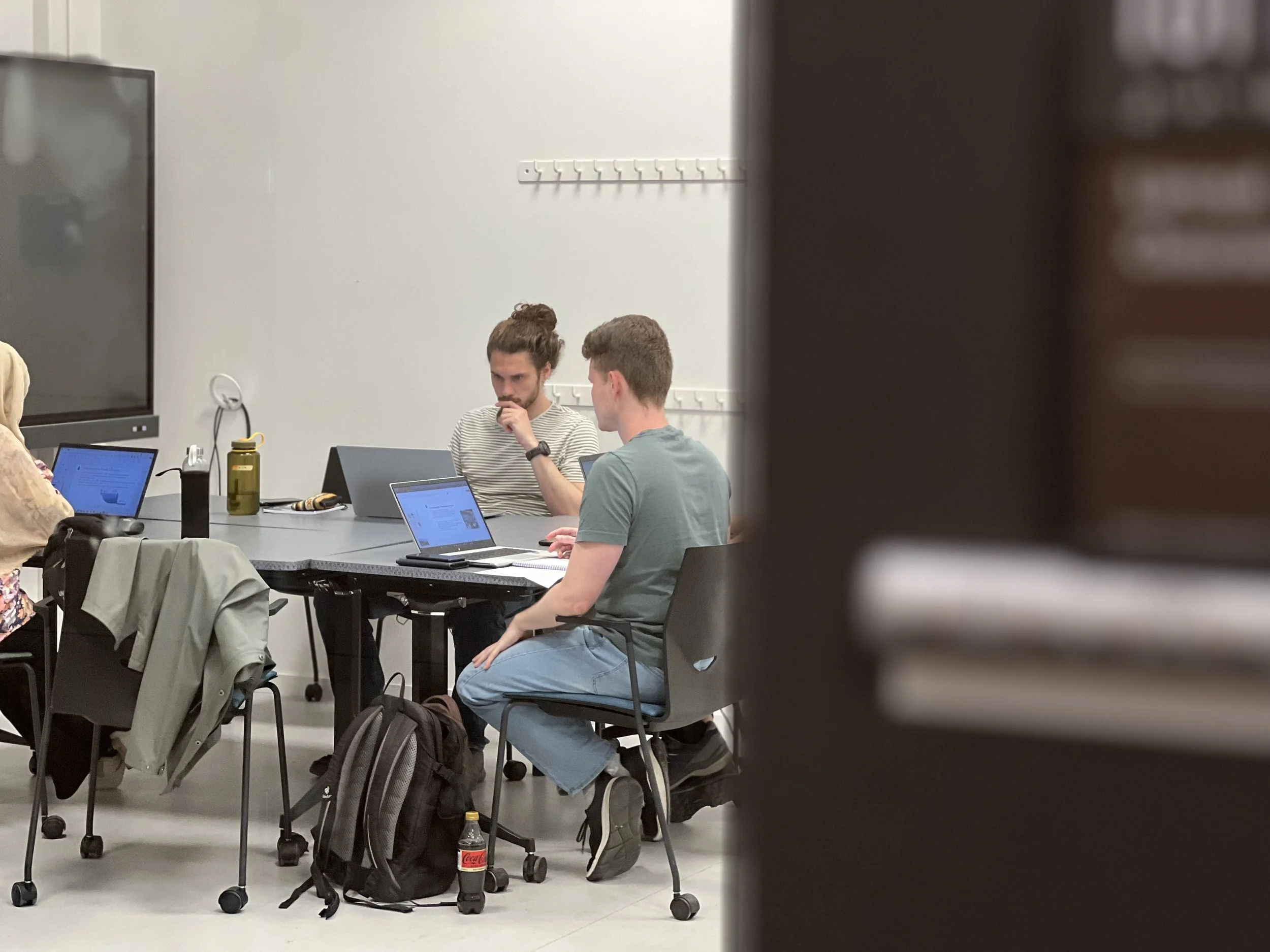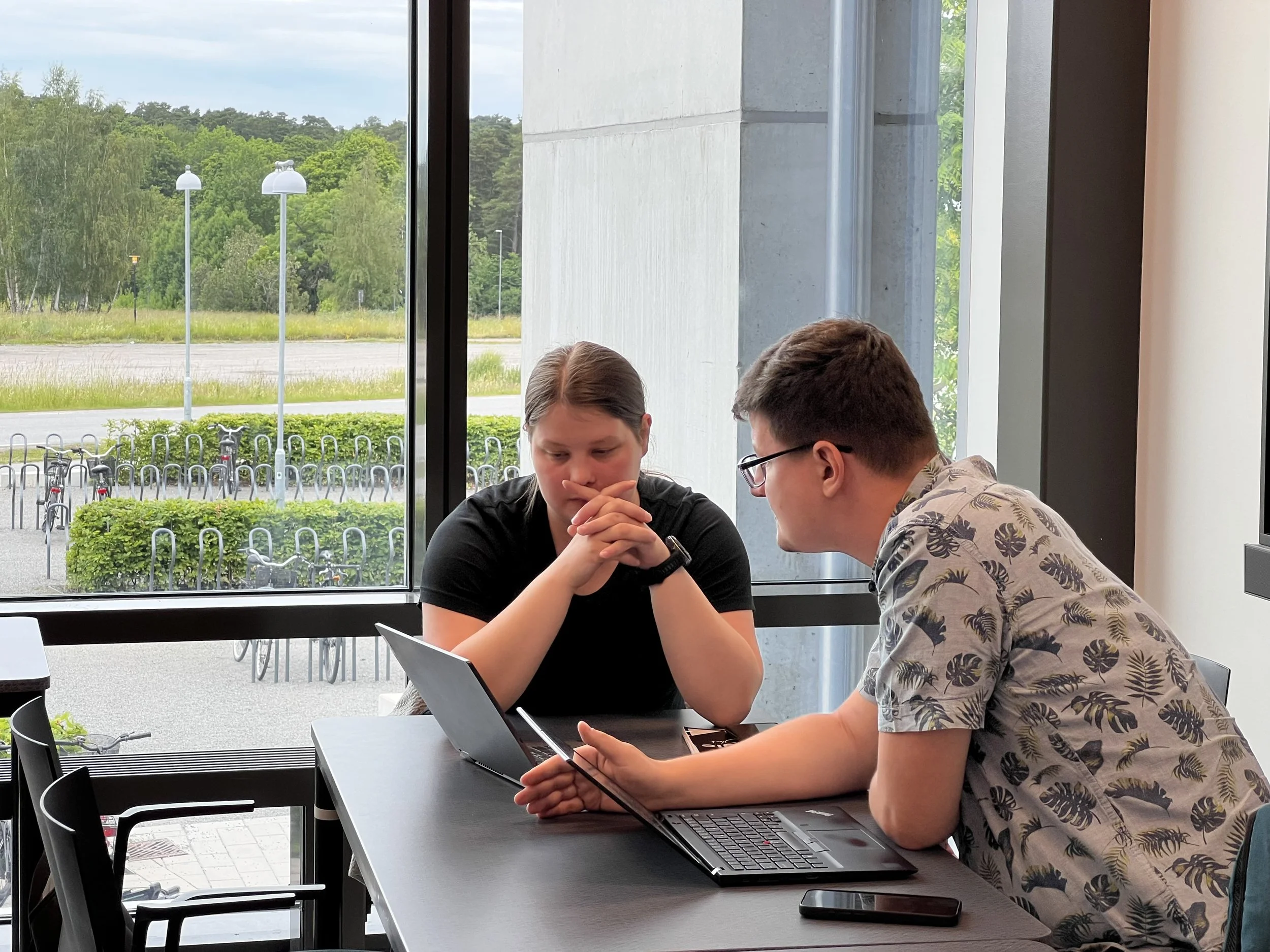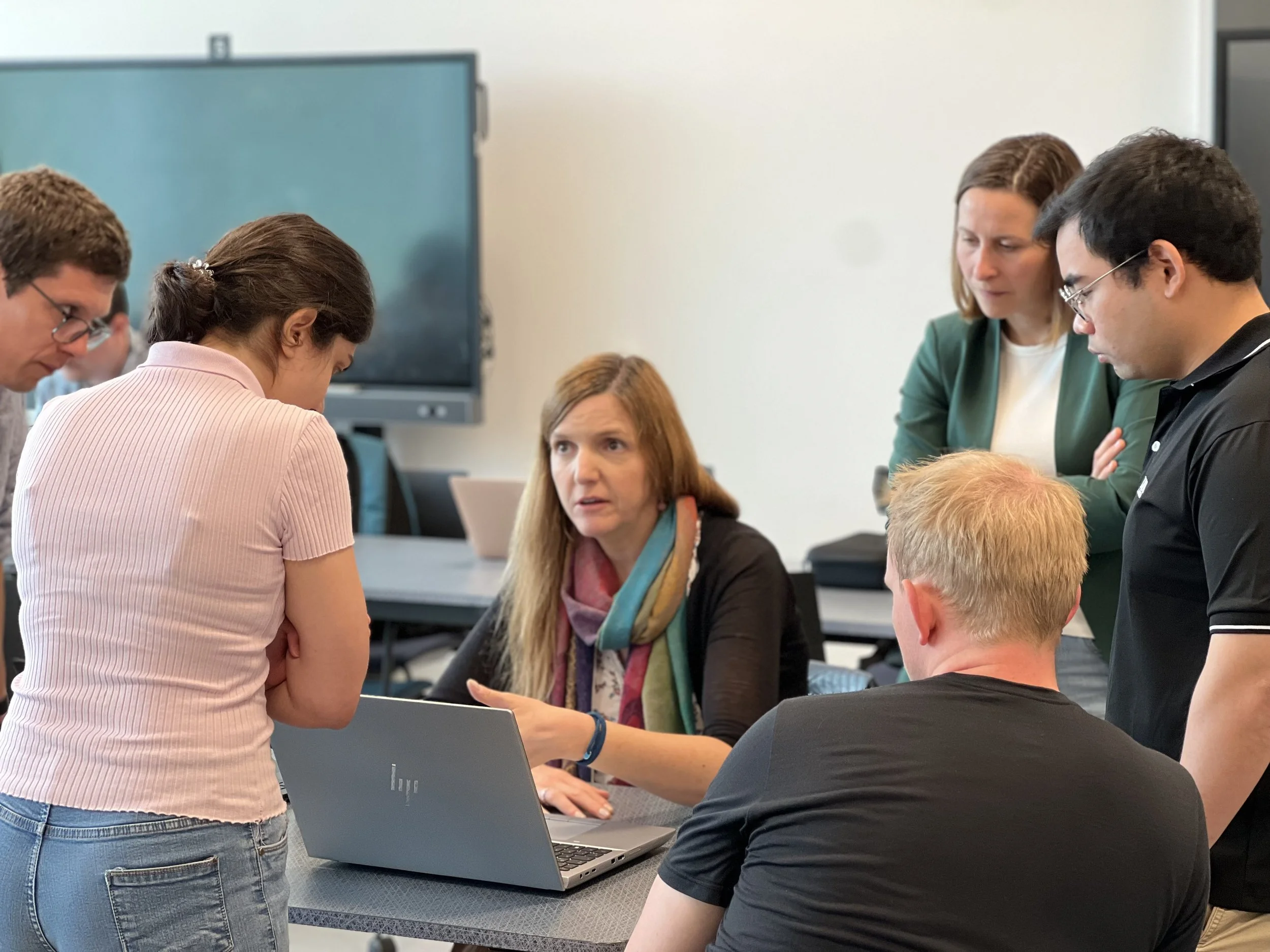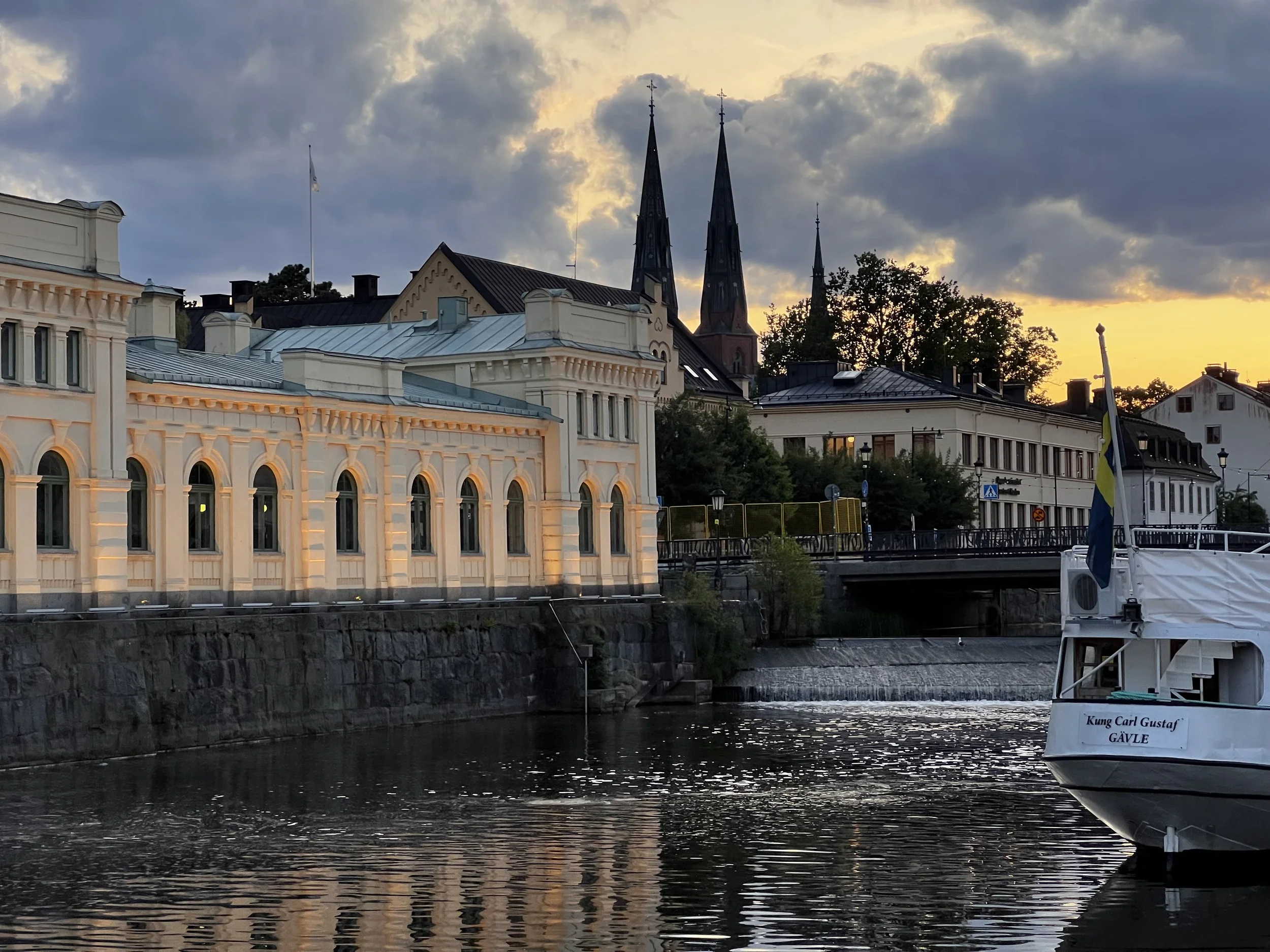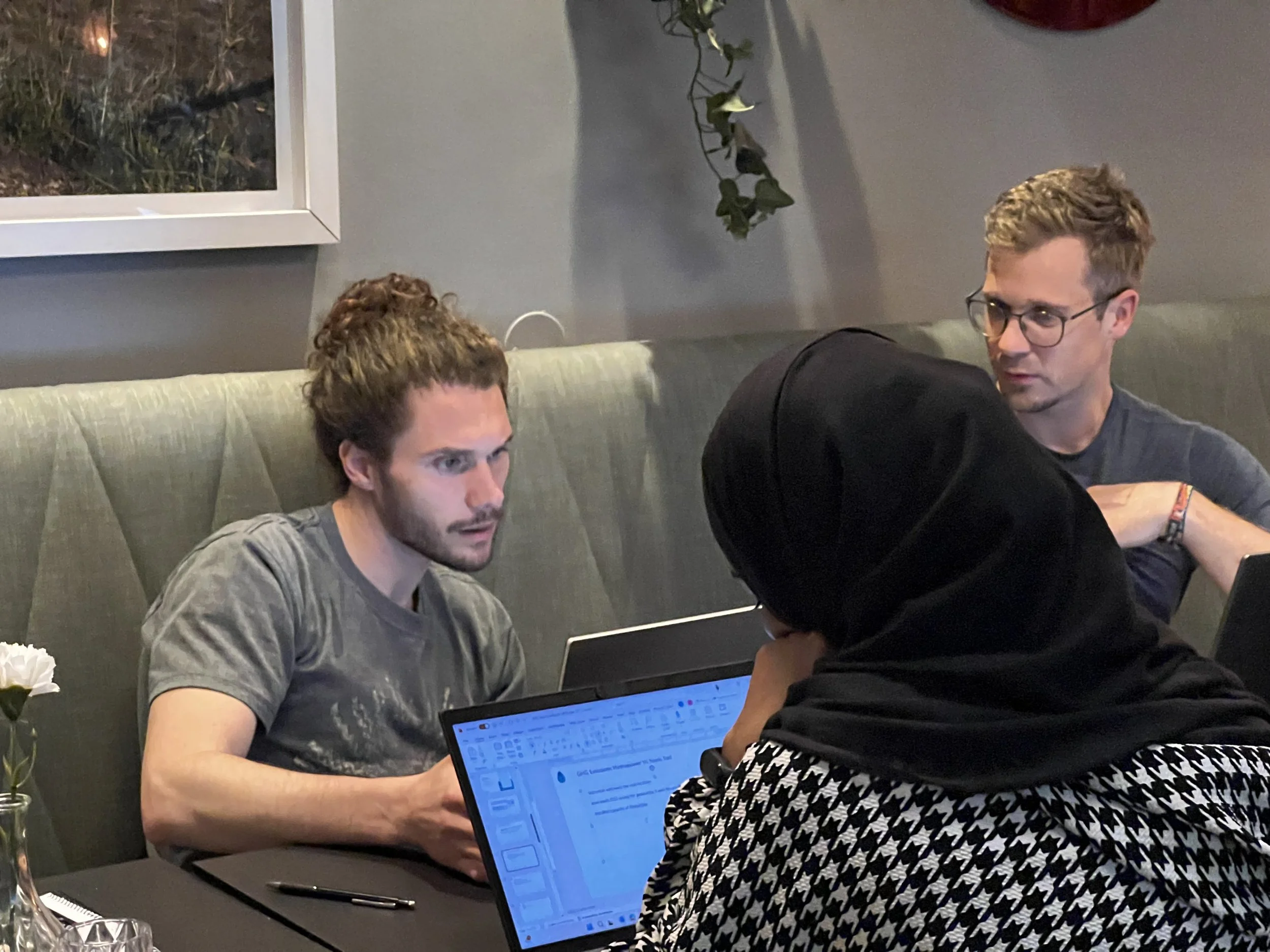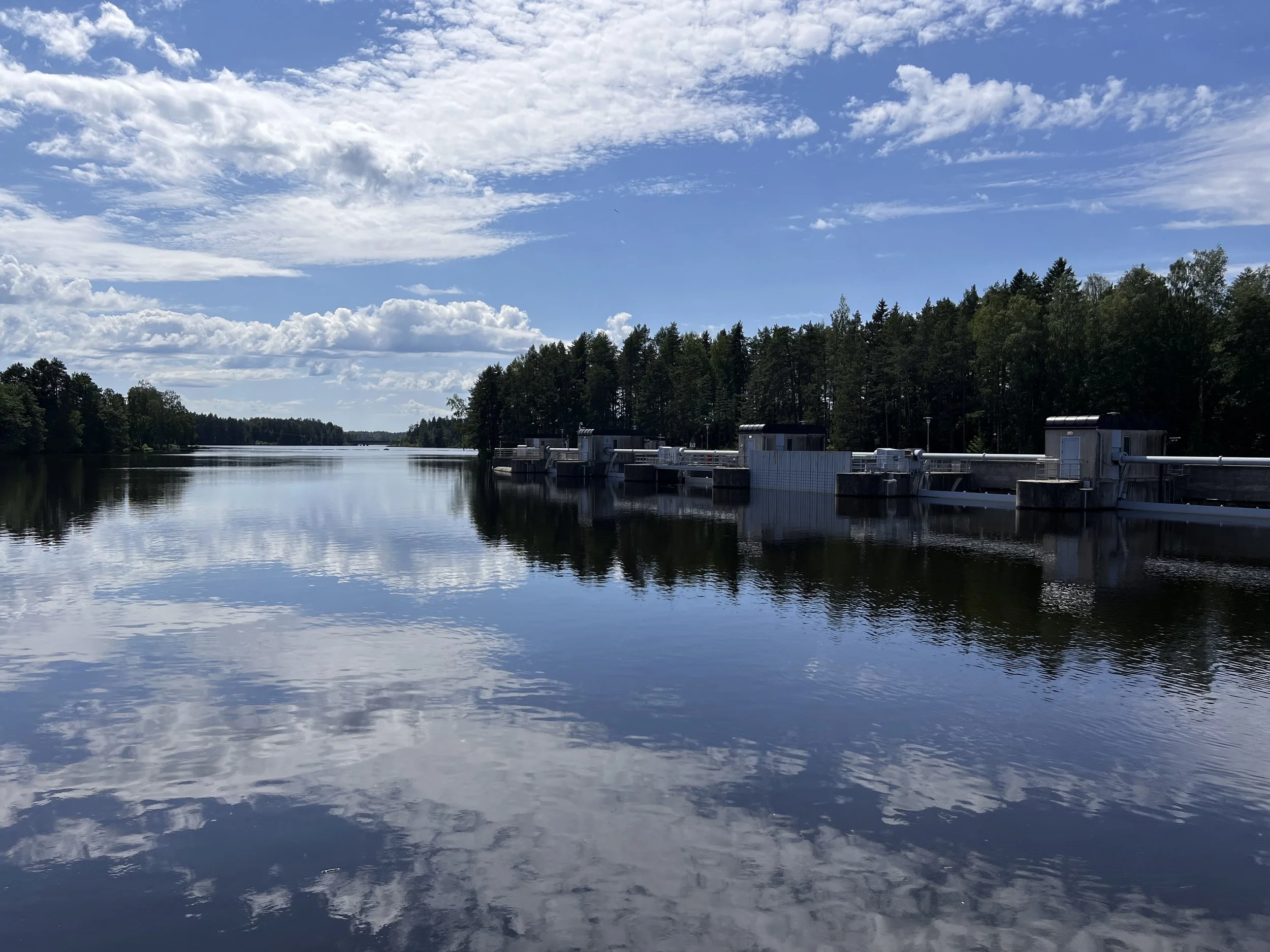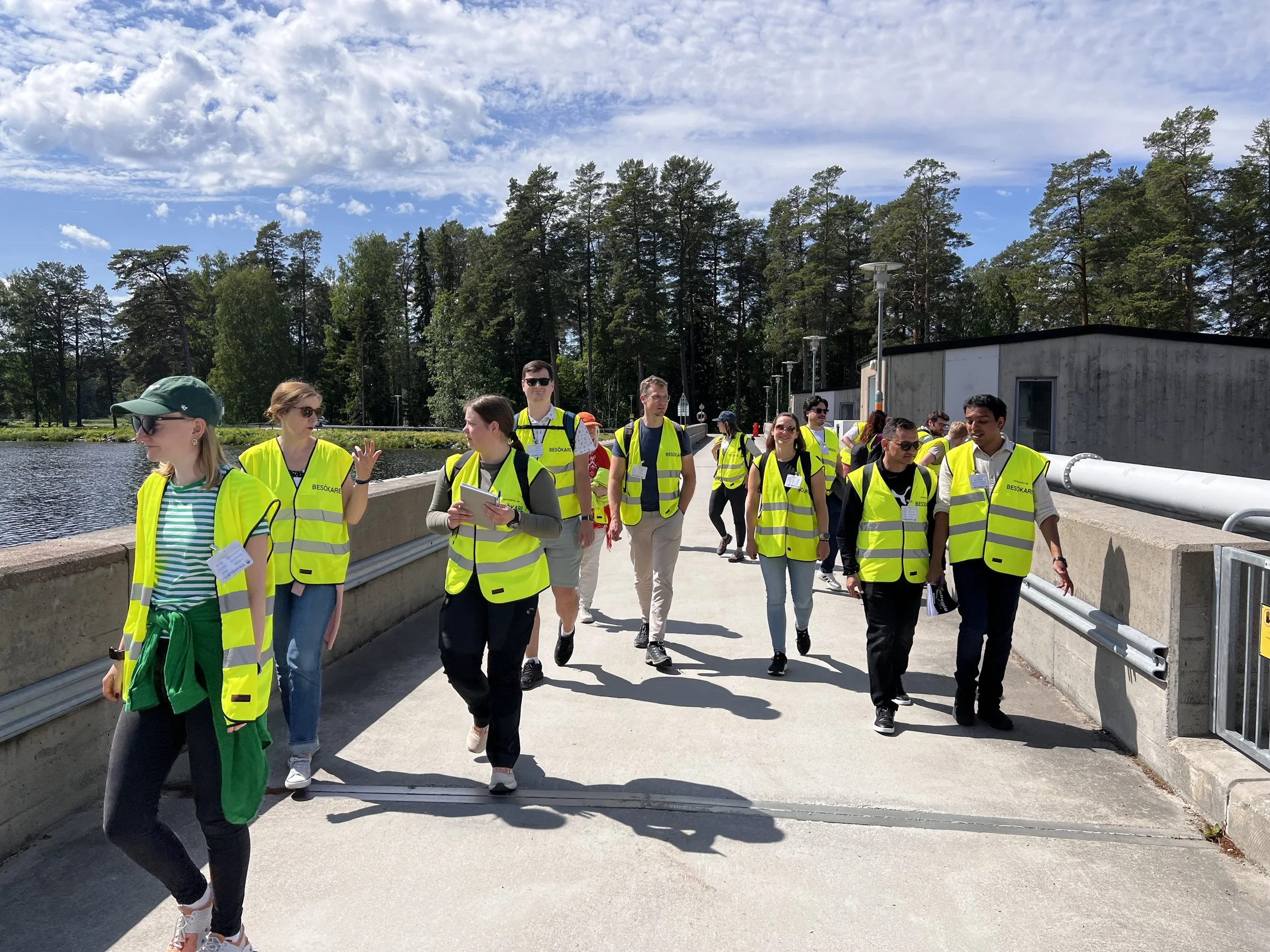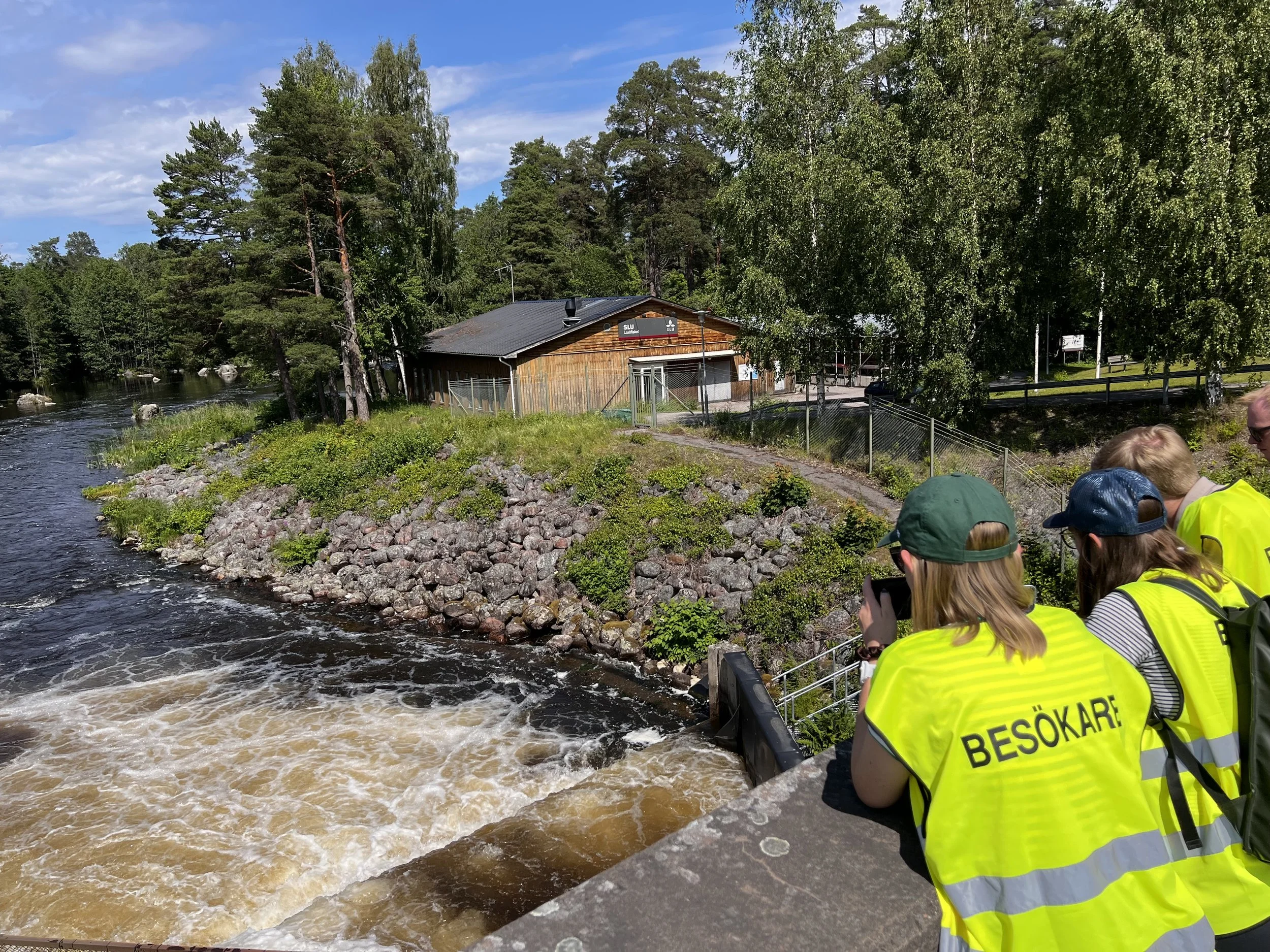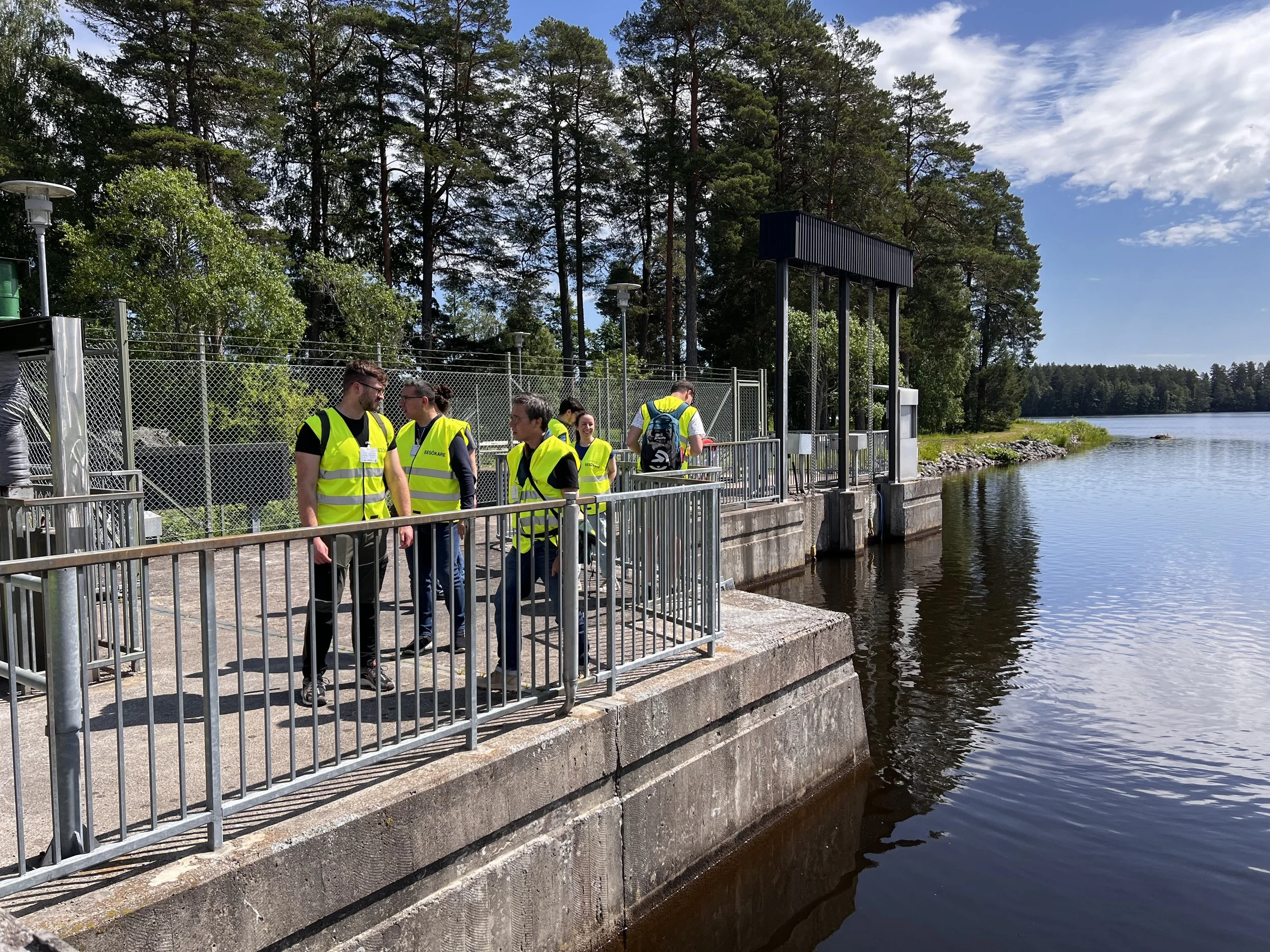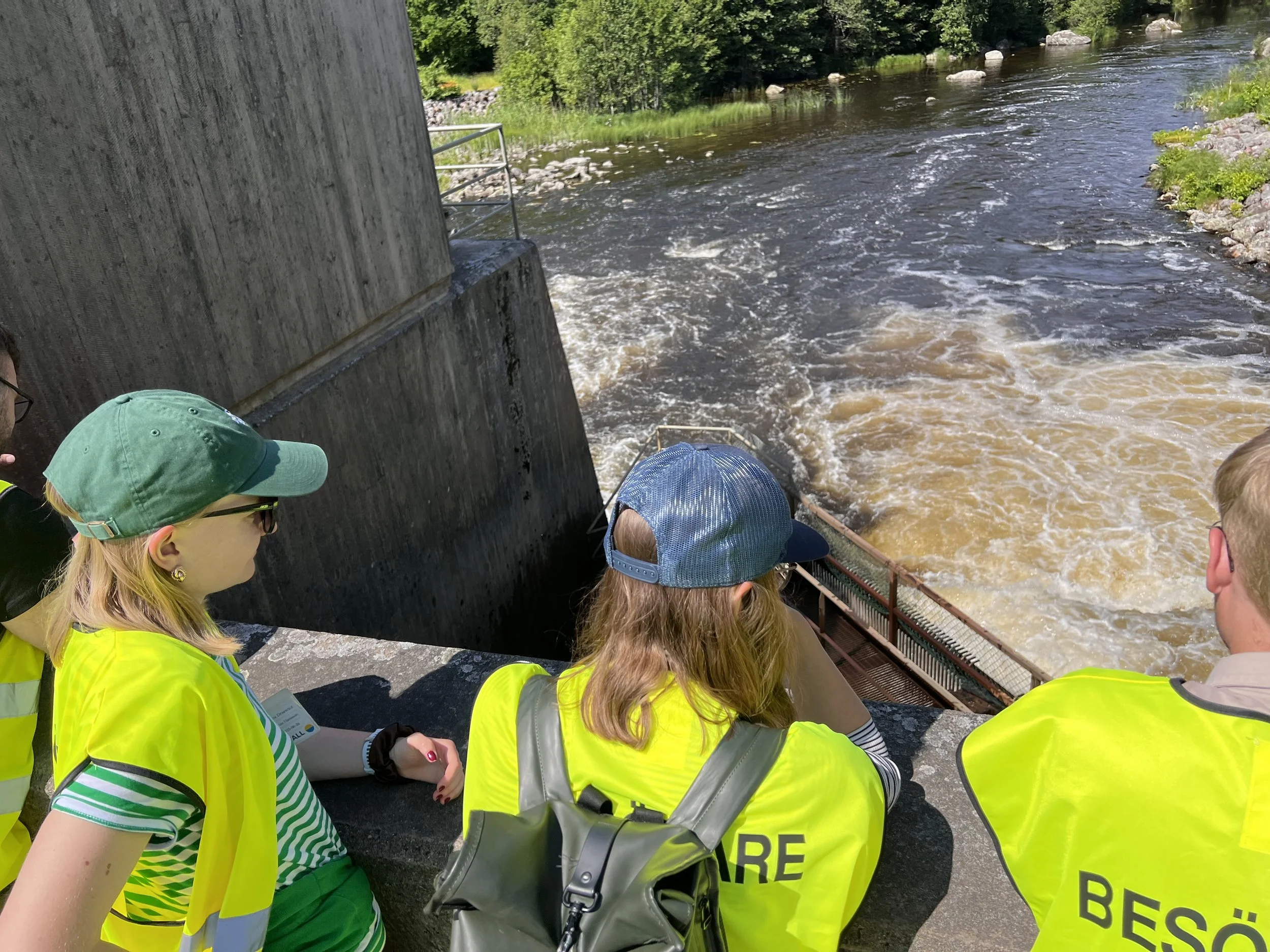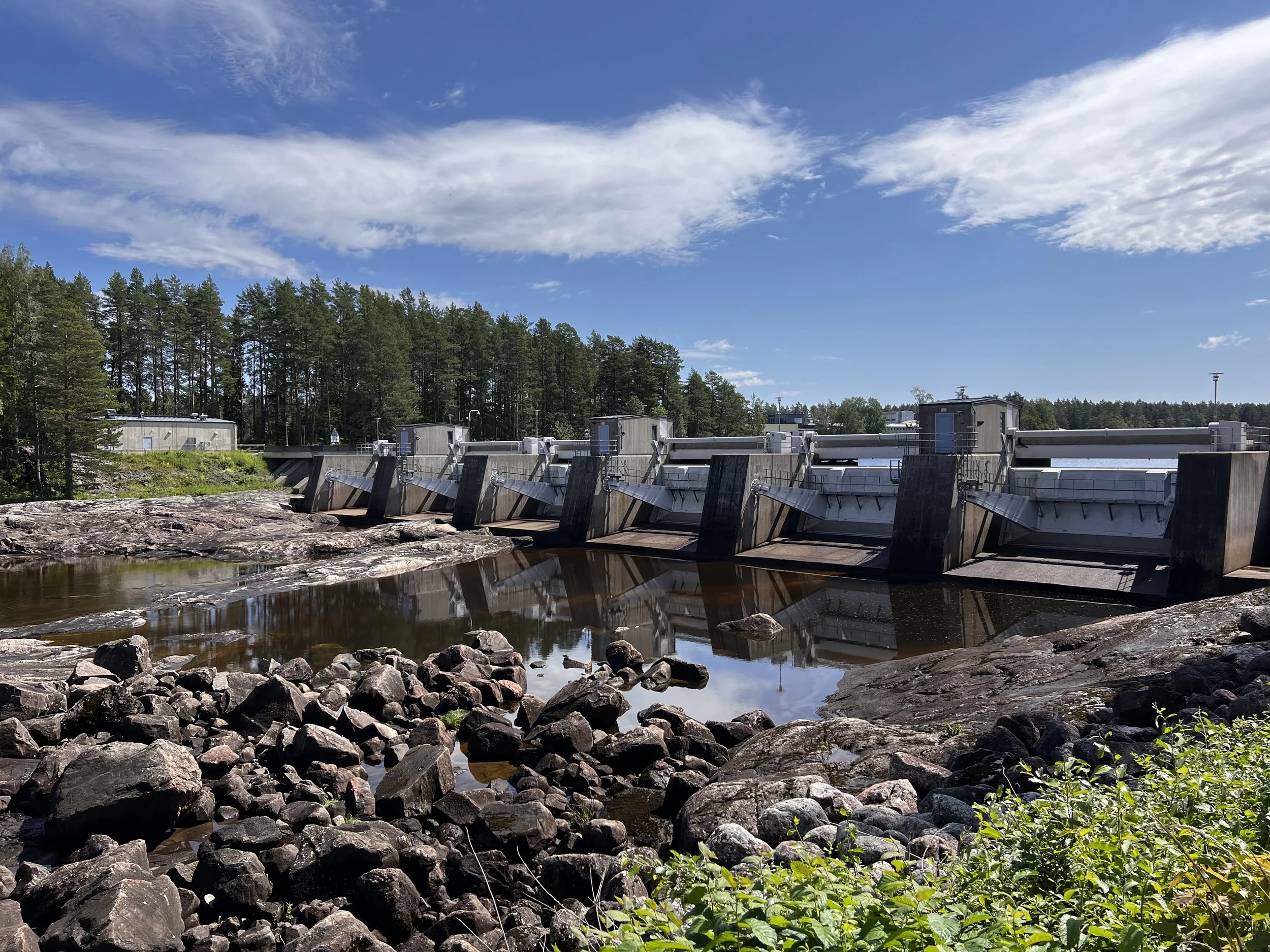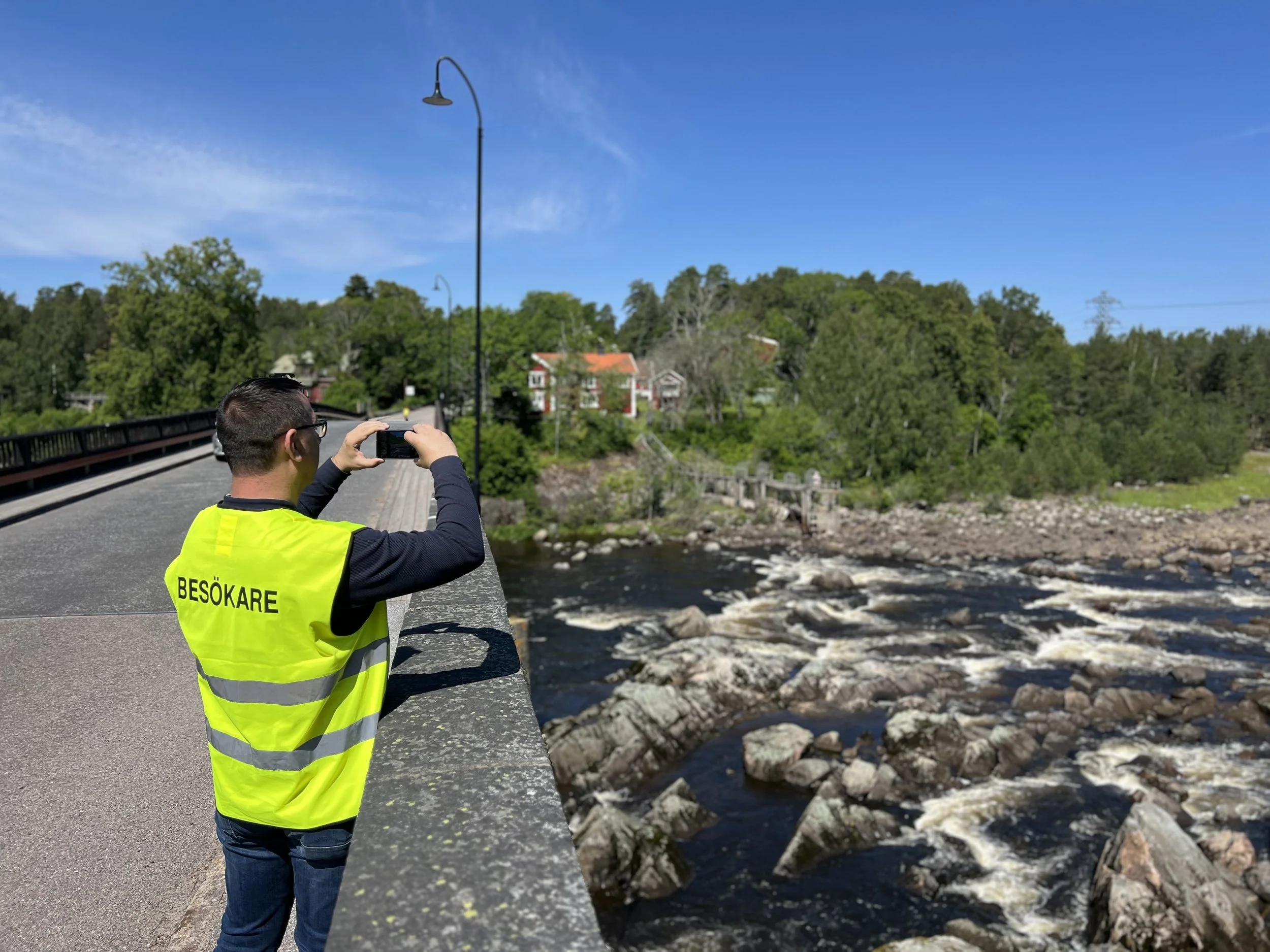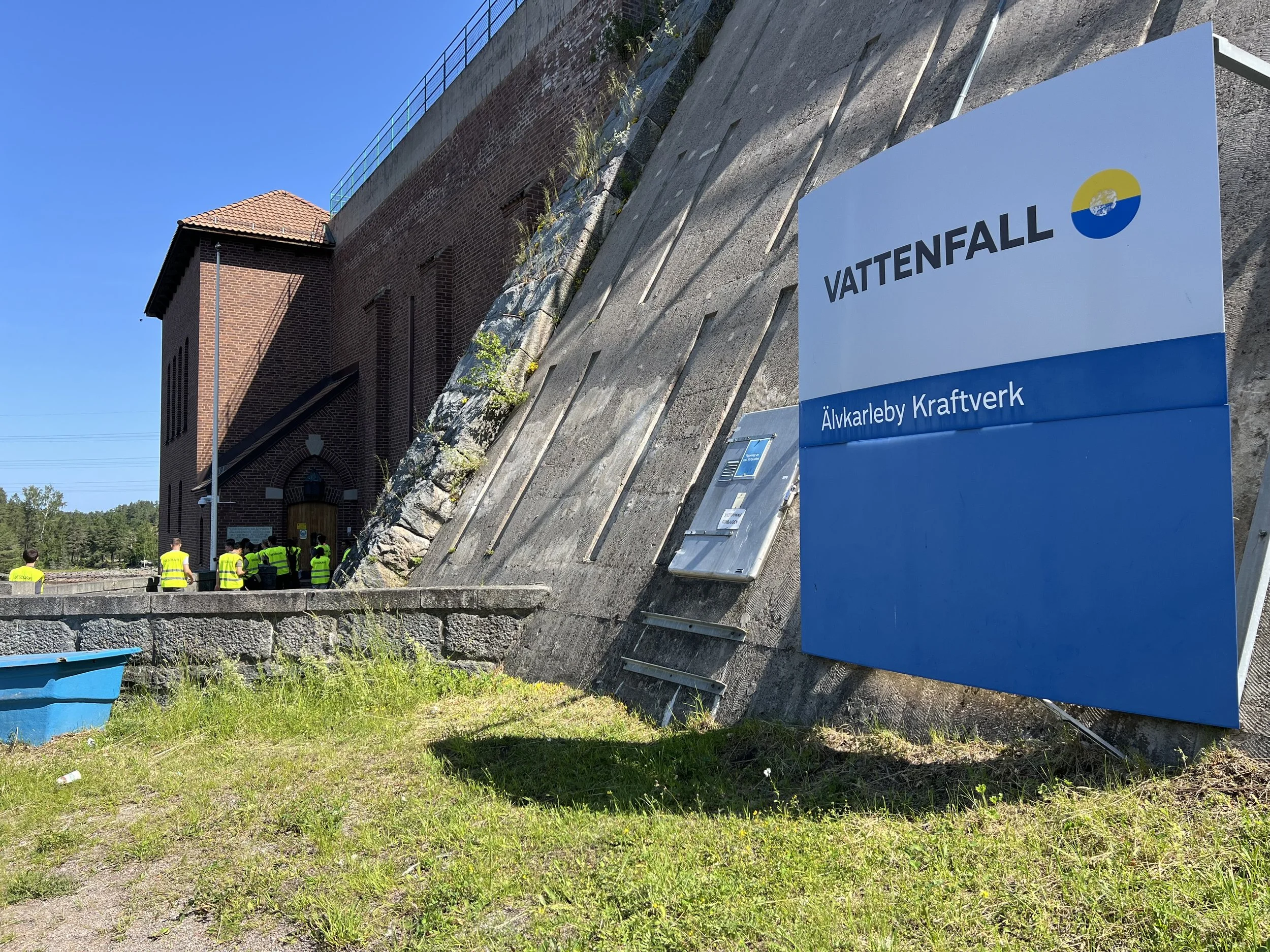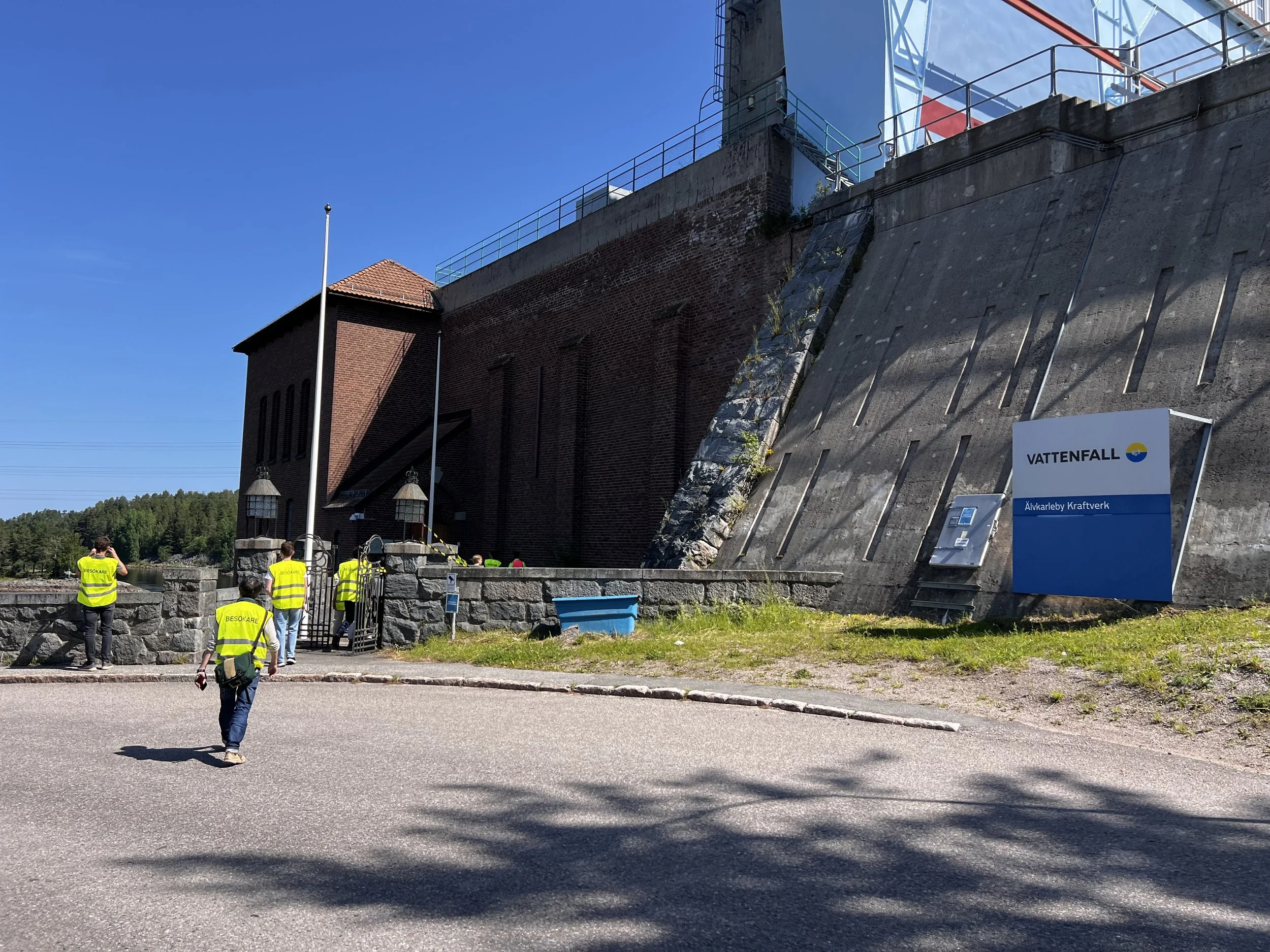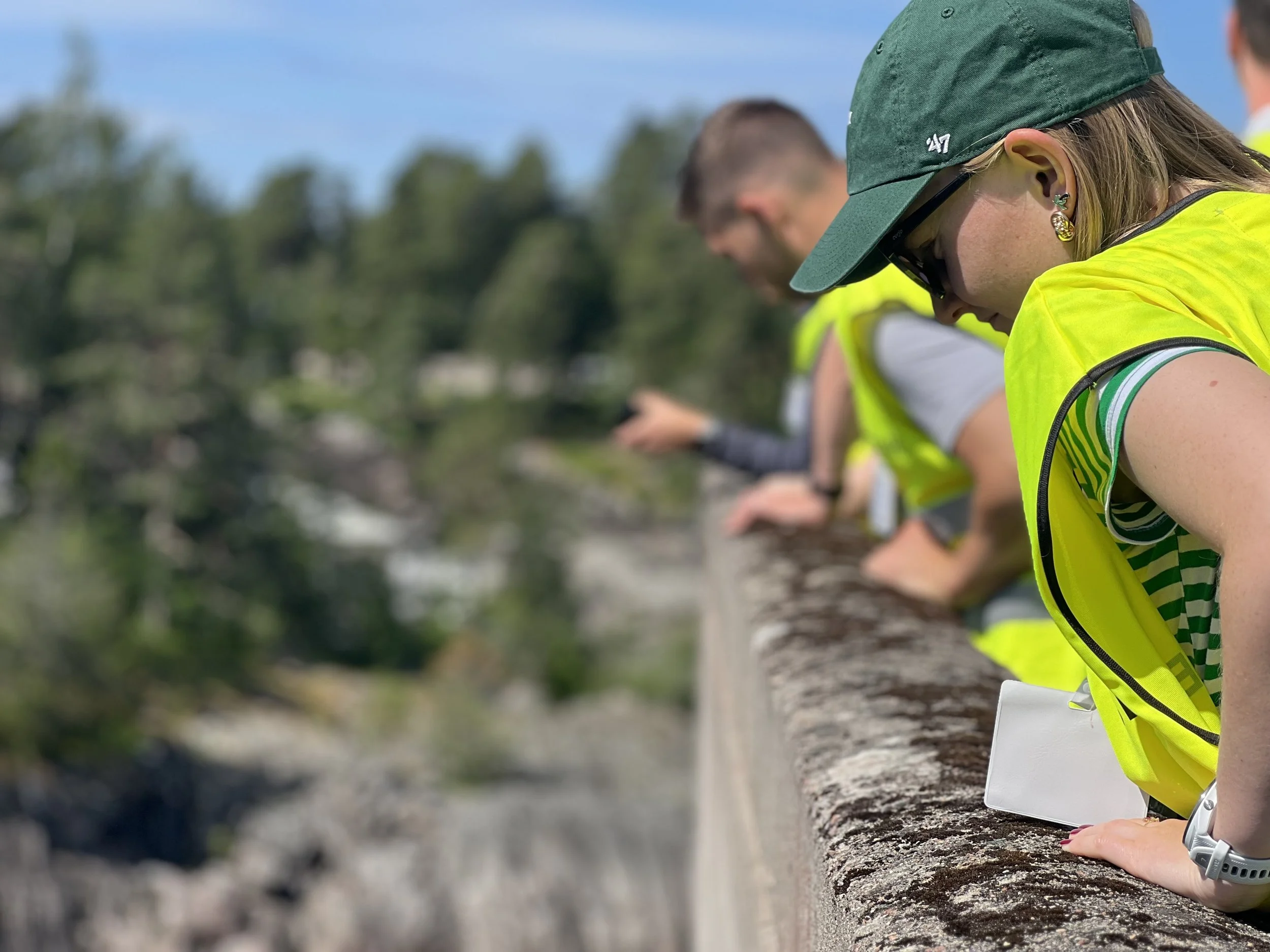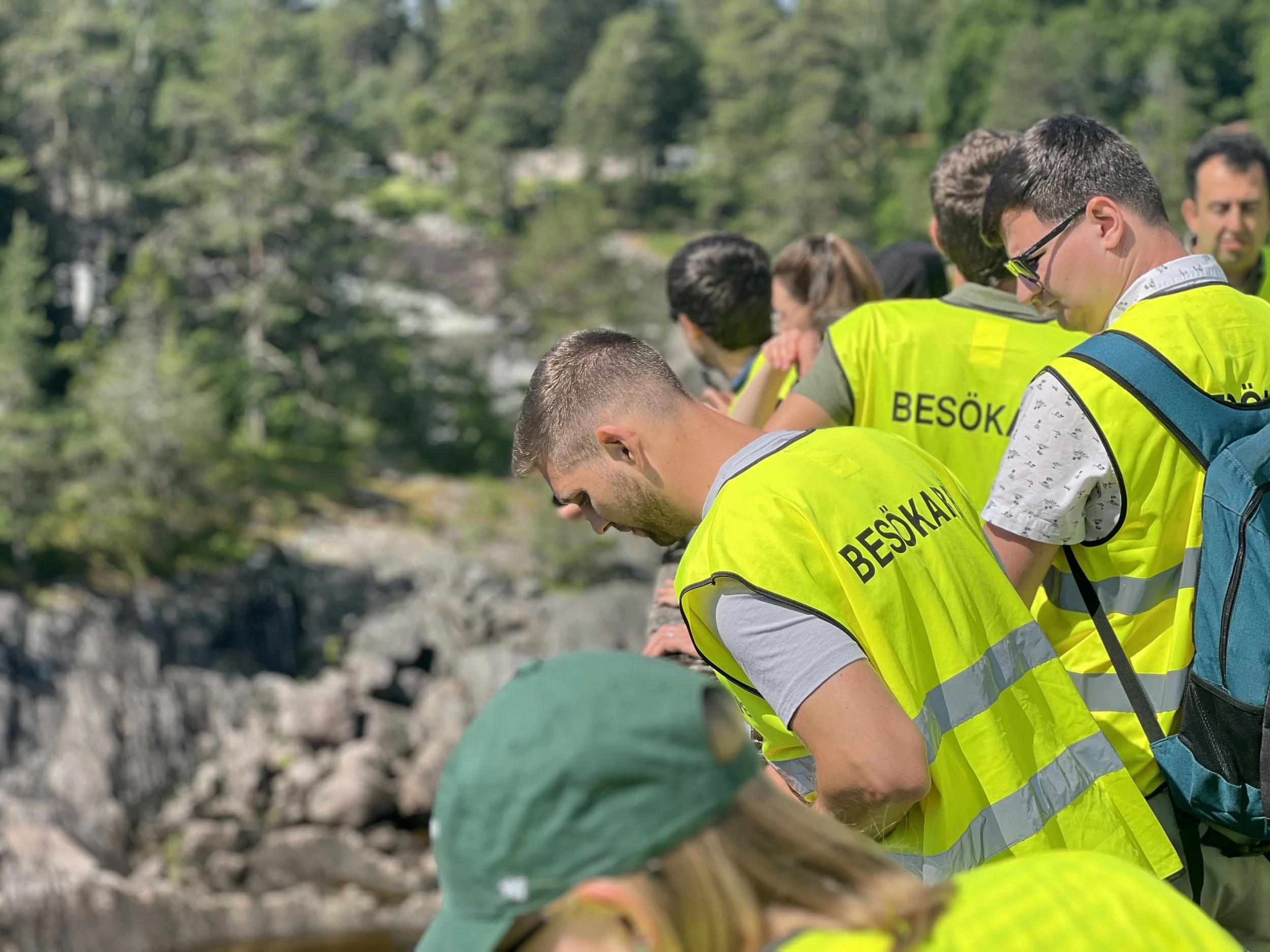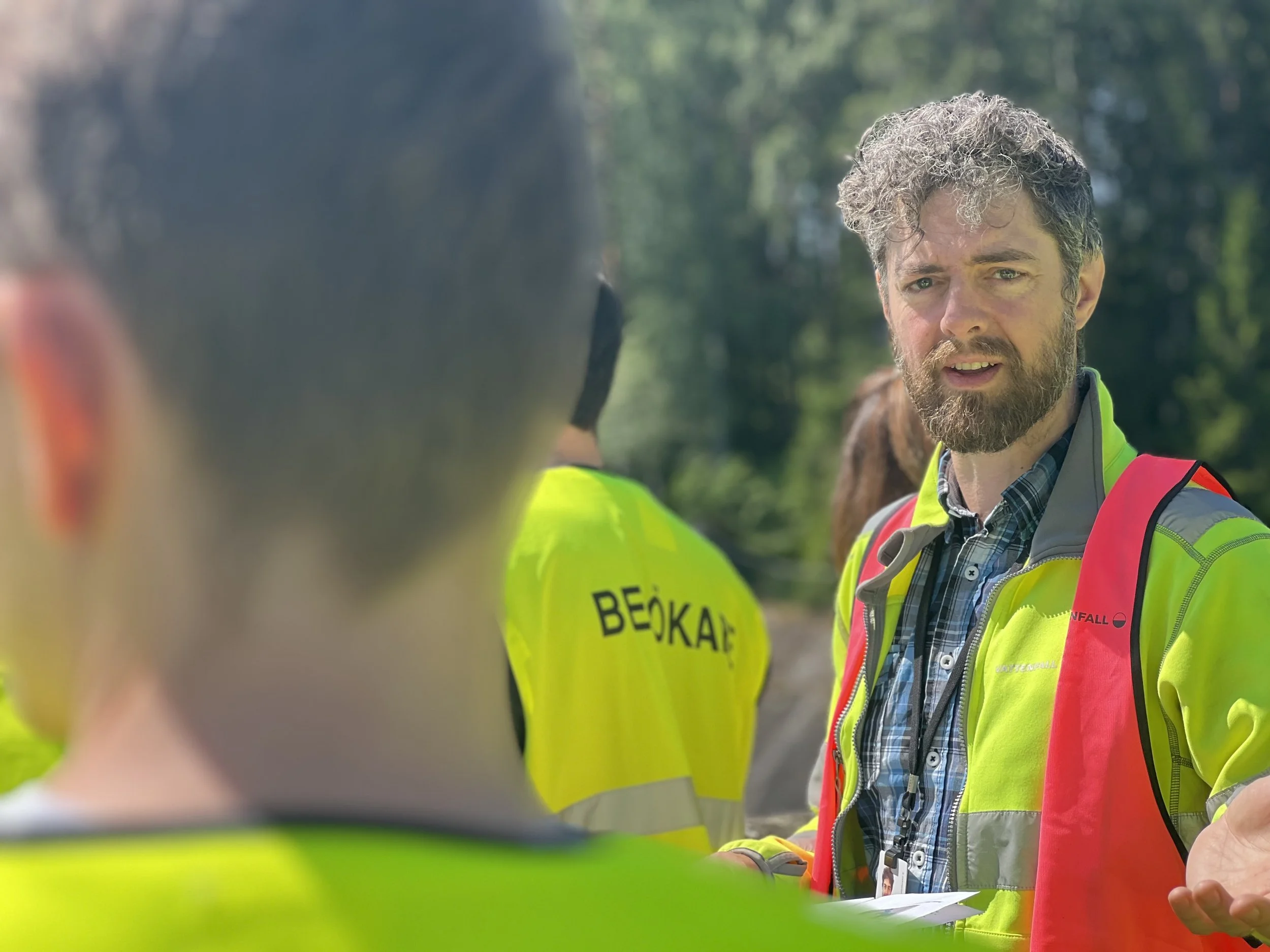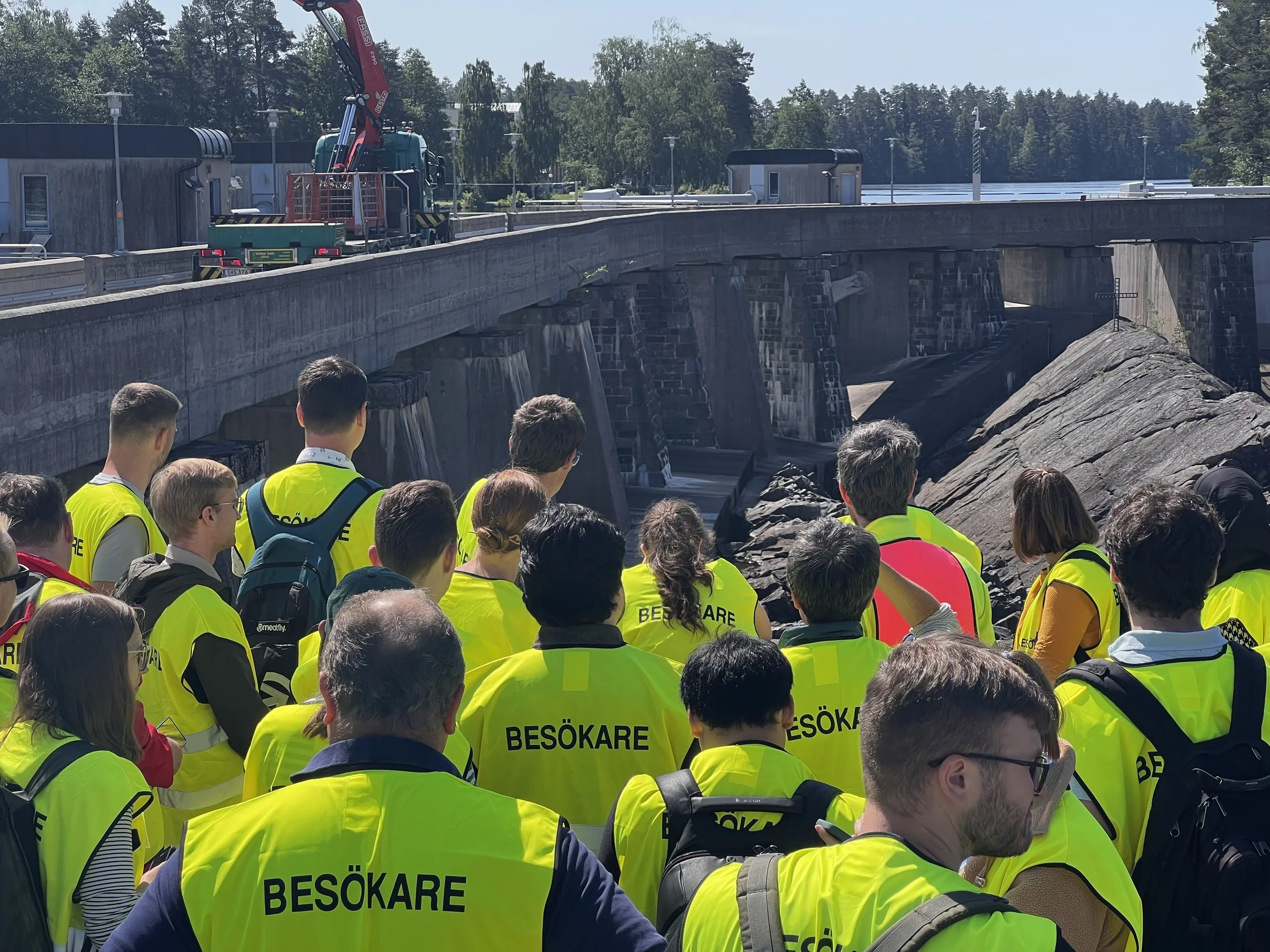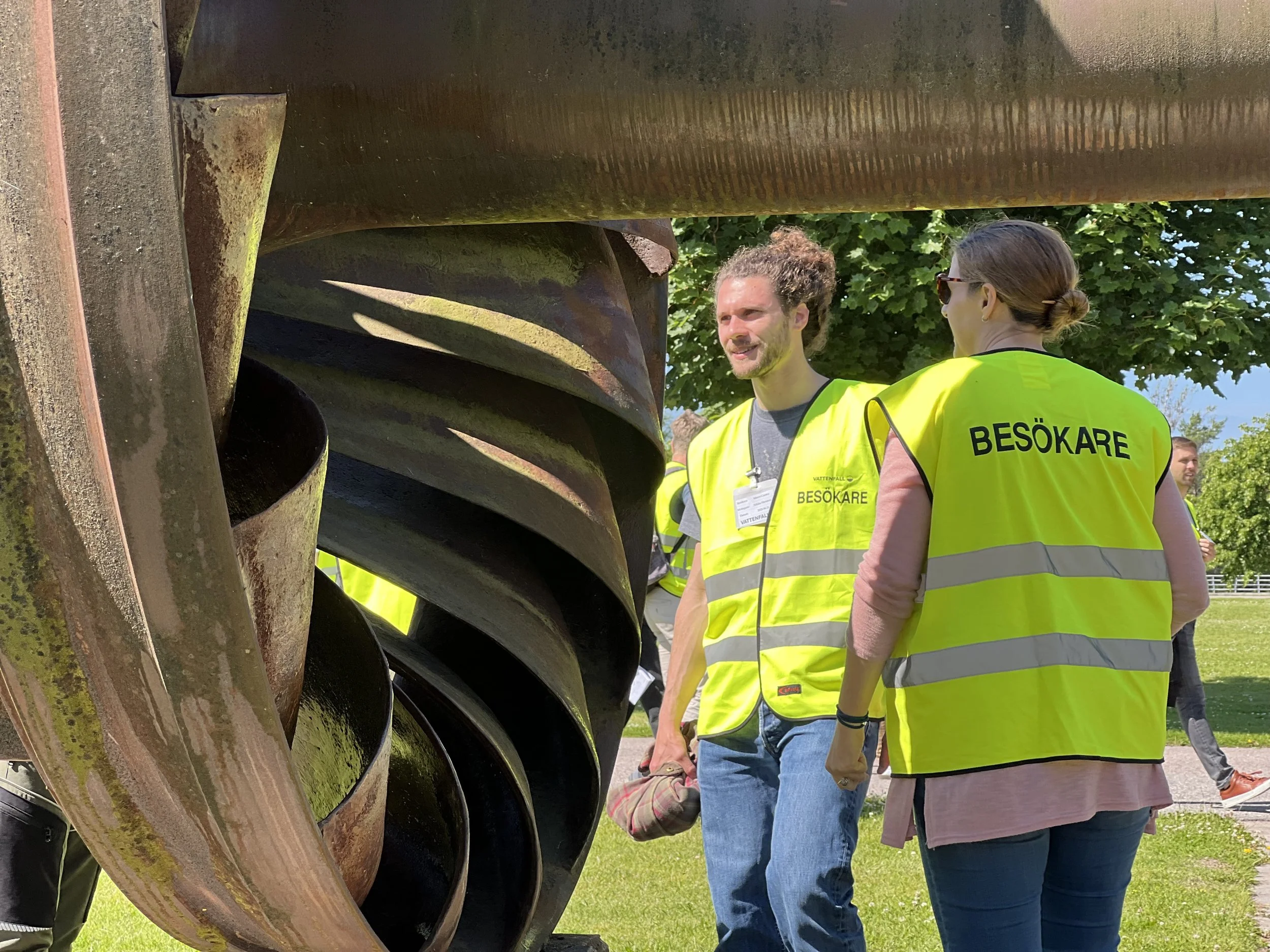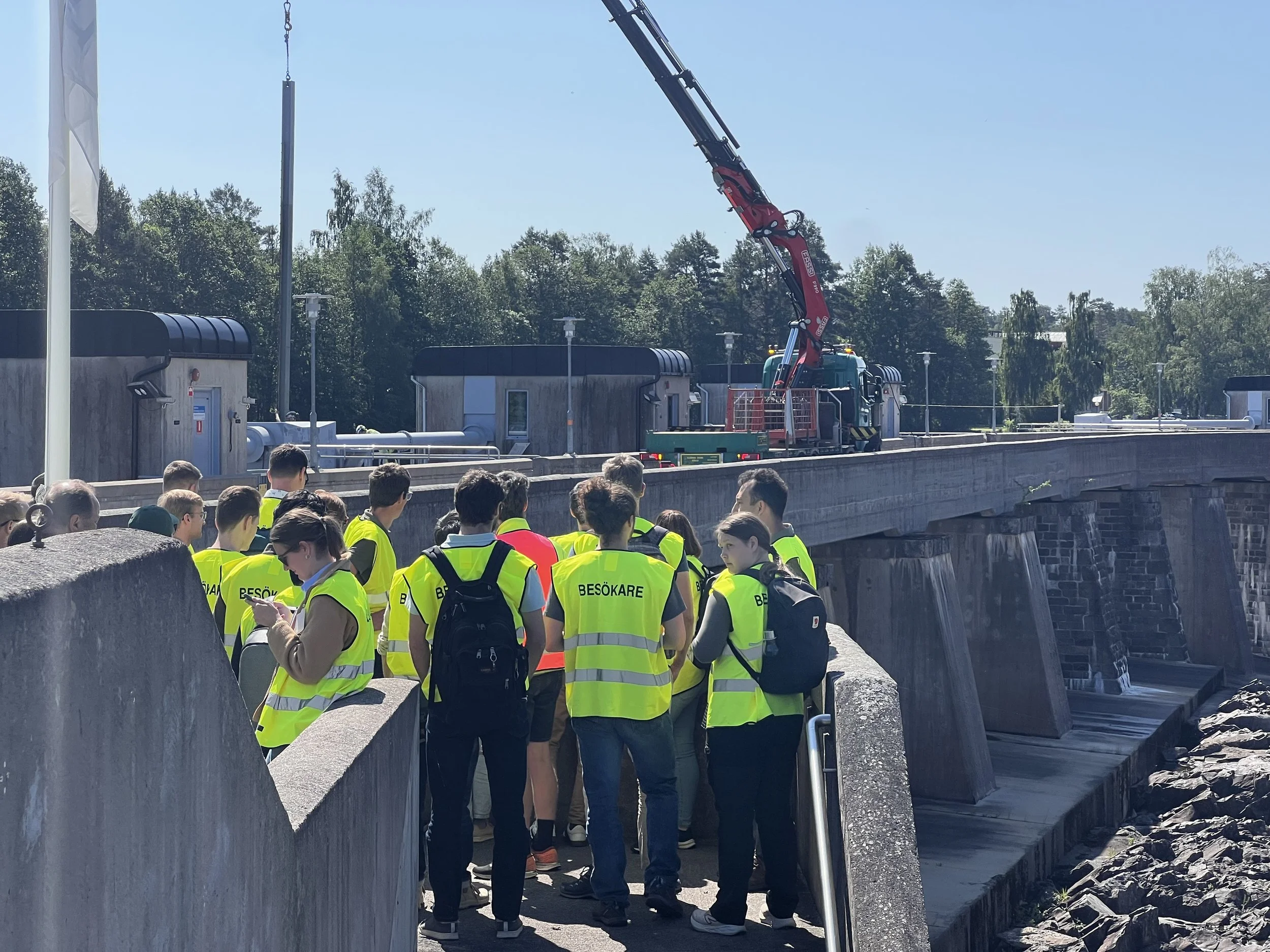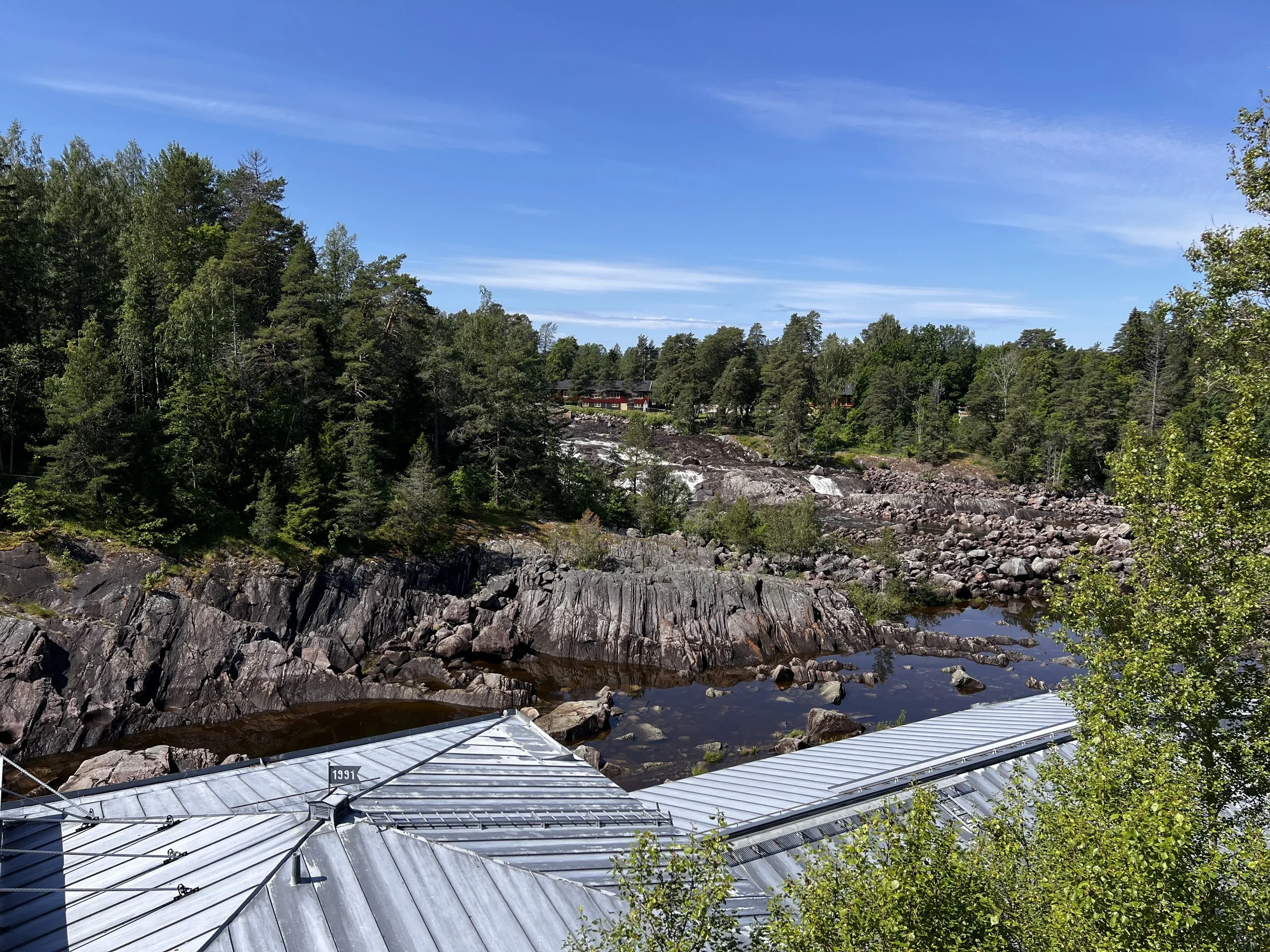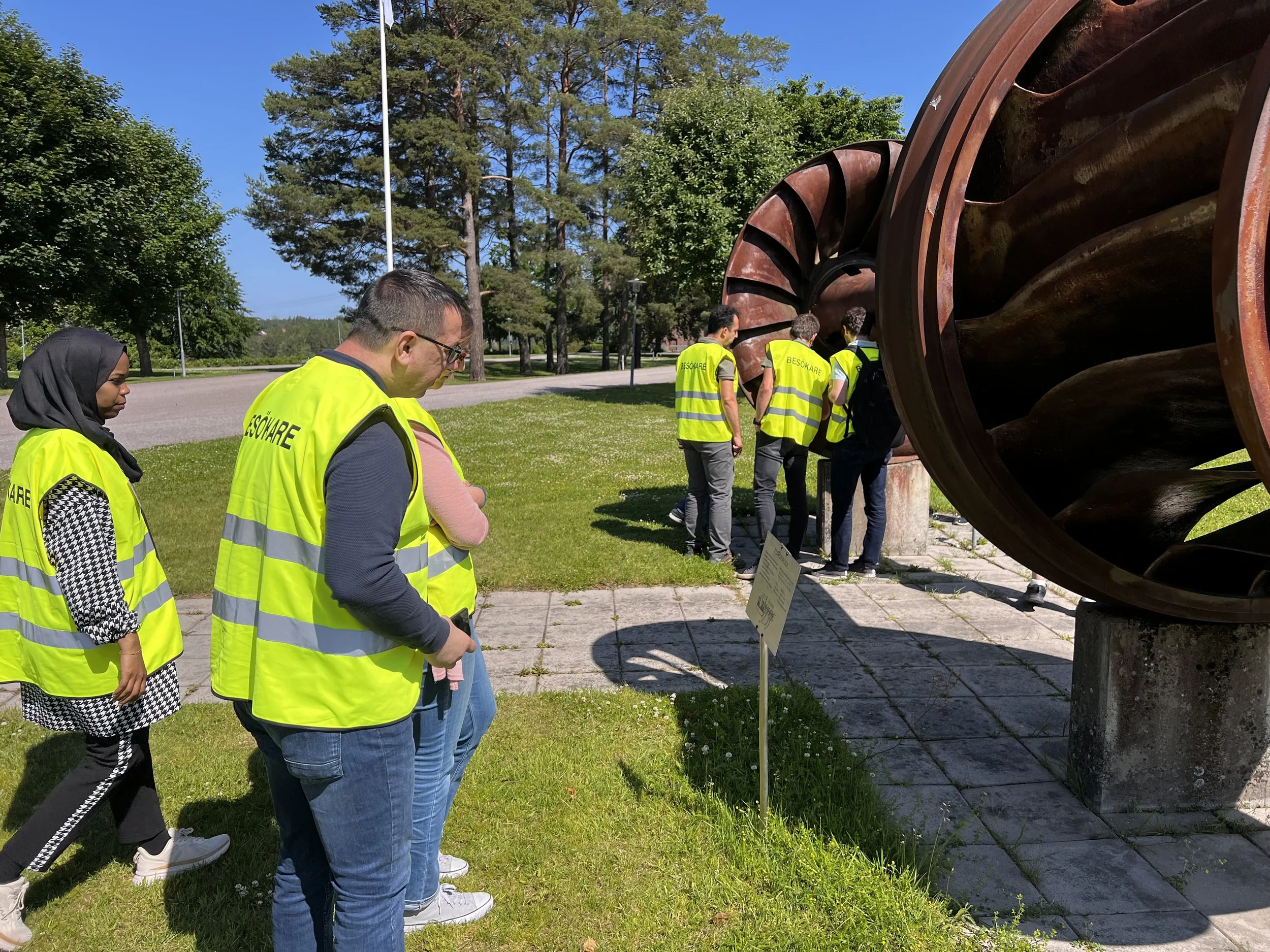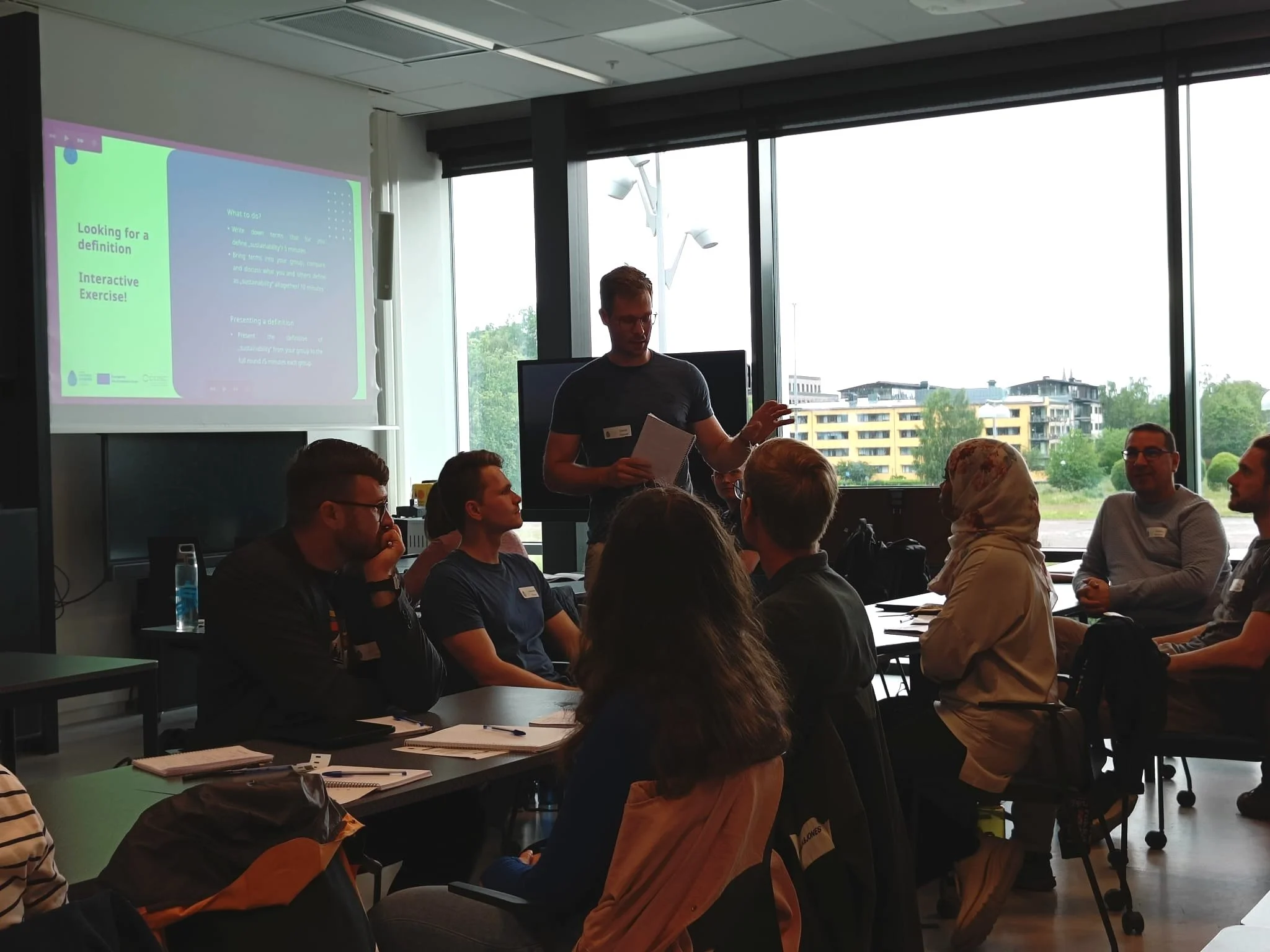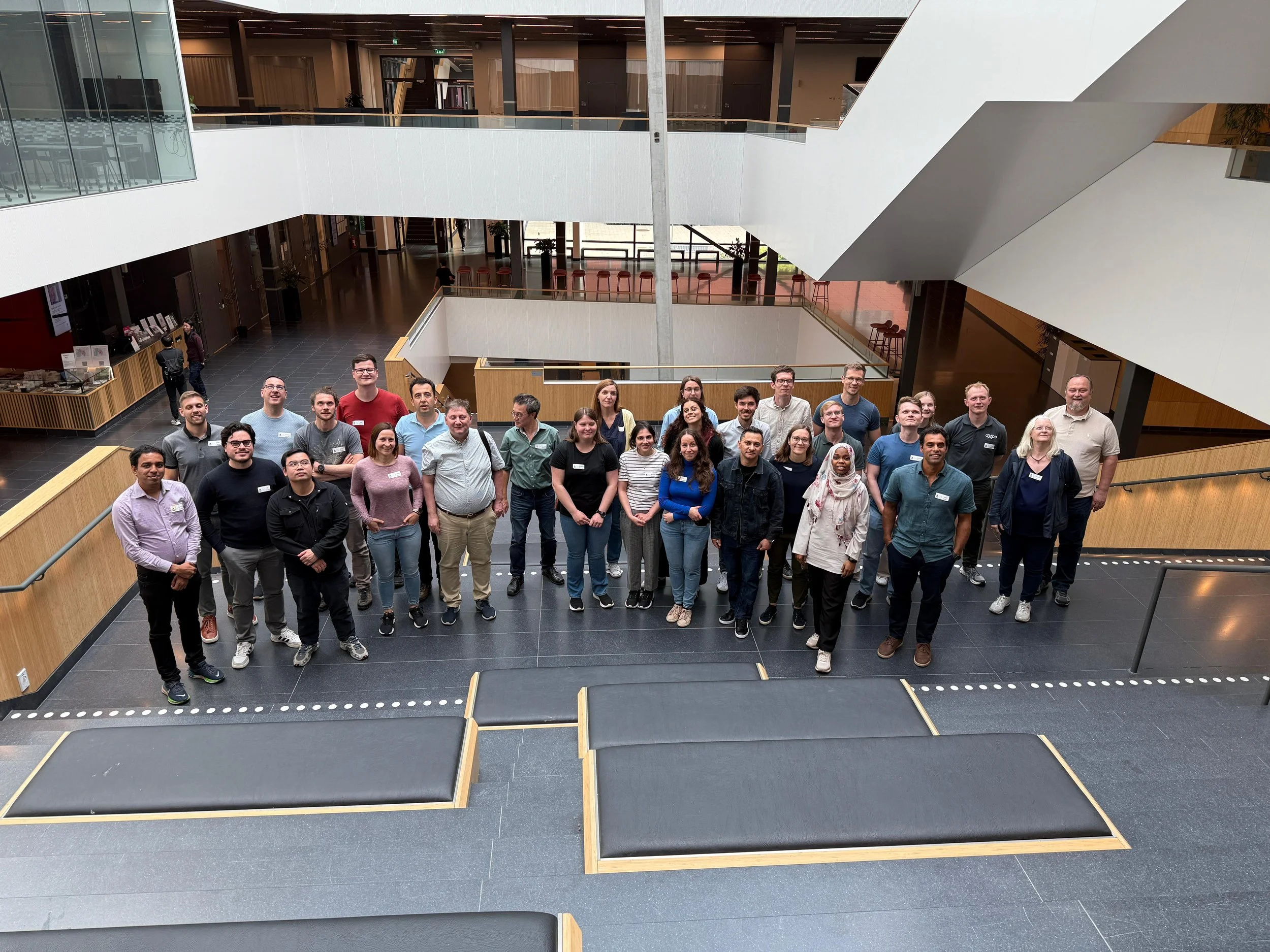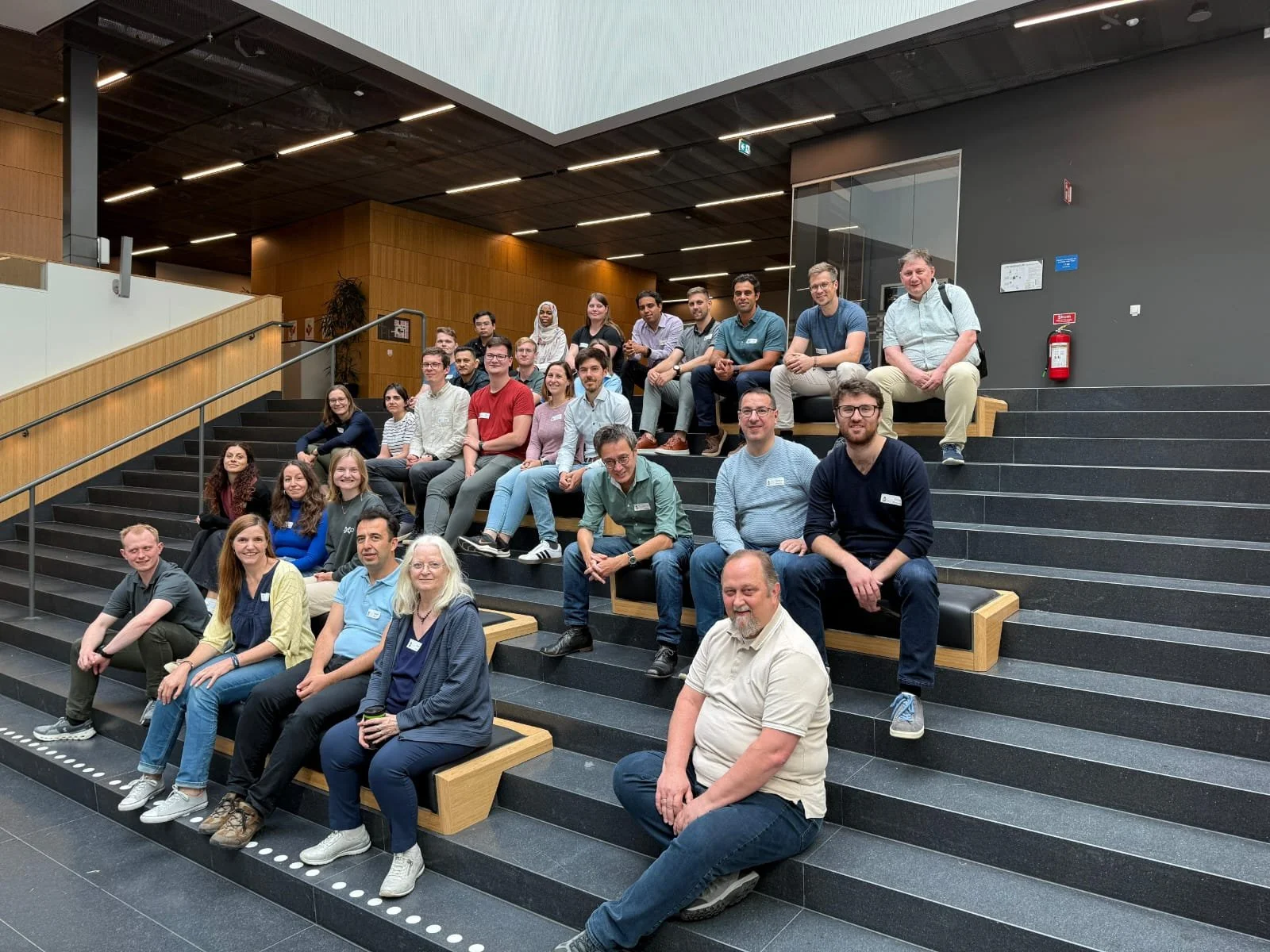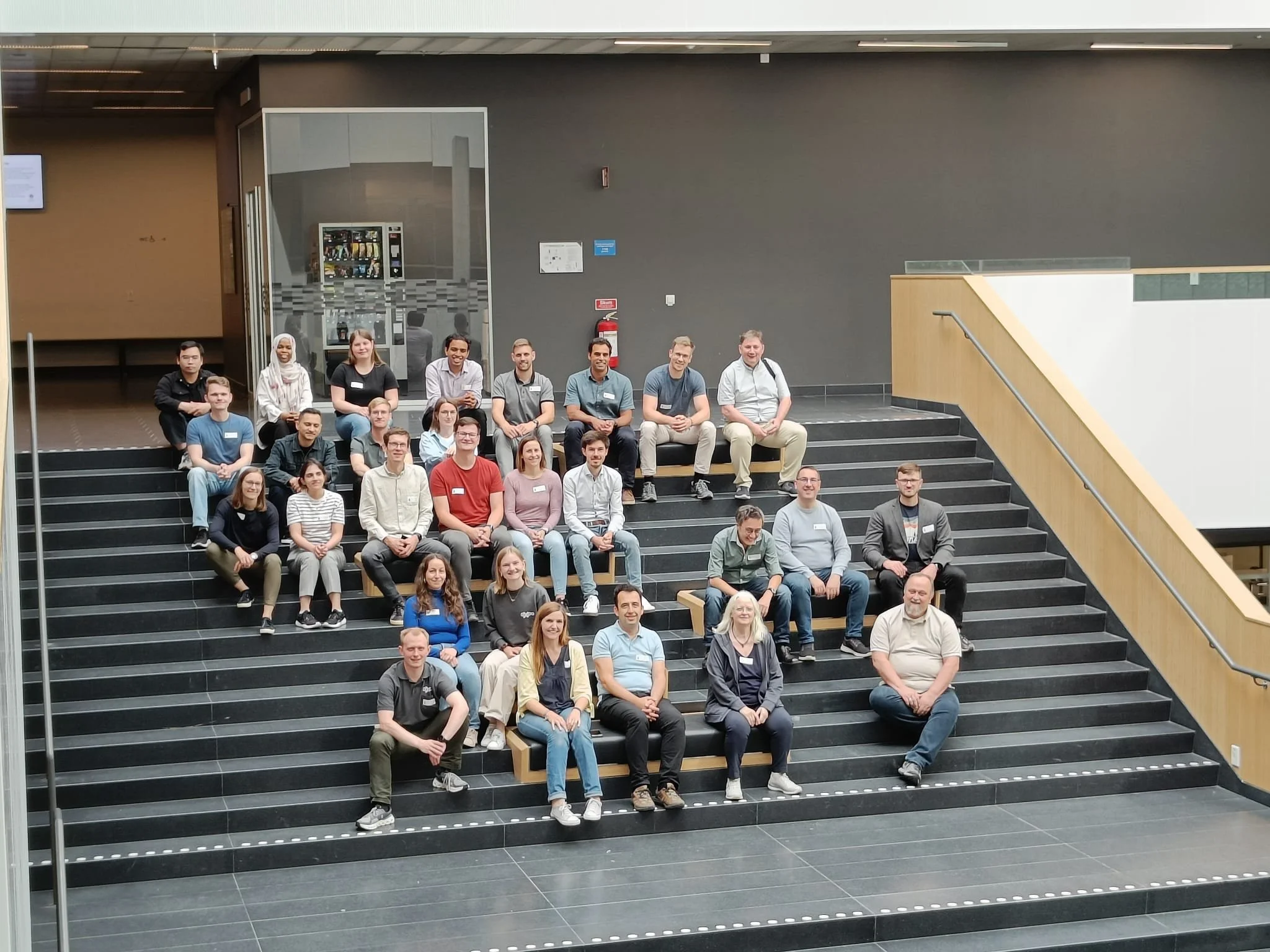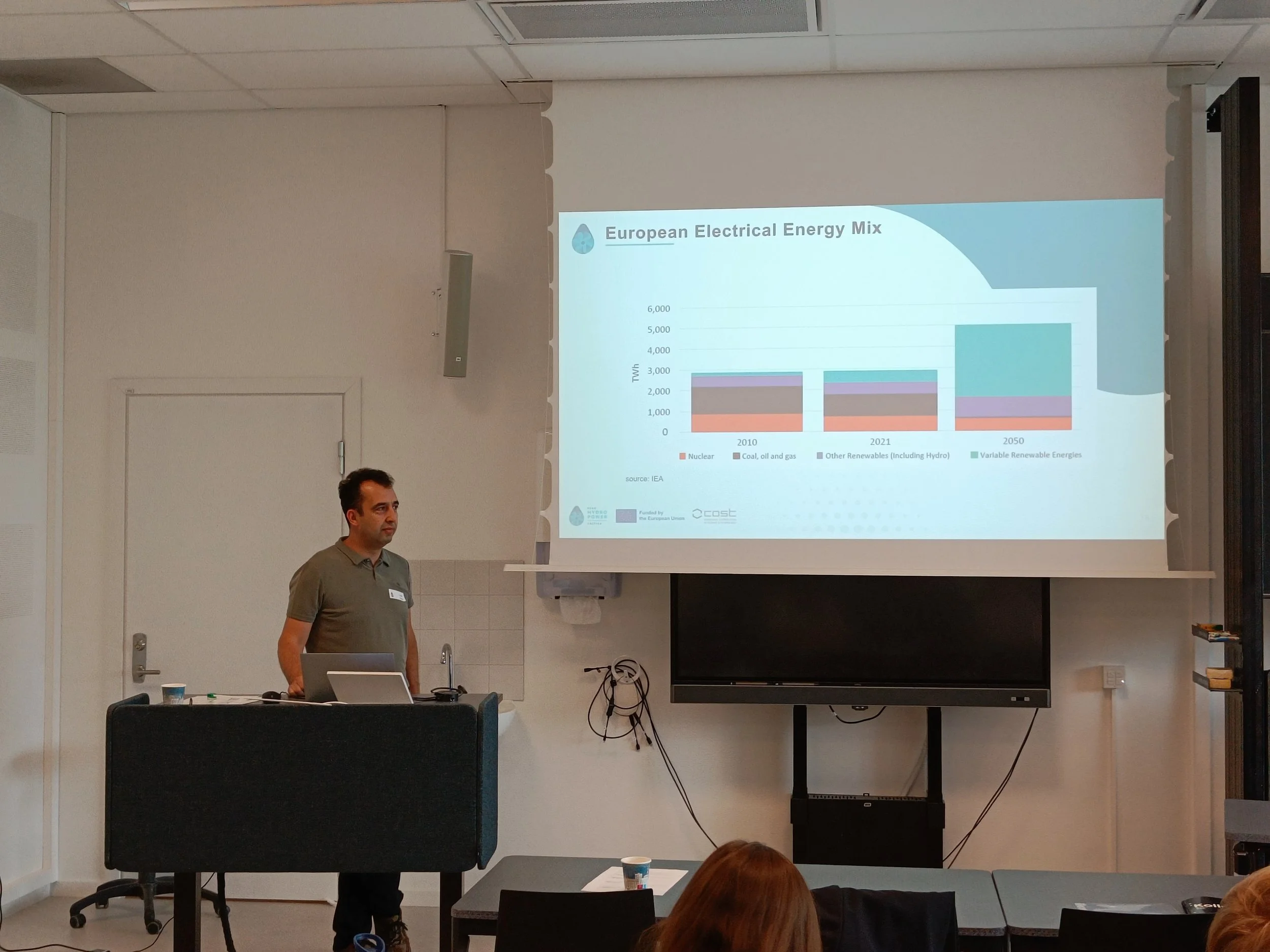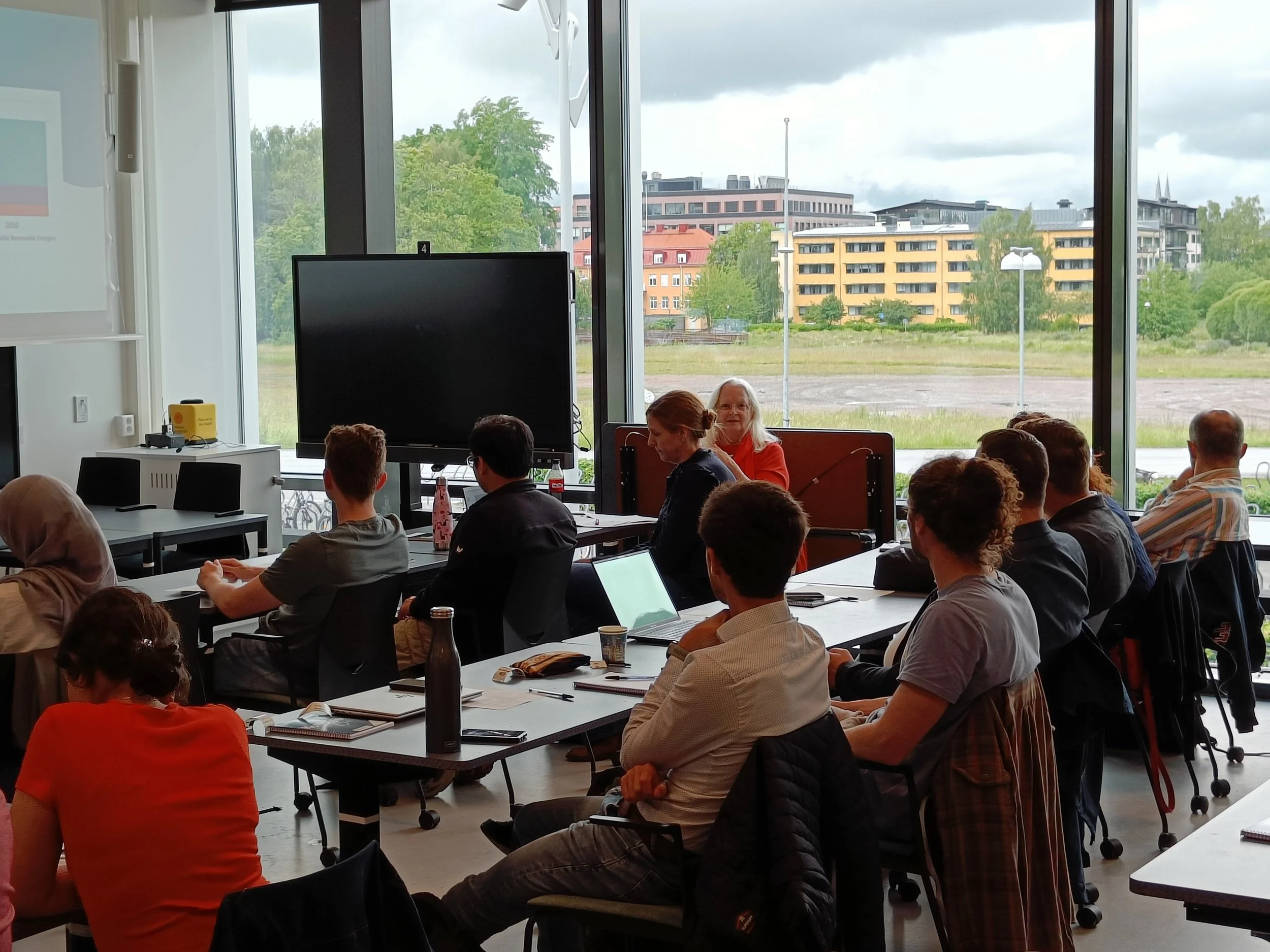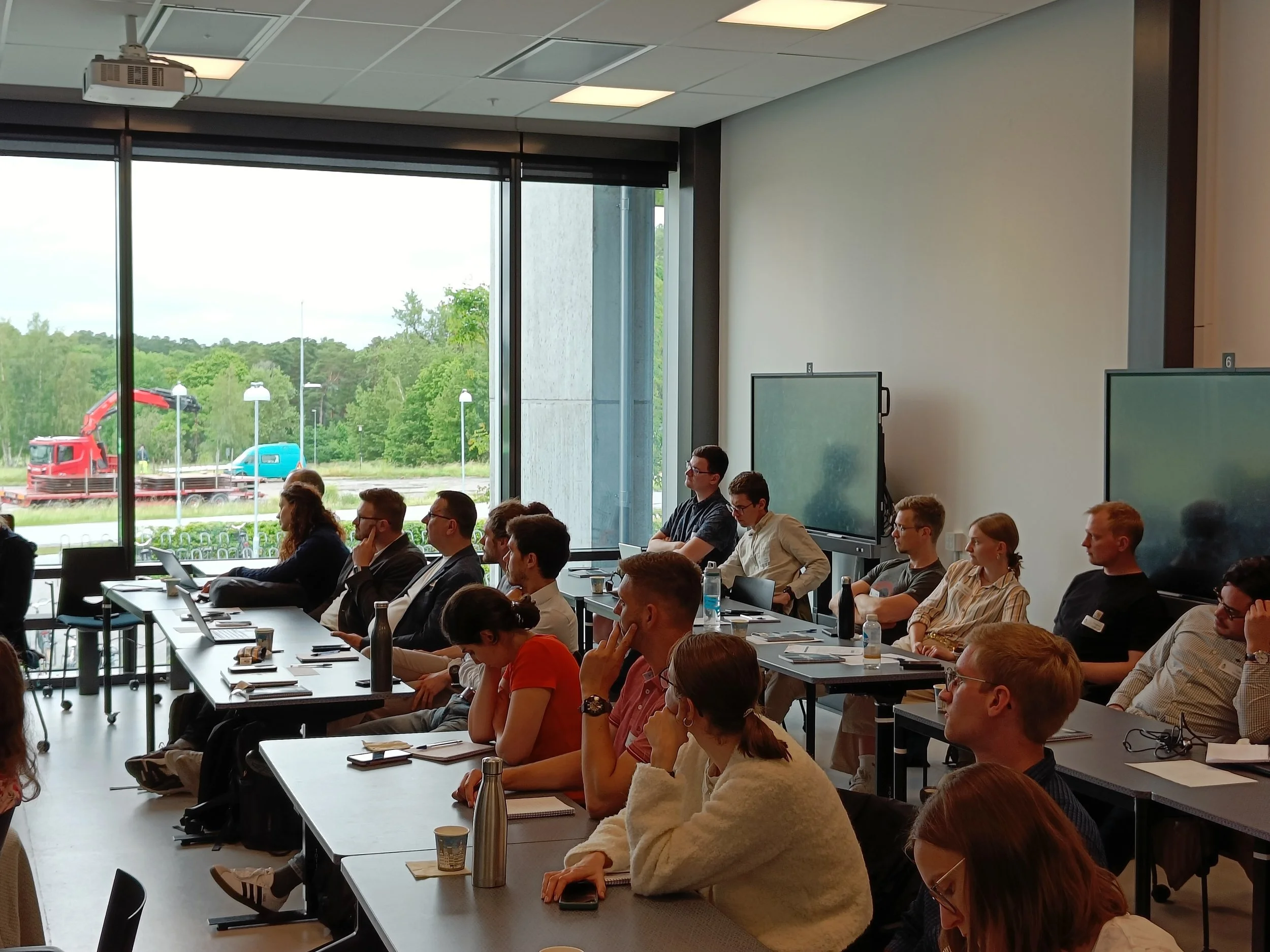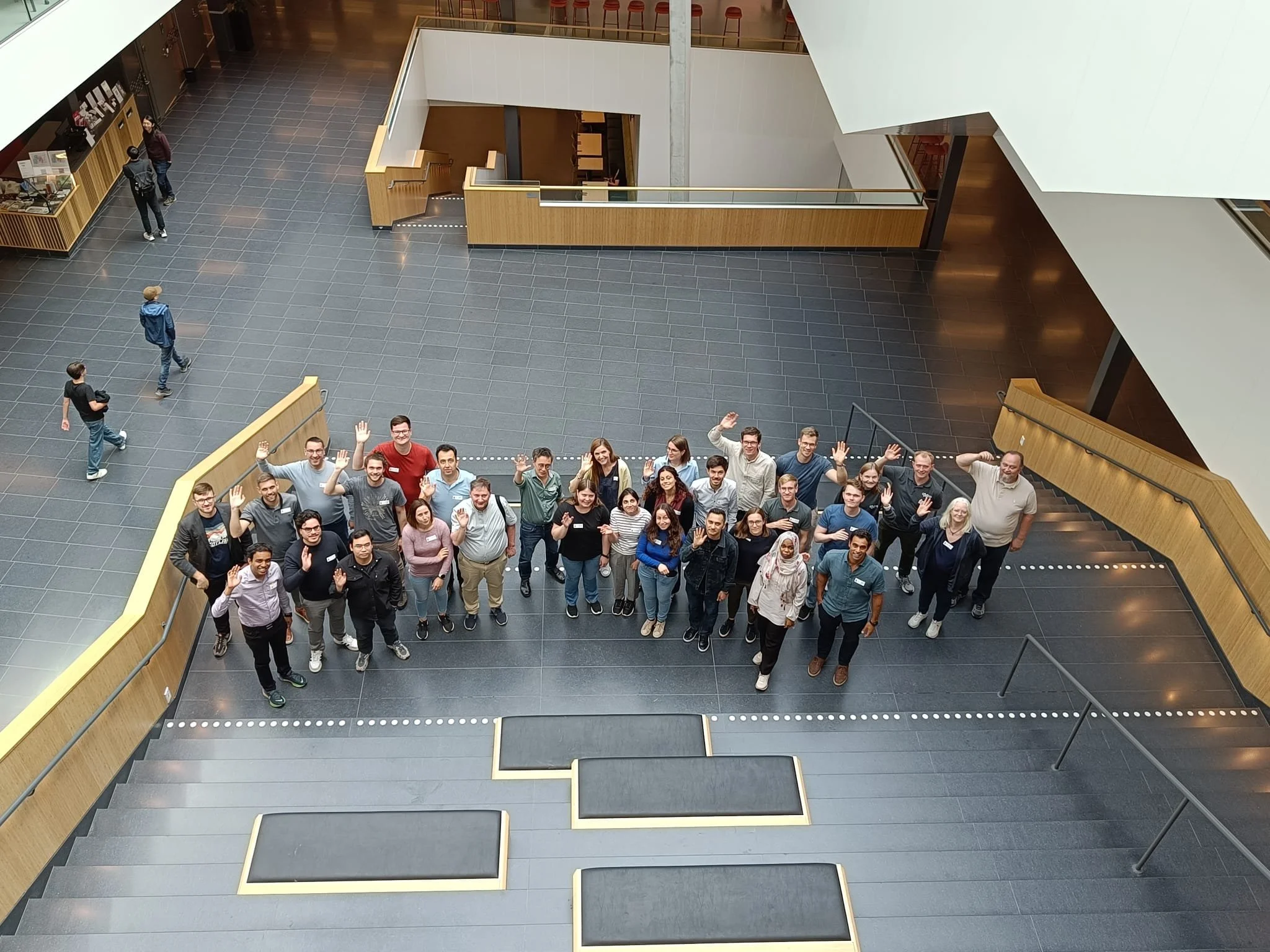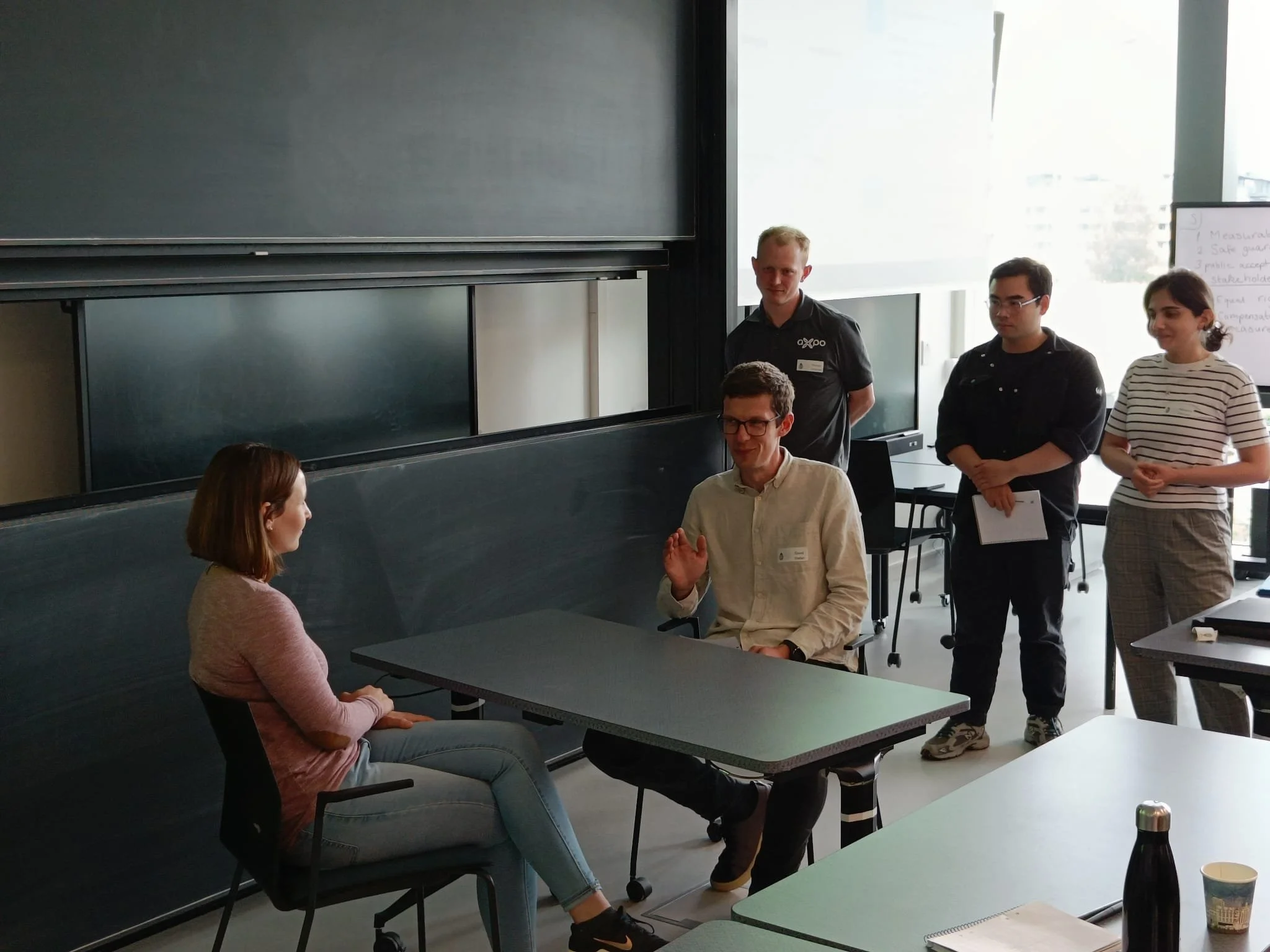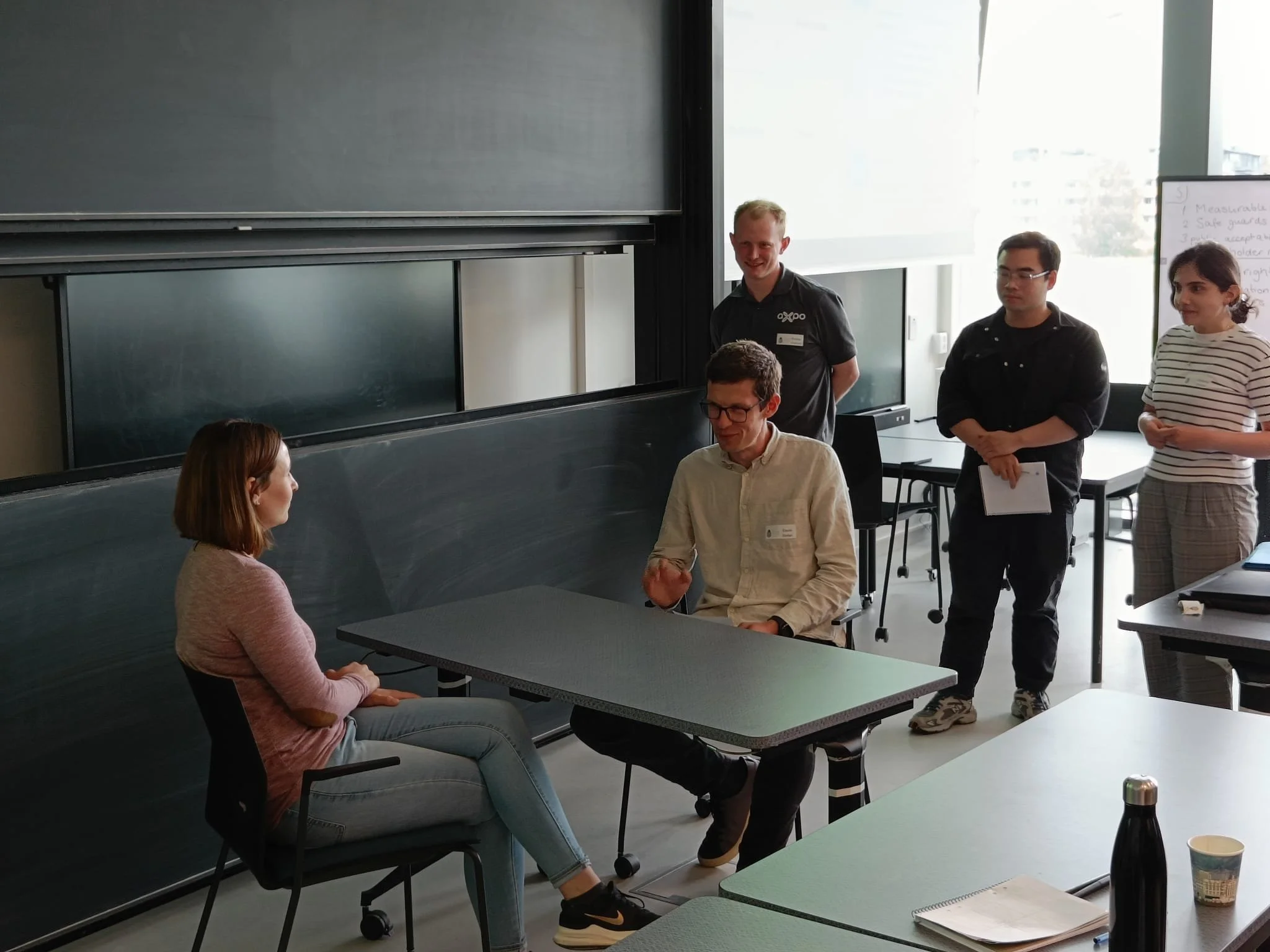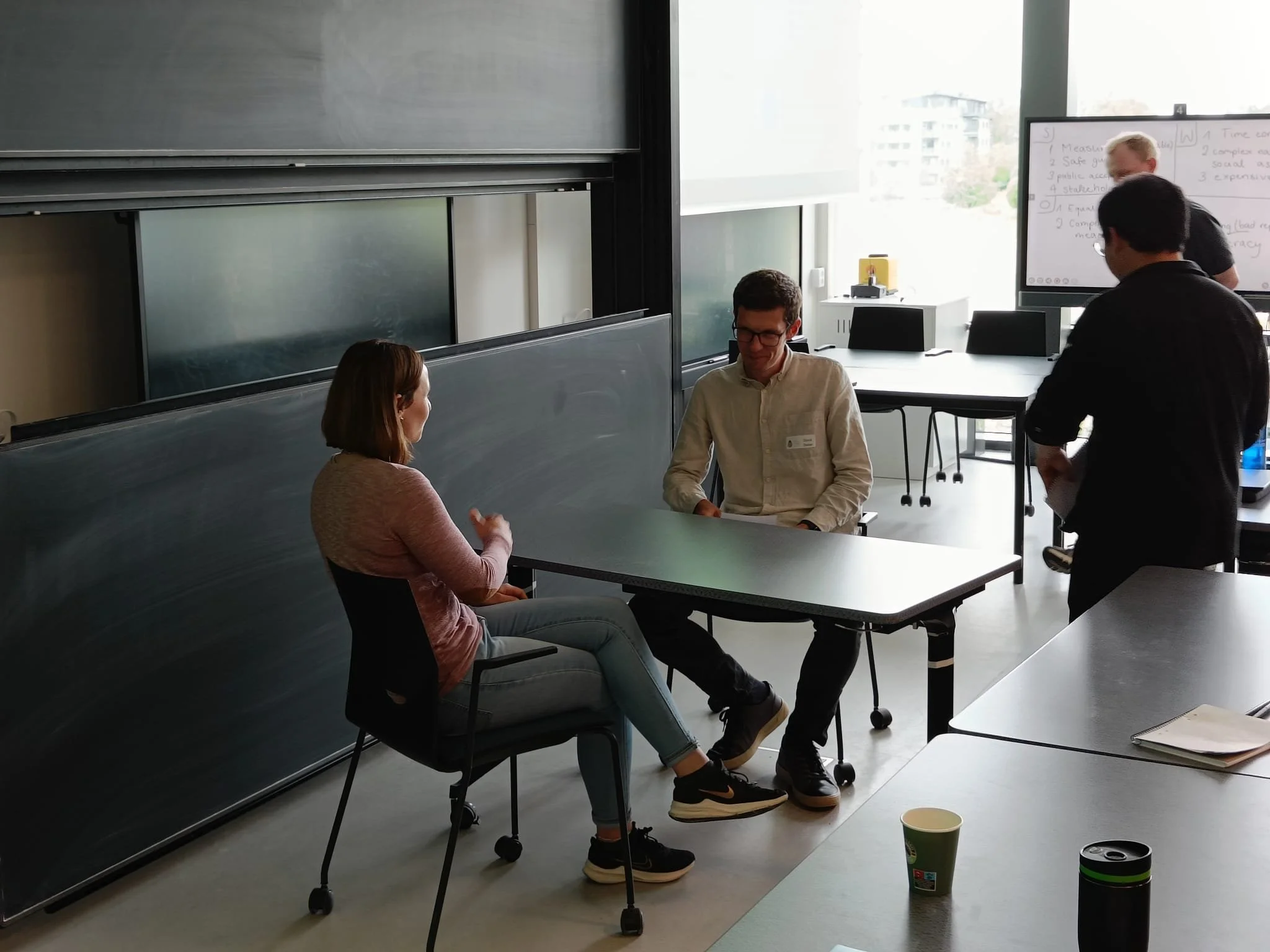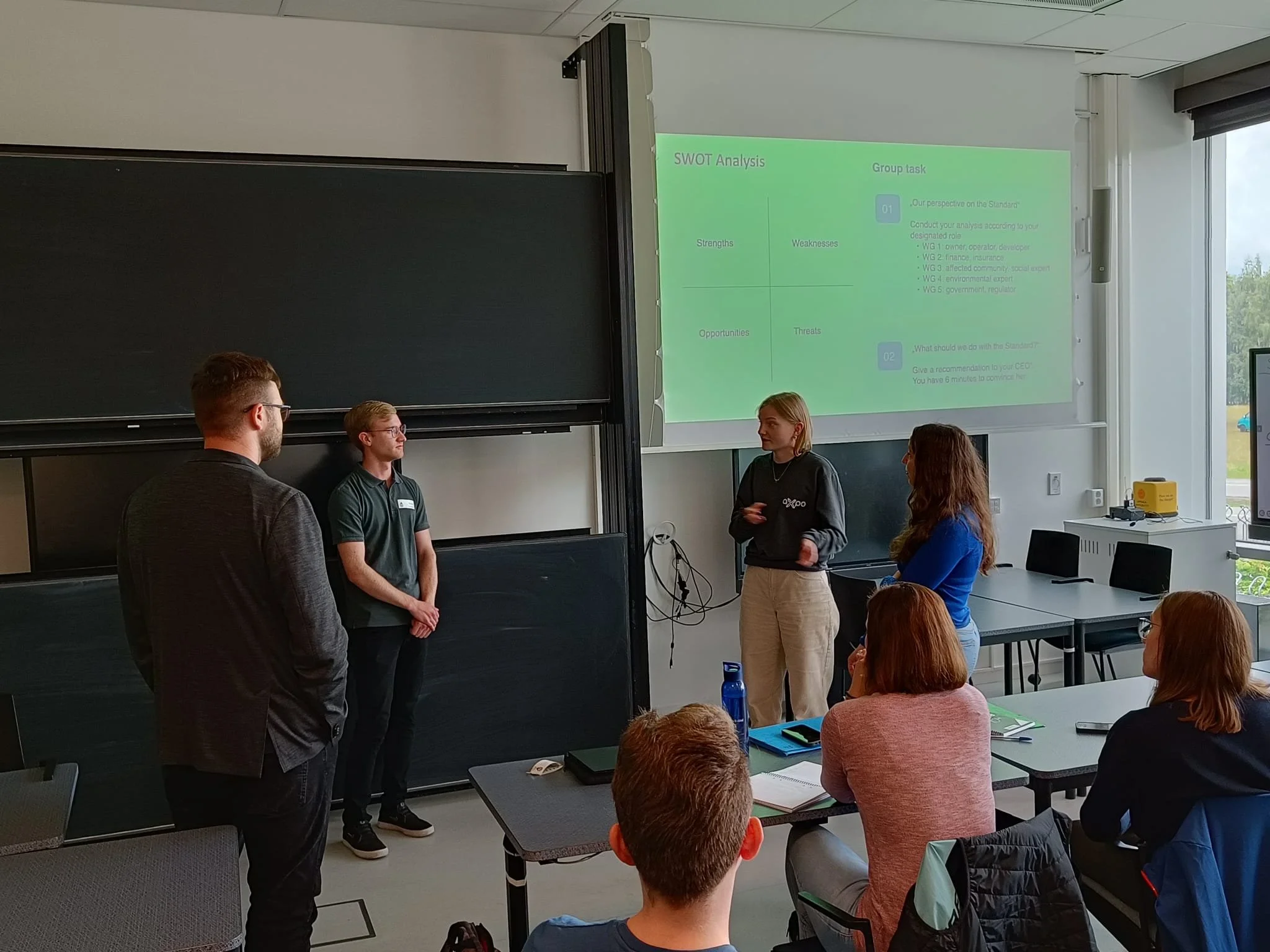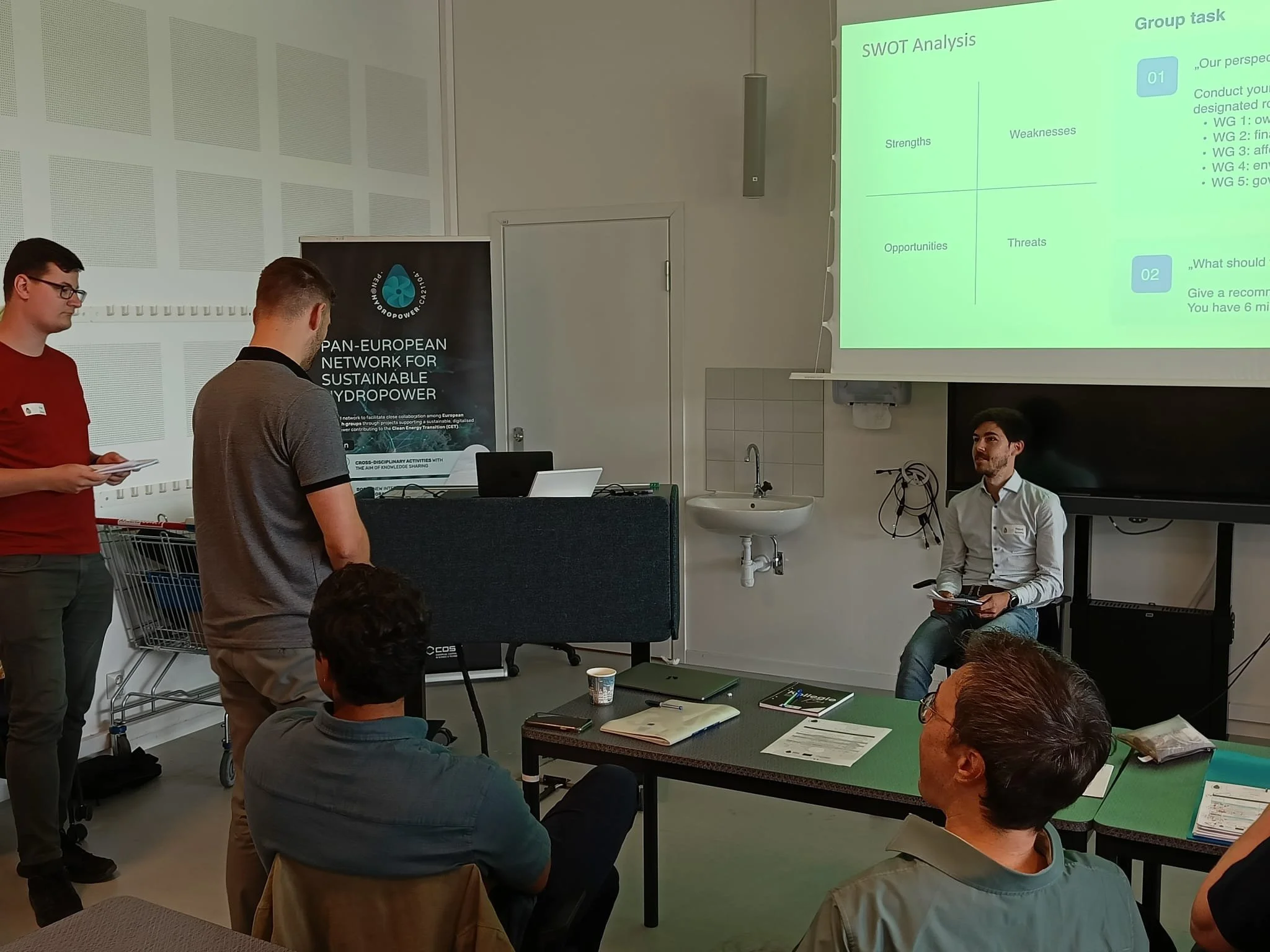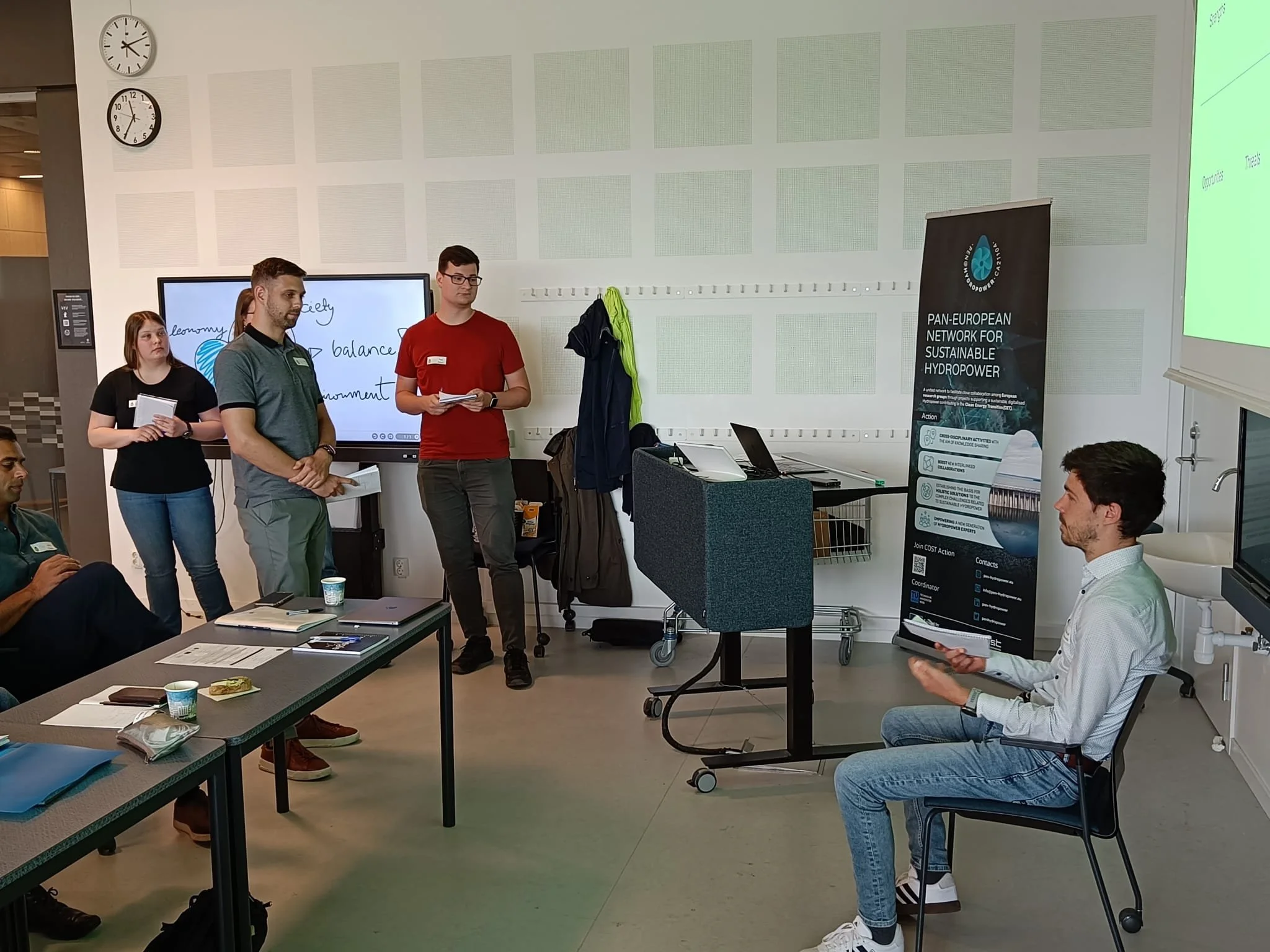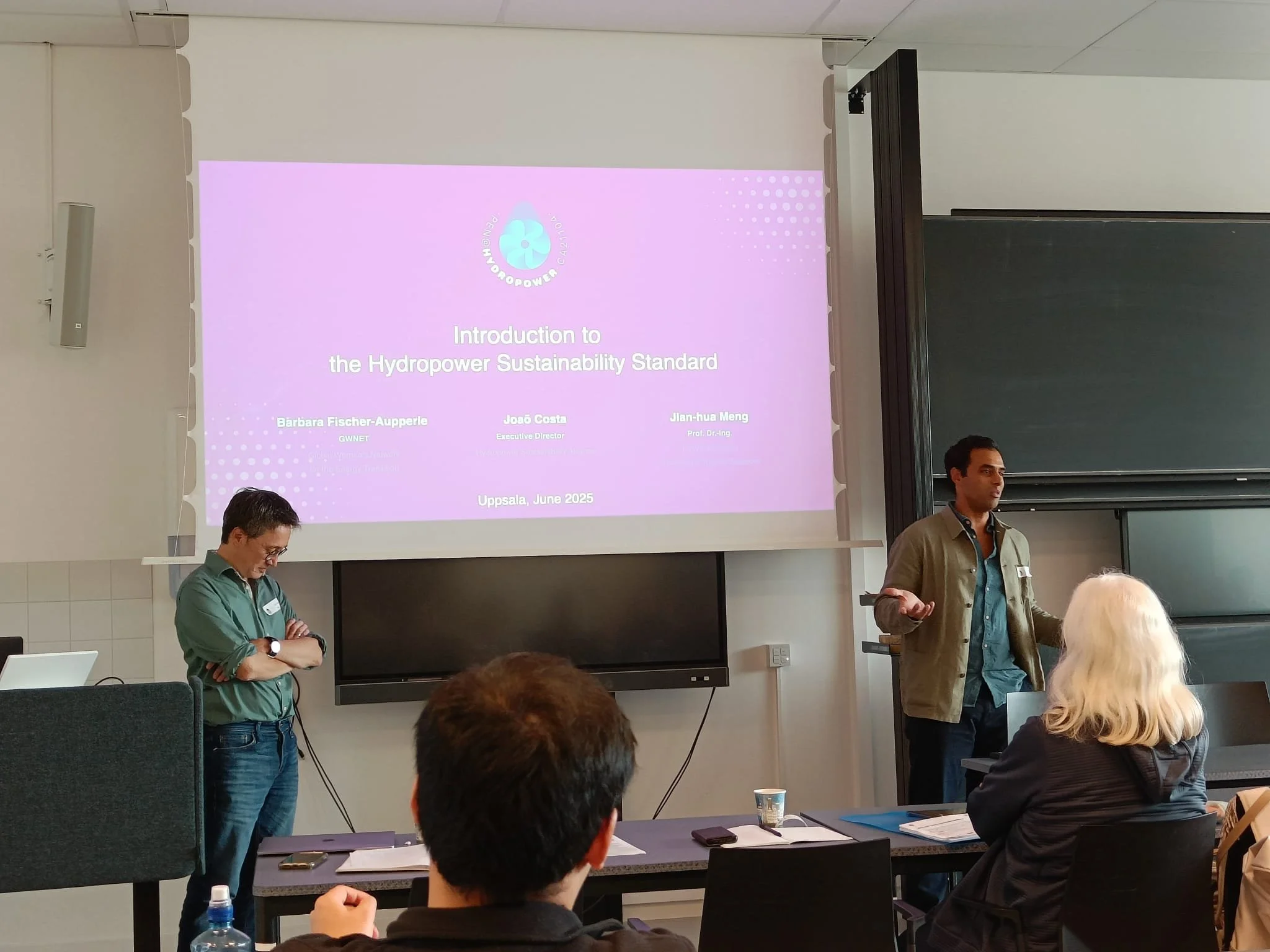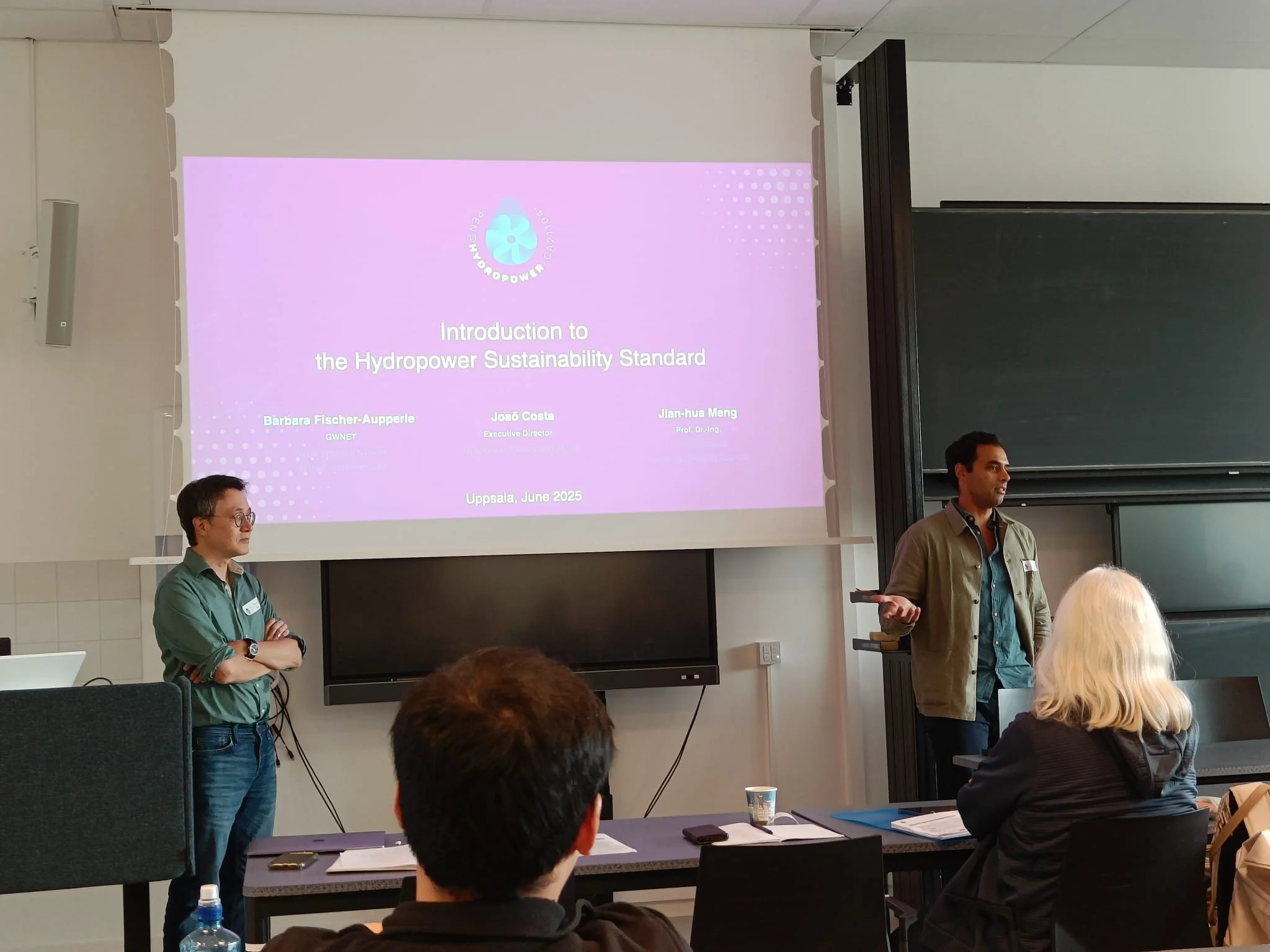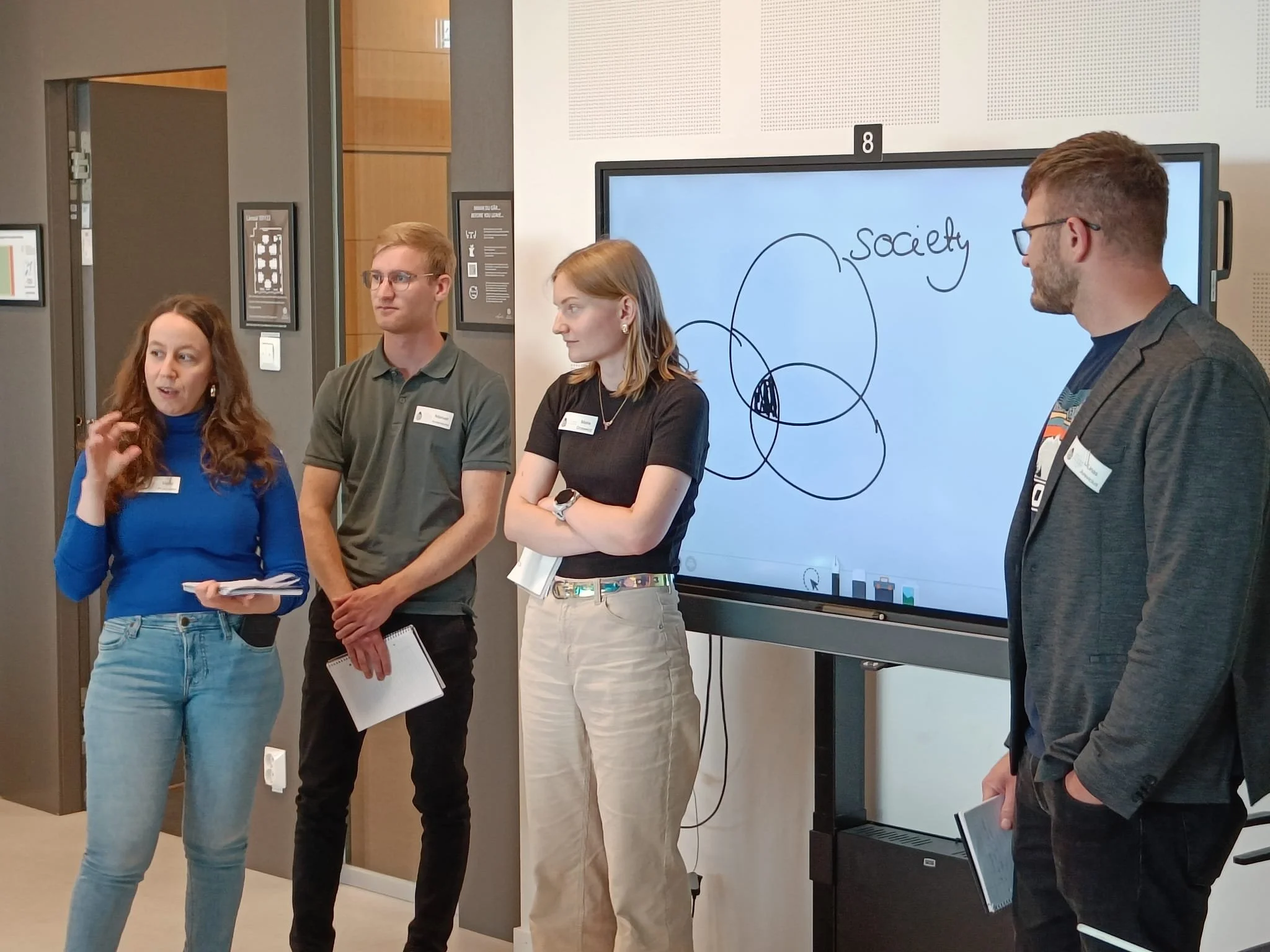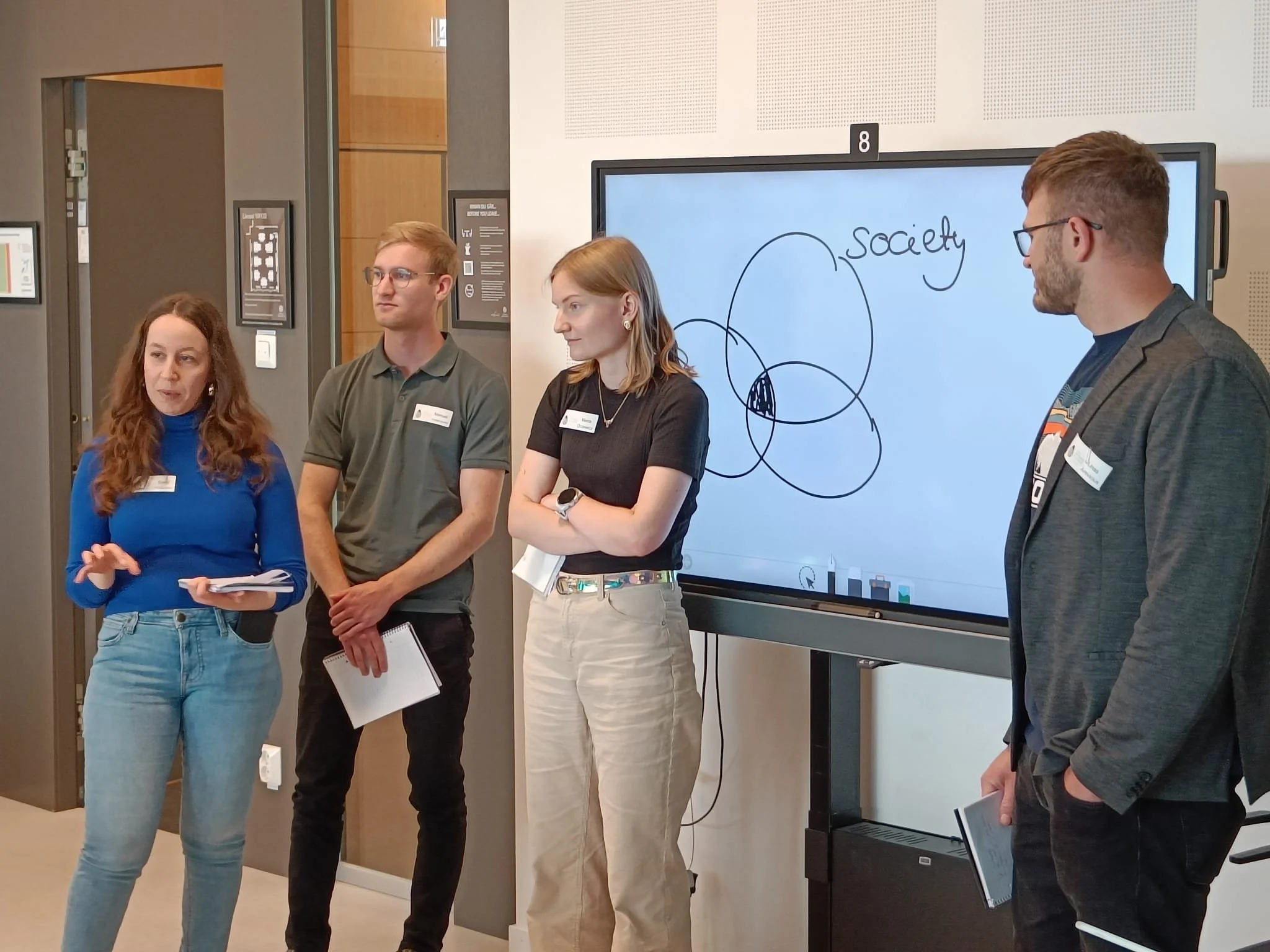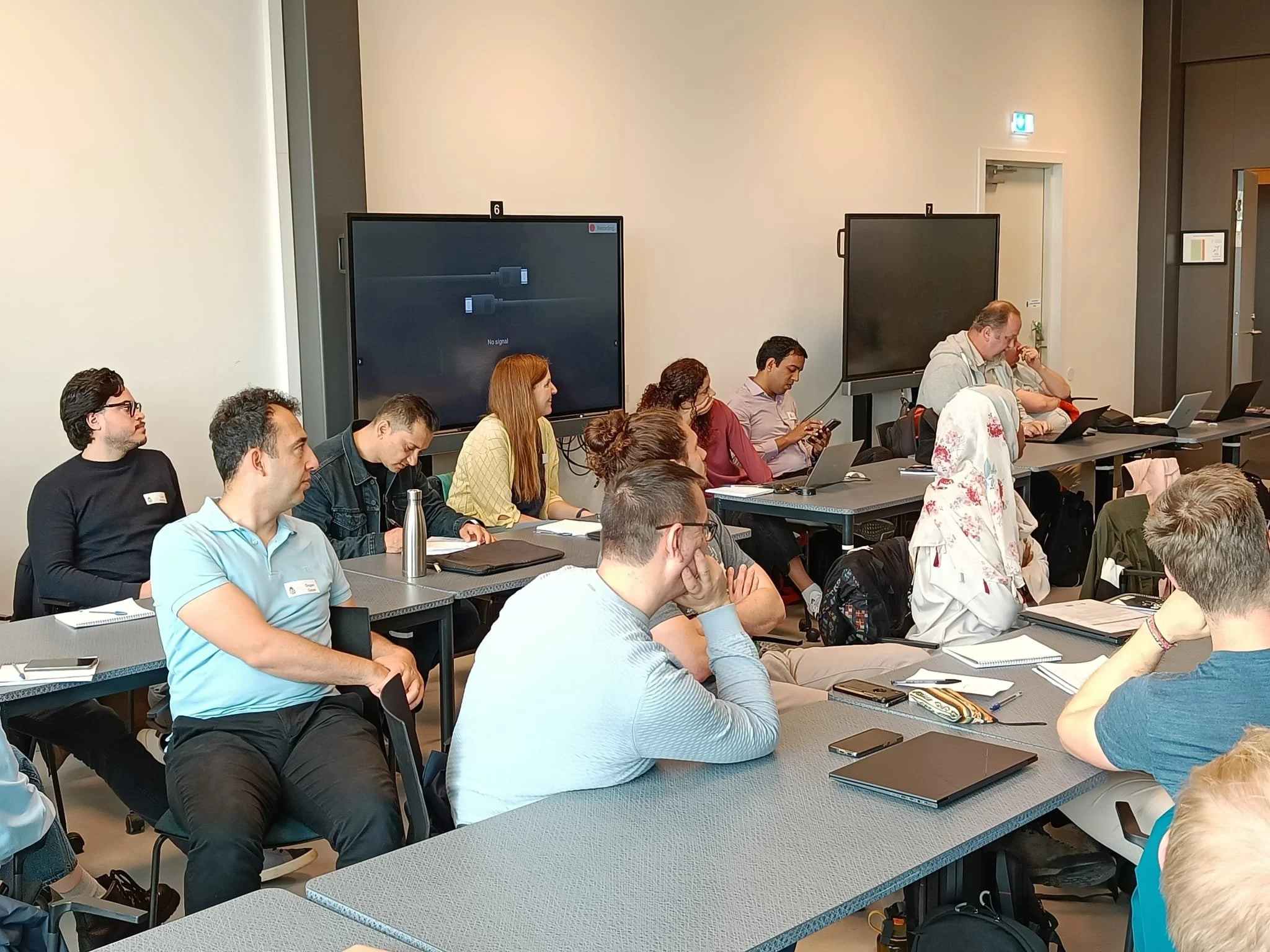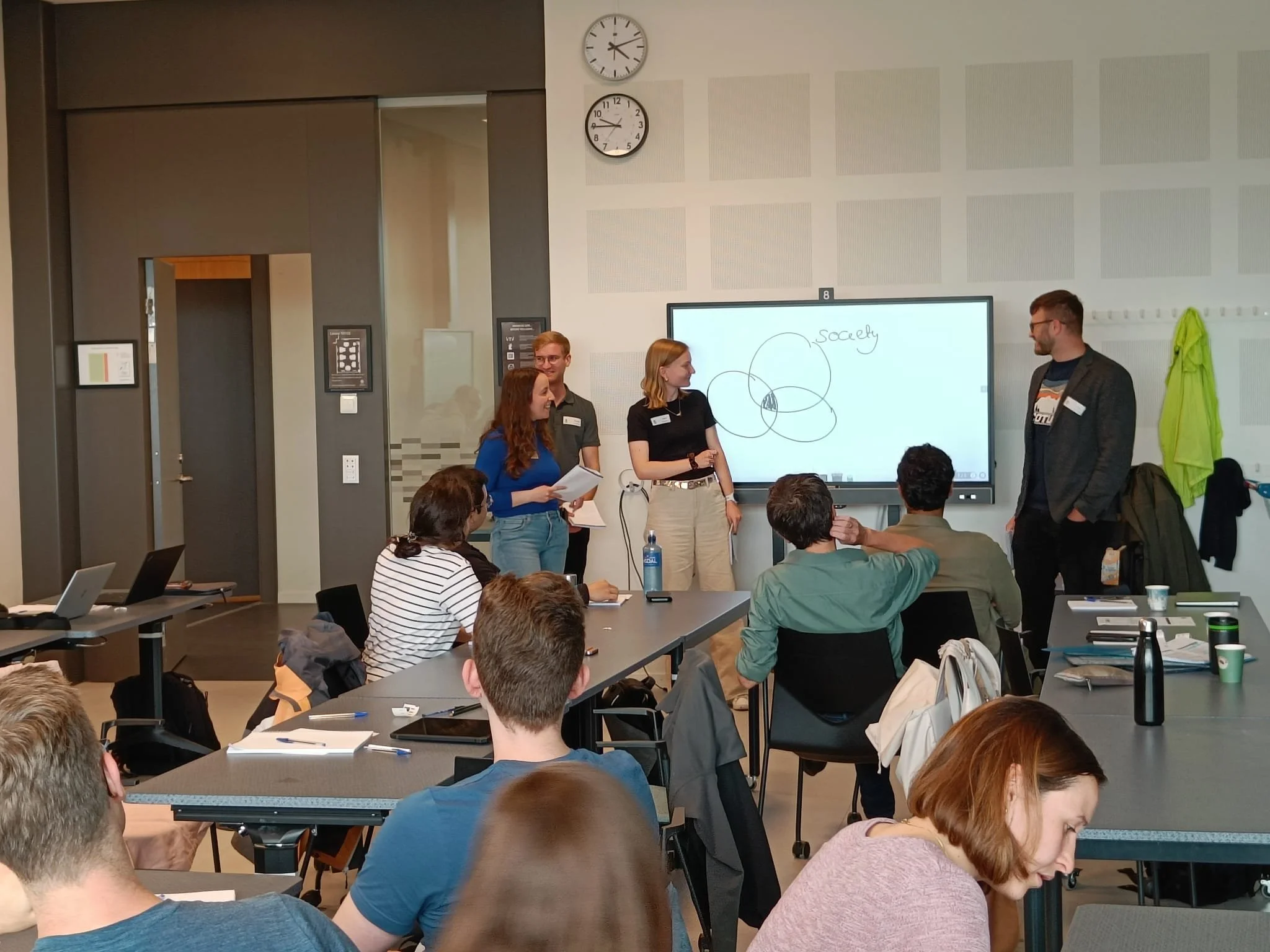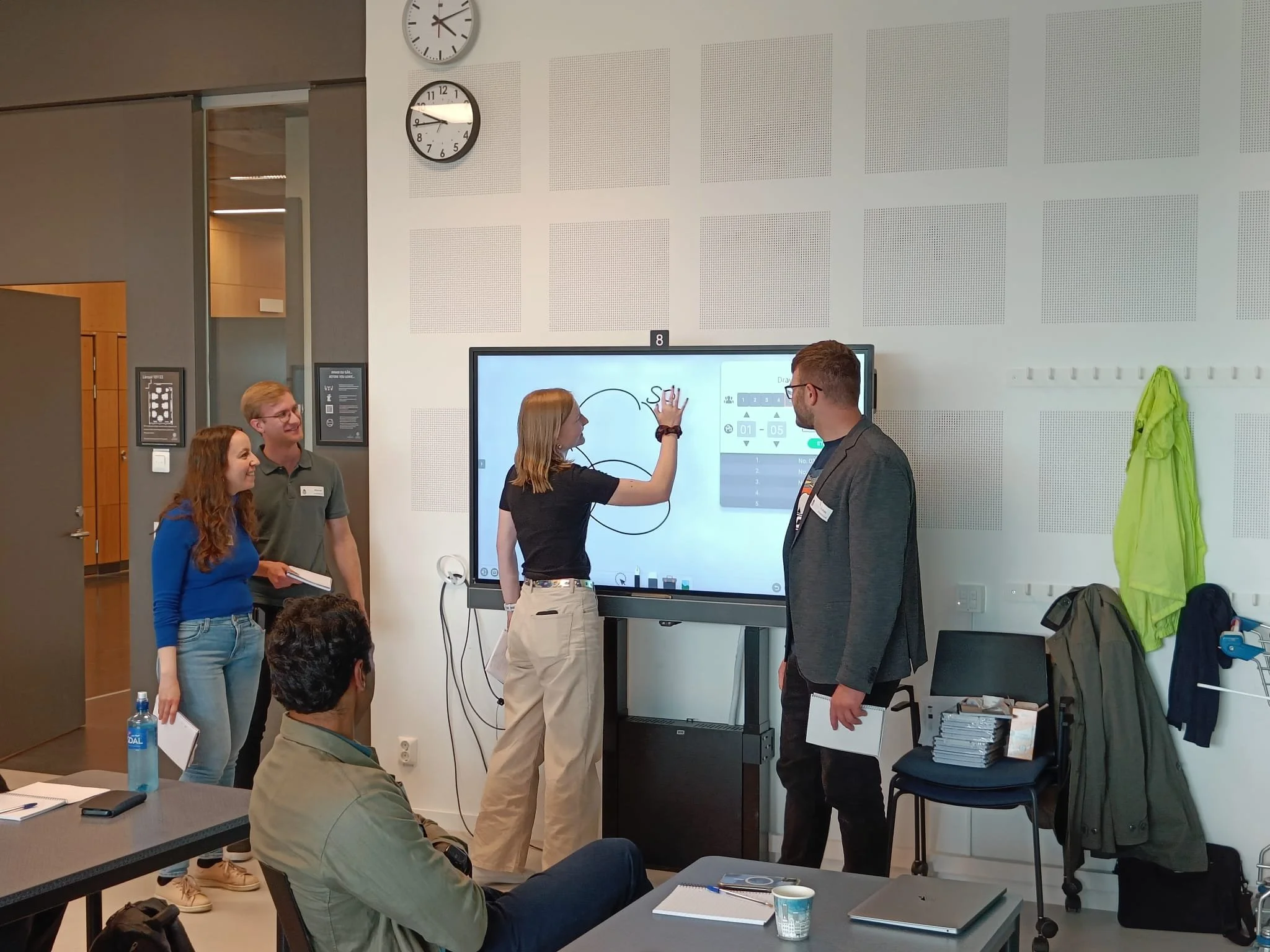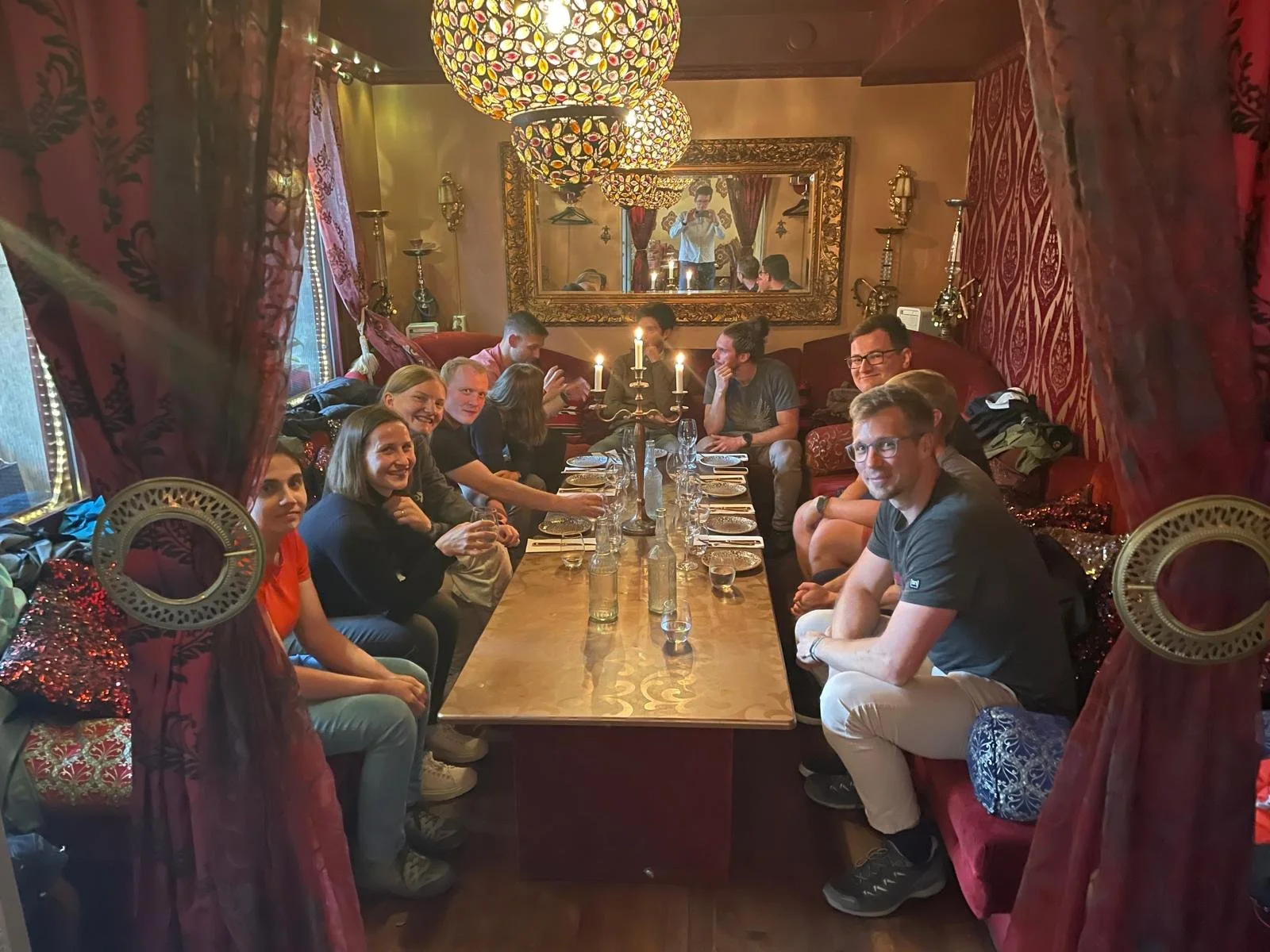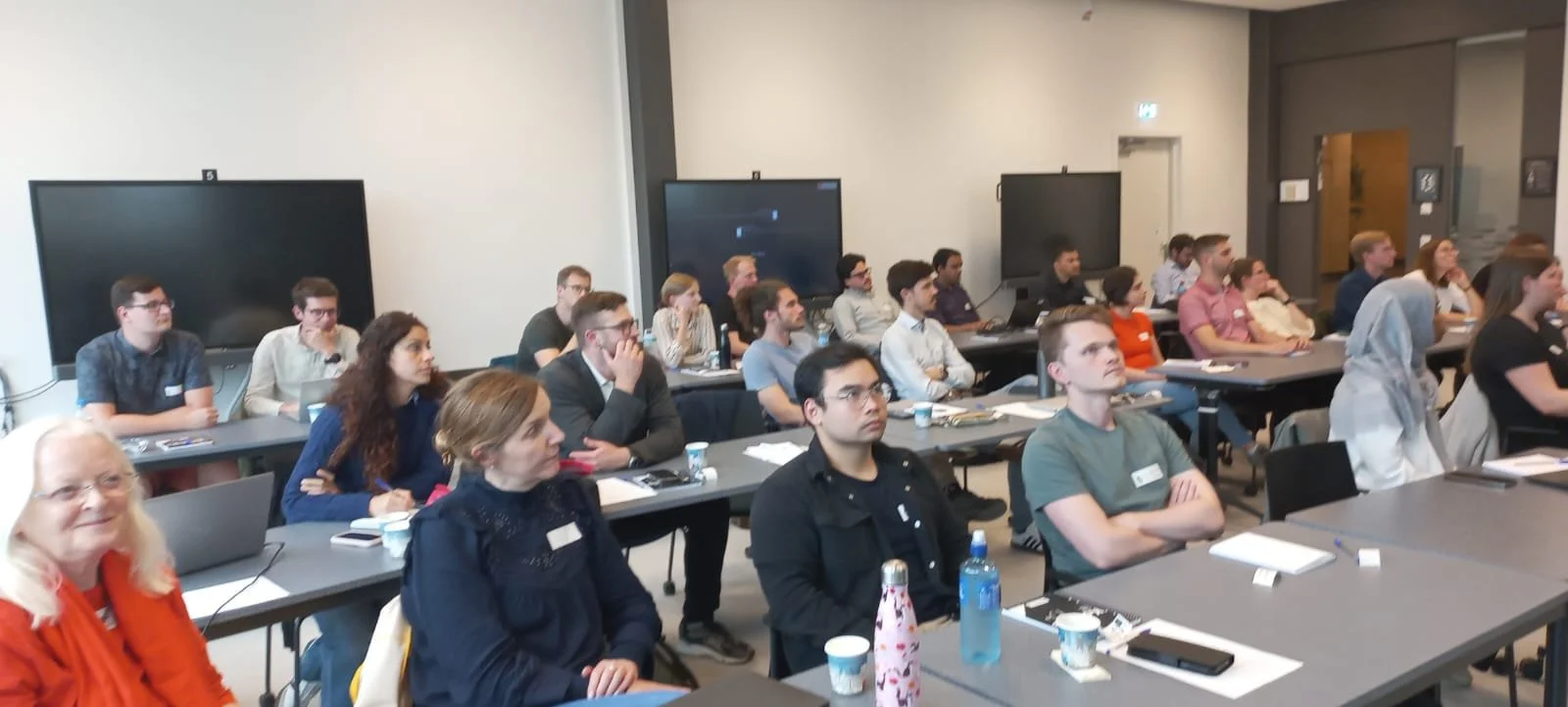
4th Training School
Uppsala, Sweden
Sustainability and Hydropower Professionals Gathered in Sweden for Our Fourth Training School
PEN@Hydropower successfully hosted its fourth Training School (TS 3) on Sustainable Hydropower in Uppsala, Sweden, from June 17th to 20th, 2025. The event was funded by COST Action CA21104, VGBE, EERA, IHA, and co-organised with Uppsala University and Vattenfall. The training brought together 25 participants from academia and industry across Europe and beyond, creating a vibrant learning environment focused on sustainability in the hydropower sector.
Our training school was held at Uppsala University, with field activities hosted by Vattenfall’s R&D Center in Älvkarleby.
Topics & Activities
Introduction to Hydropower Sustainability Standards
Working Group sessions with COST Action CA21104
Stakeholder simulation exercise on hydropower sustainability
Site Visit to Vattenfall’s R&D Center in Älvkarleby
Jõao Costa, Hydropower Sustainability Alliance
Guest Trainer
João Costa is Executive Director of the Hydropower Sustainability Alliance, the multistakeholder standard setting organisation that manages the HS Standard.
He has delivered numerous projects in the field of international development, played a pivotal role in the creation of a new sustainability certification system, and led the foundation of the new HS Alliance.
Dr. Jian-hua Meng, HTWG Hochschule Konstanz
Guest Trainer
Prof. Dr Jian-hua Meng is a senior sustainable hydropower advisor working on sustainable water infrastructure, specifically on hydropower, both at the technical and policy level, and through field support for WWF freshwater programmes. He worked as an engineer and project manager with a consulting group in Germany, planning and implementing water and urban infrastructure projects, river restoration, flood protection, and energy projects. Dr Meng holds a PhD in civil engineering. He is a Professor of water resources management, hydraulic engineering and spatial planning at the University of Applied Sciences in Konstanz / Germany.
Our Trainers
-

Barbara Fischer-Aupperle
-
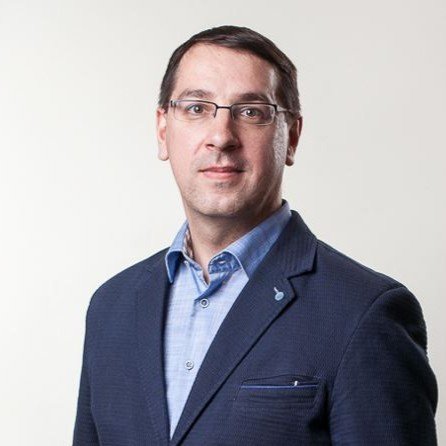
Egidijus Kasiulis
-
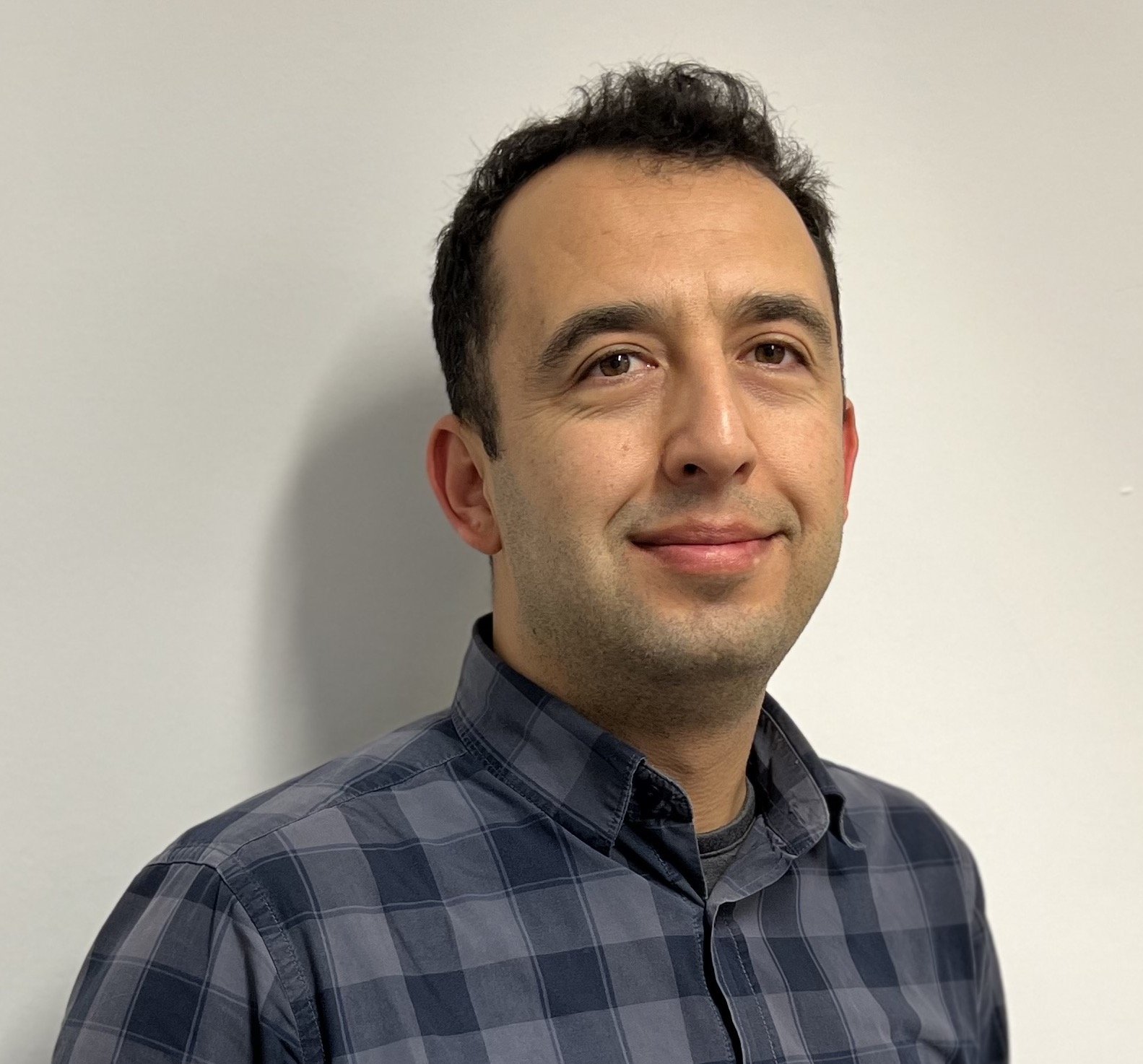
Dogan Gezer
-
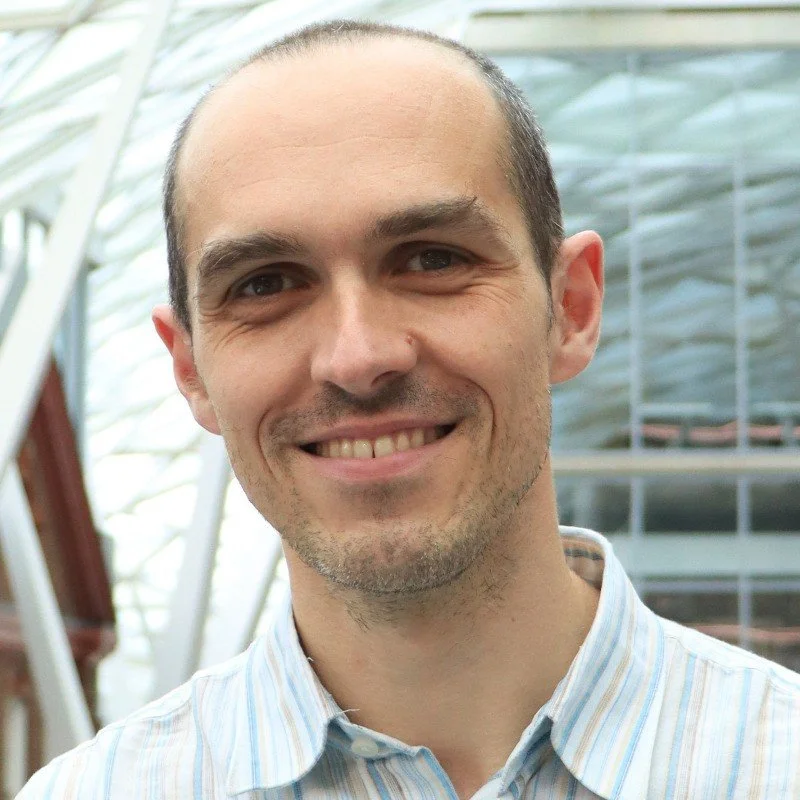
Charles Rougé
-

Marie-Pierre Gosselin
Key Highlights
The sessions provided participants with a comprehensive understanding of sustainable hydropower, exploring key environmental and social dimensions as well as stakeholder perspectives and governance challenges. Key presentations and activities included:
Hydropower Sustainability Standard (HS Standard): Jian-hua Meng (HTWG Hochschule Konstanz) and João Costa (Hydropower Sustainability Alliance) led participants through the principles and application of the HS Standard. Attendees took on the roles of different stakeholders—ranging from developers to environmental NGOs—in a simulation exercise designed to reflect real-world decision-making.
Working Group Presentations: Representatives from the five COST Action CA21104 Working Groups shared their latest research and activities:
WG1: Charles Rougé
WG2: Dogan Gezer
WG3: Marie-Pierre Gosselin, PhD
WG4: Egidijus Kasiulis
WG5: Barbara Fischer-Aupperle
These sessions helped participants situate hydropower sustainability within broader European research and policy frameworks.
Field Visit to Vattenfall’s R&D Center in Älvkarleby
A key part of the Training School was a site visit to the Vattenfall Research & Development Center in Älvkarleby, a leading European hub for hydropower innovation. Located along the Dalälven River, the center showcased:
The Laxelerator: A cutting-edge simulation facility for studying fish migration, particularly salmon and eel, and developing fish-friendly infrastructure such as ladders and bypass channels, aligned with the EU Water Framework Directive.
The Digital Inspection Lab: An overview of Vattenfall’s latest digital technologies for infrastructure monitoring, efficiency, and sustainability.
Participants used their on-site experience to carry out stakeholder-based sustainability assessments of the Älvkarleby facility. Teams worked collaboratively to reflect on the trade-offs and challenges in balancing energy generation with environmental and community concerns.
Guest Speakers and Final Reflections
The Training School featured expert facilitators including João Costa, Executive Director of the Hydropower Sustainability Alliance, and Jian-hua Meng, member of the Hydropower Sustainability Council’s Governance Committee. Their guidance helped frame hydropower sustainability within both technical and policy dimensions, emphasizing the role of certification systems in shaping the sector’s future.
The four-day event concluded with participant presentations and a certificate ceremony. The feedback underscored the value of interdisciplinary exchange, hands-on learning, and the creation of a new network of young professionals dedicated to advancing sustainable hydropower across Europe.
A warm thank you to our Swedish hosts—Prof. Urban Lundin (Uppsala University) and Mats Billstein (Vattenfall)—as well as to our organising and training team:
Sebastian Muntean, Eduard Doujak, Charles Rougé, Dogan Gezer, Marie-Pierre Gosselin, Egidijus Kasiulis, Barbara Fischer-Aupperle, Jian-hua Meng, João Costa, and Daniel Patauner.
Video Recap: Reliving the highlights
